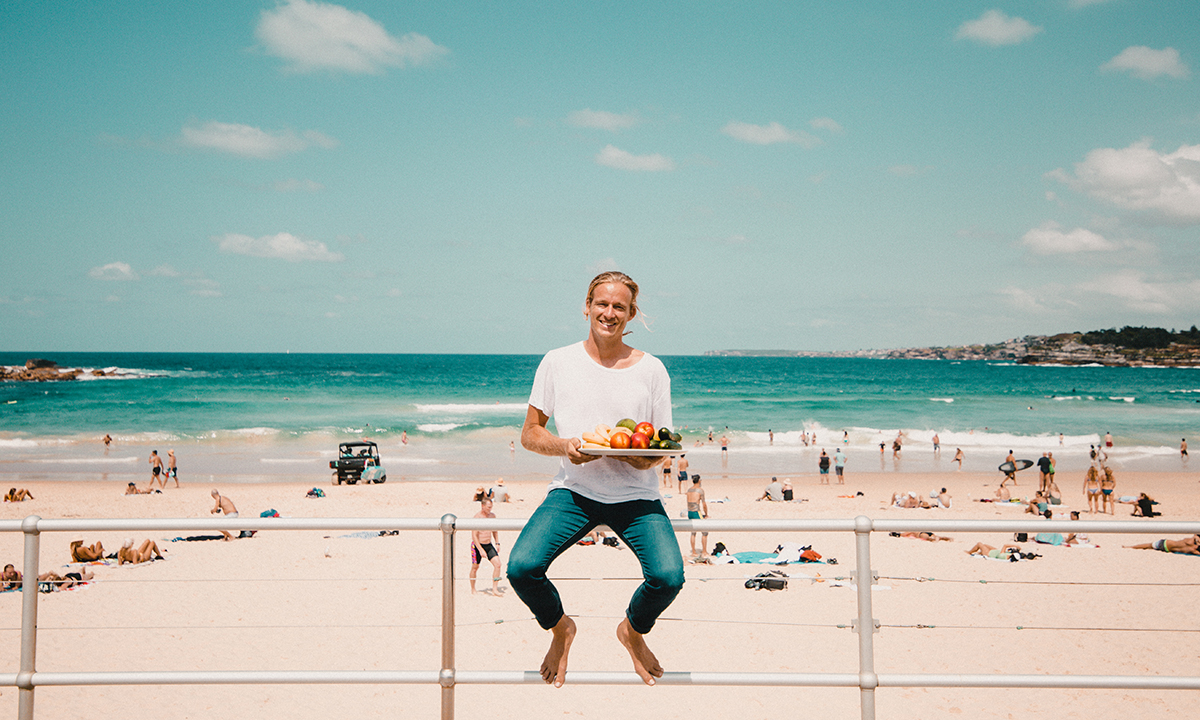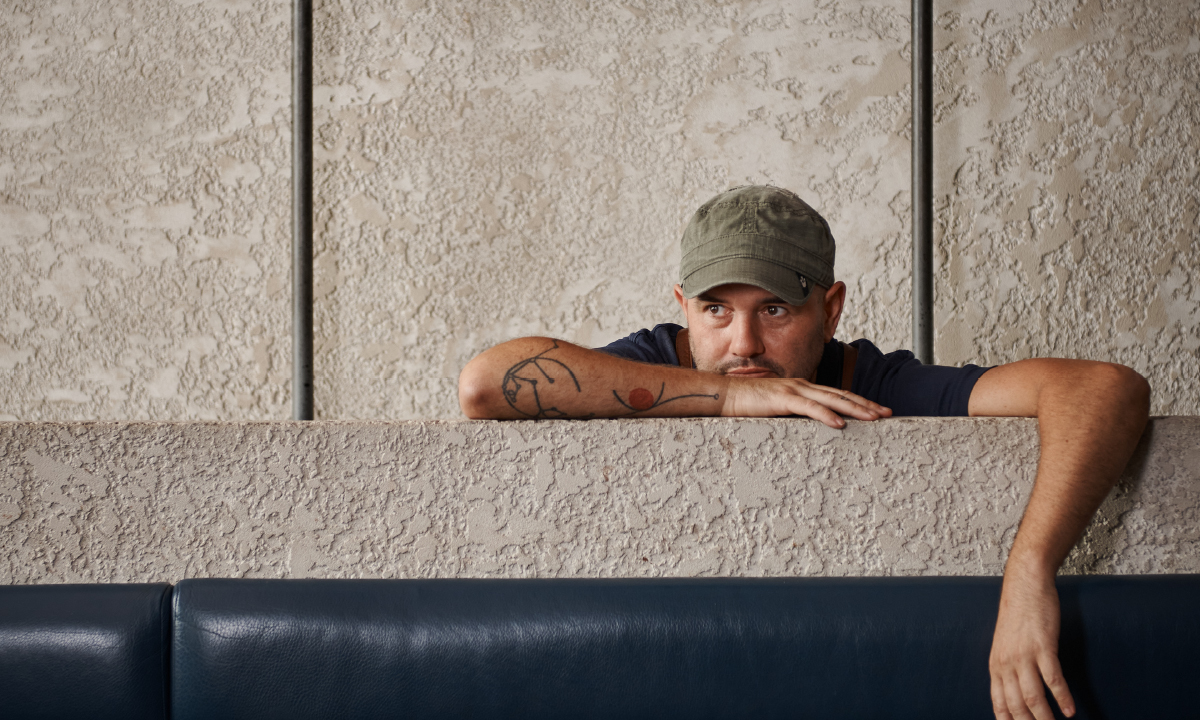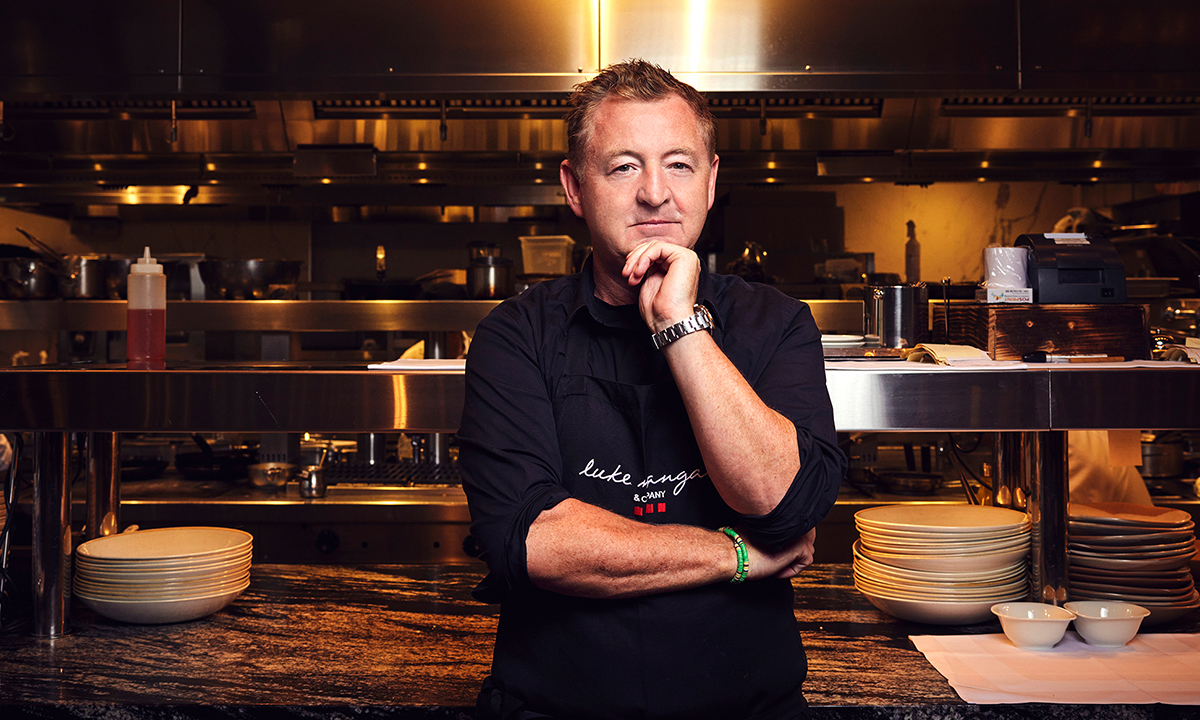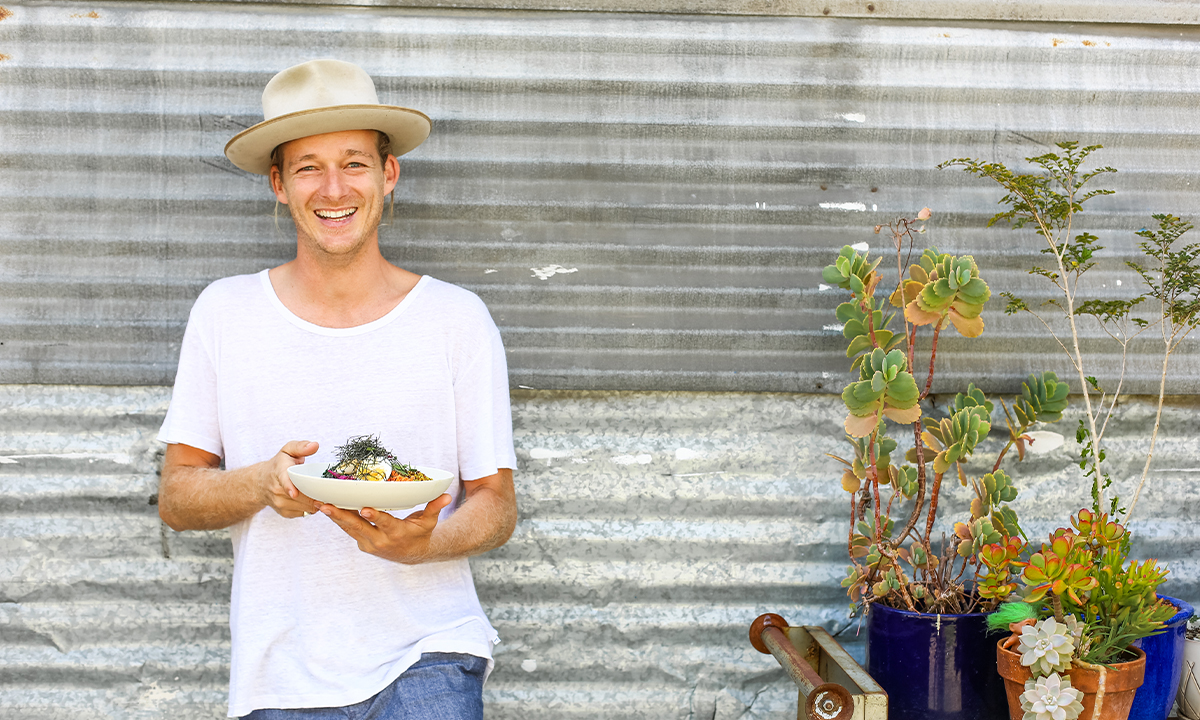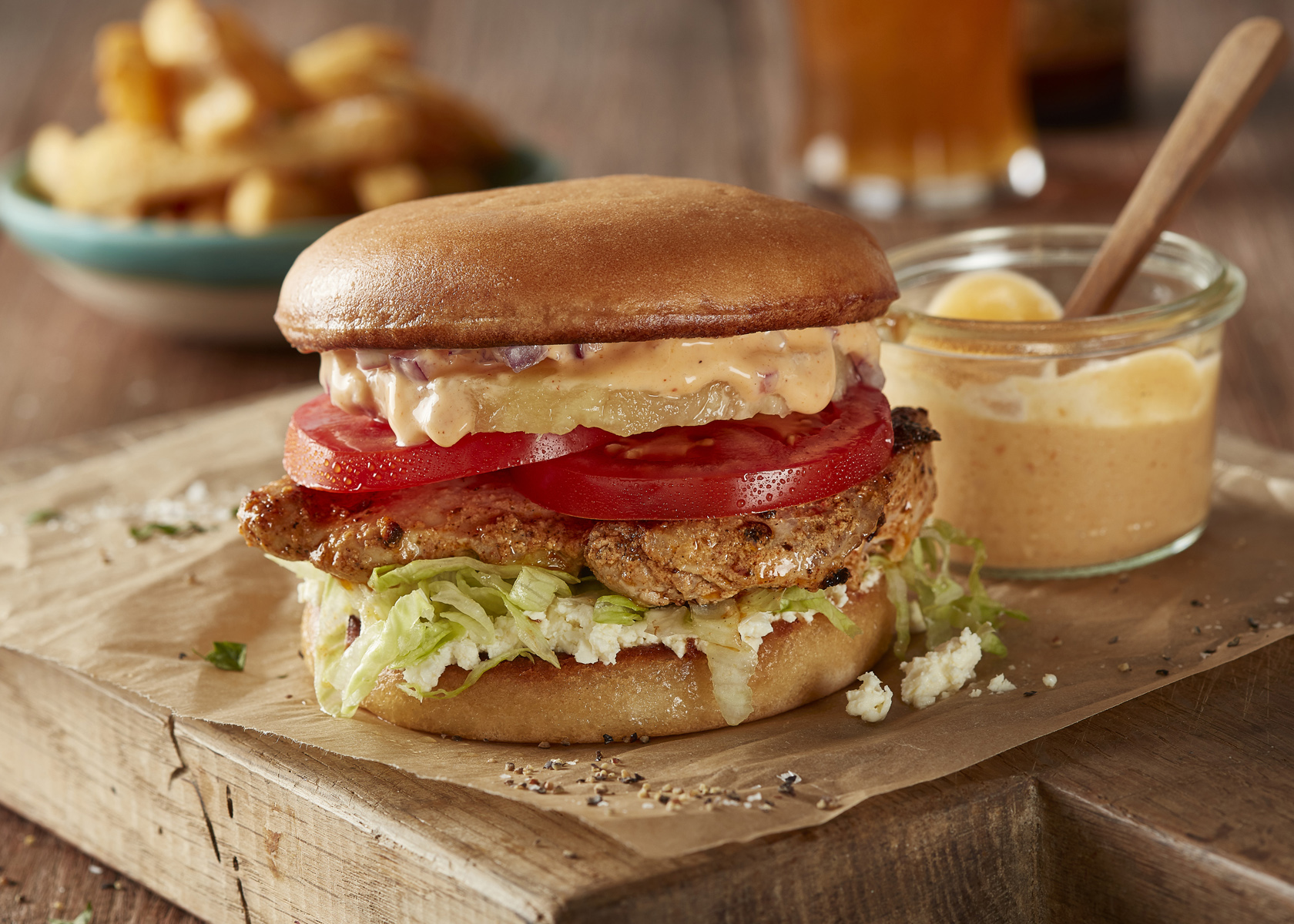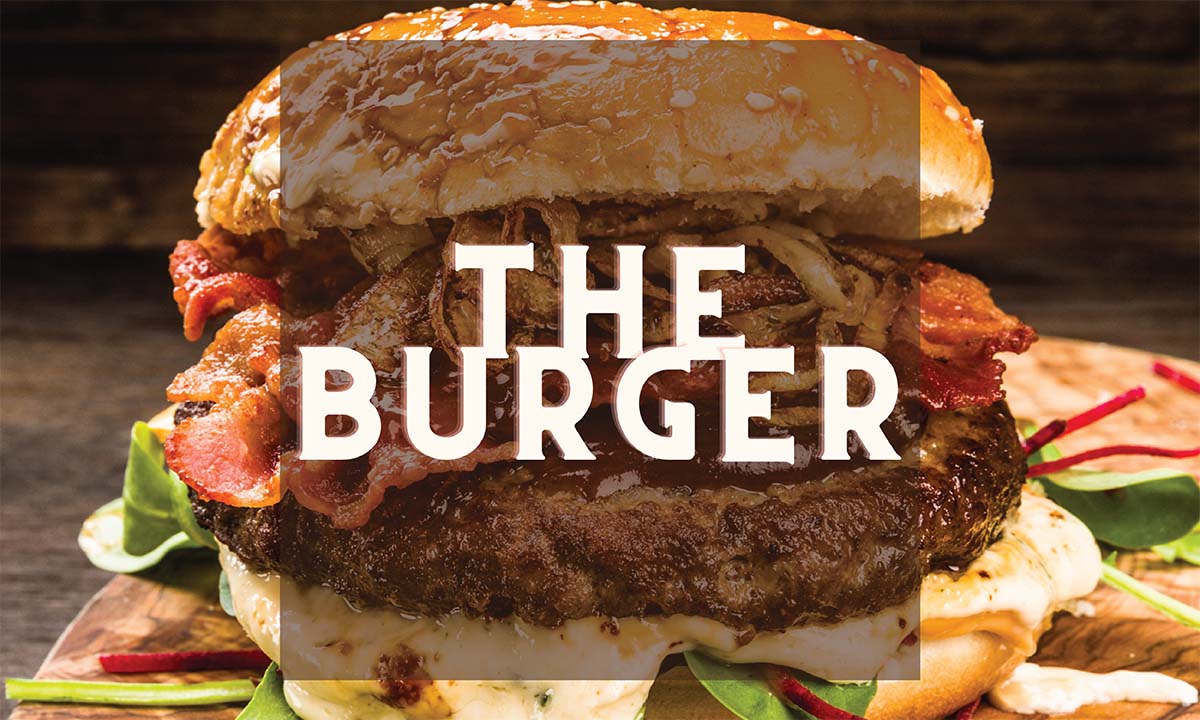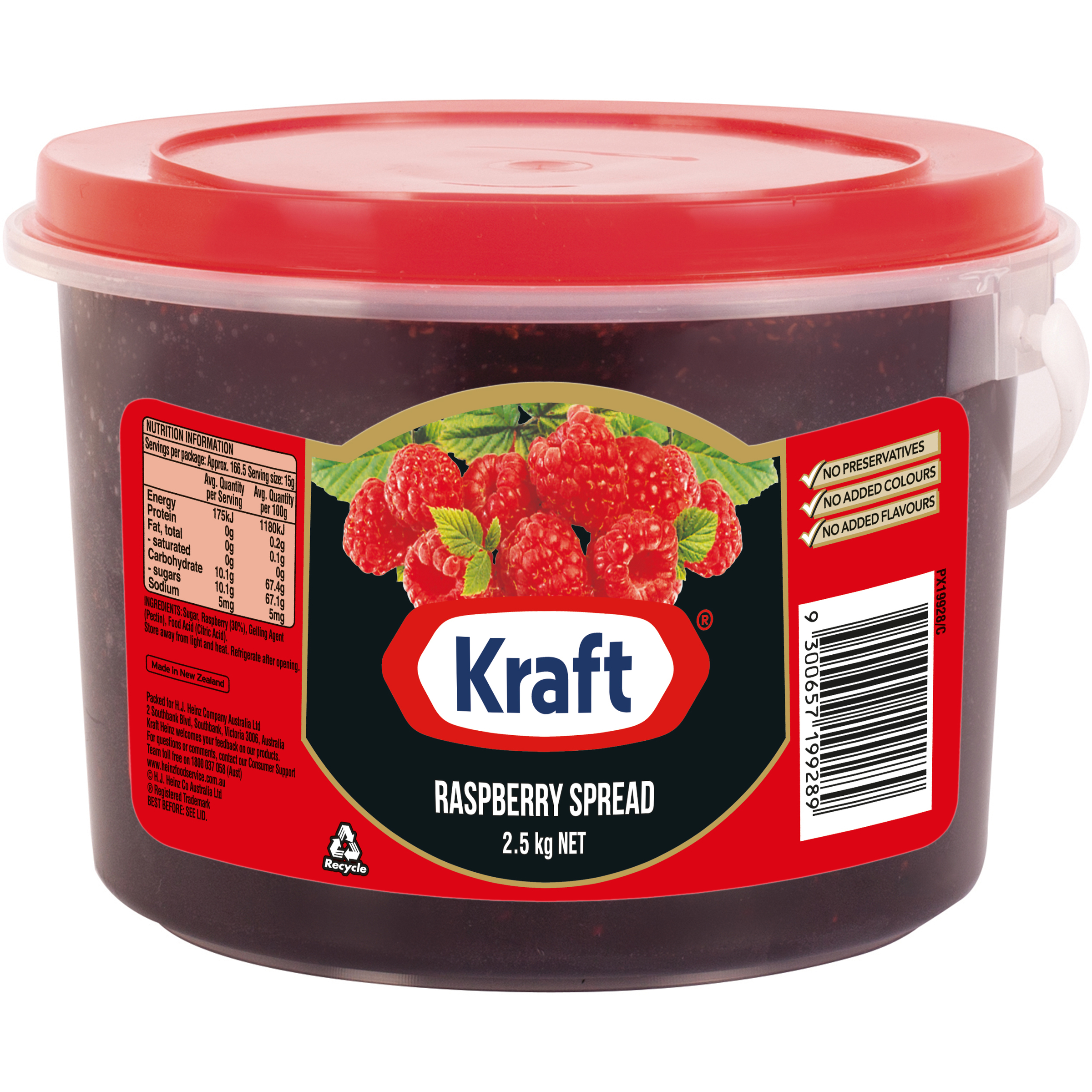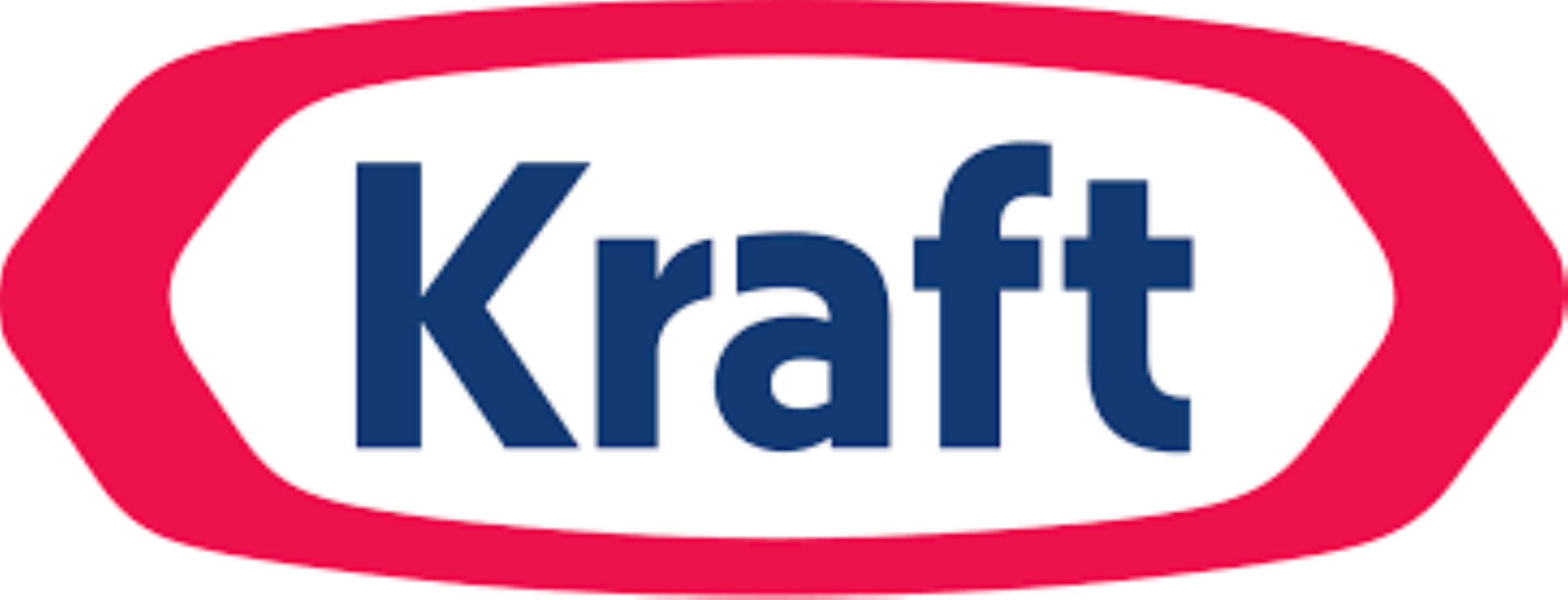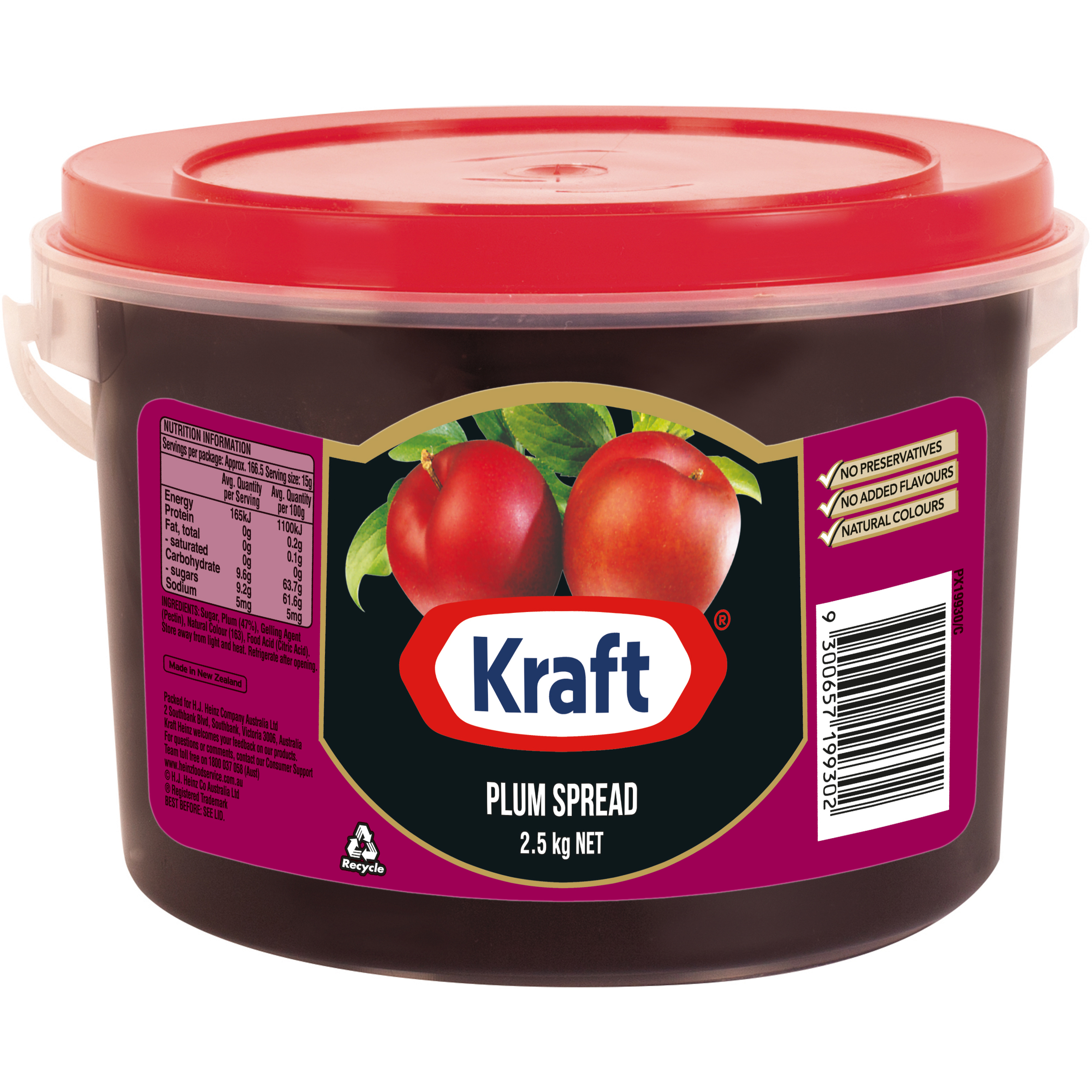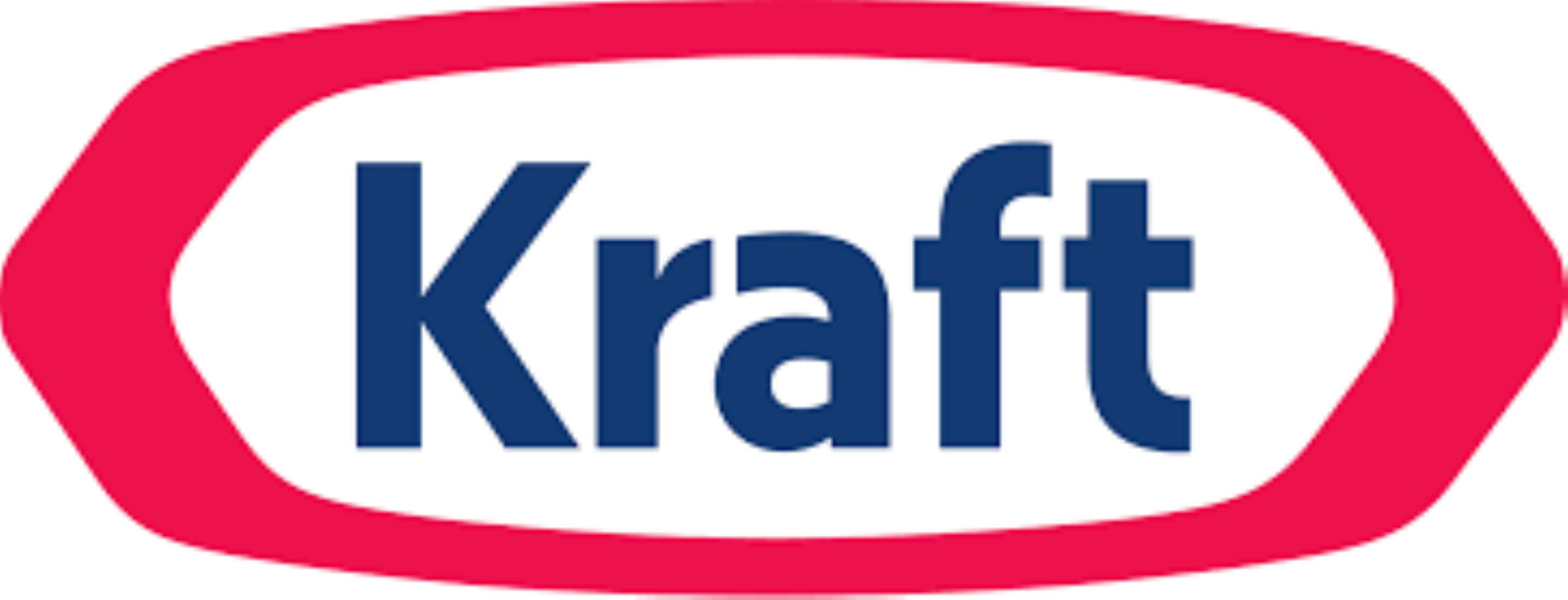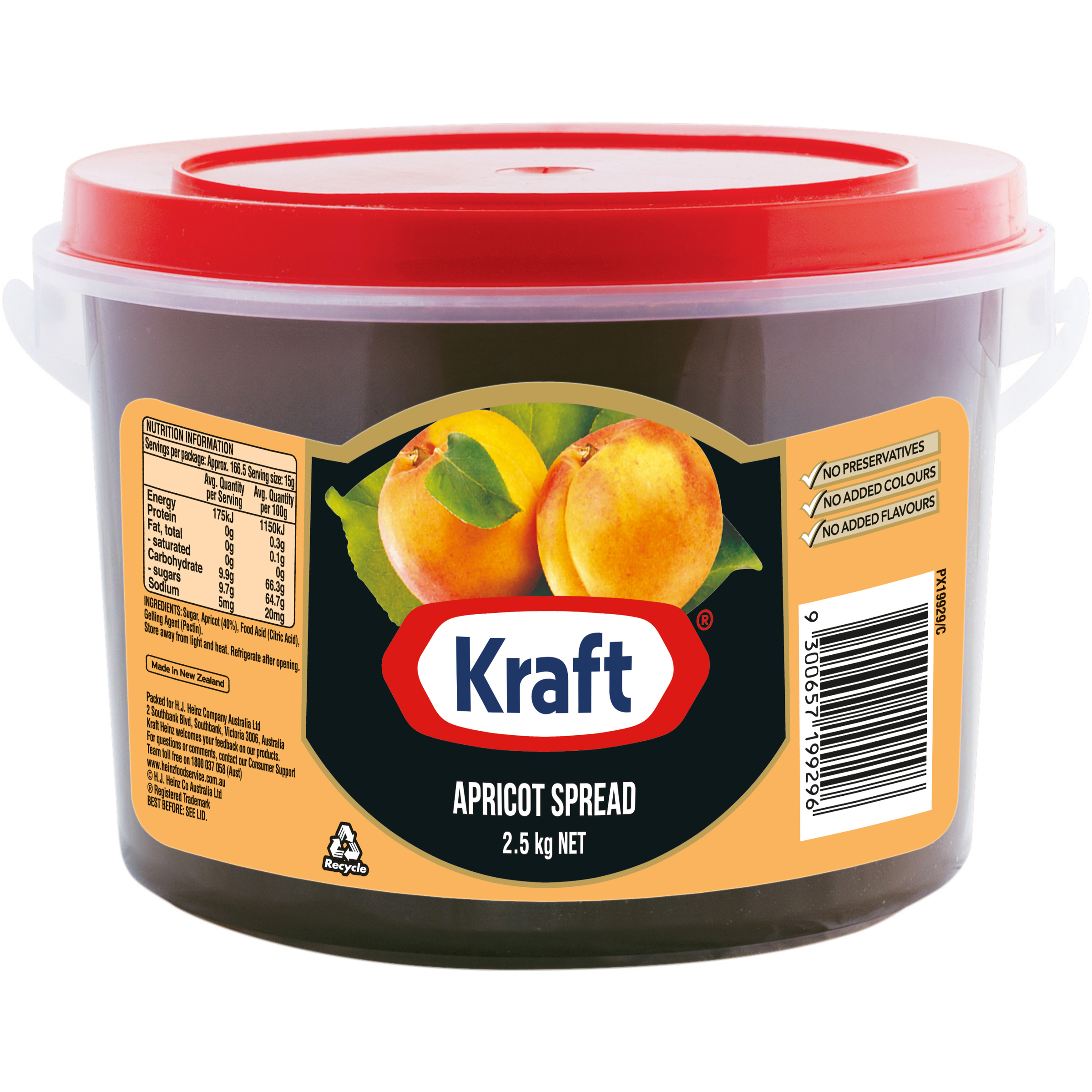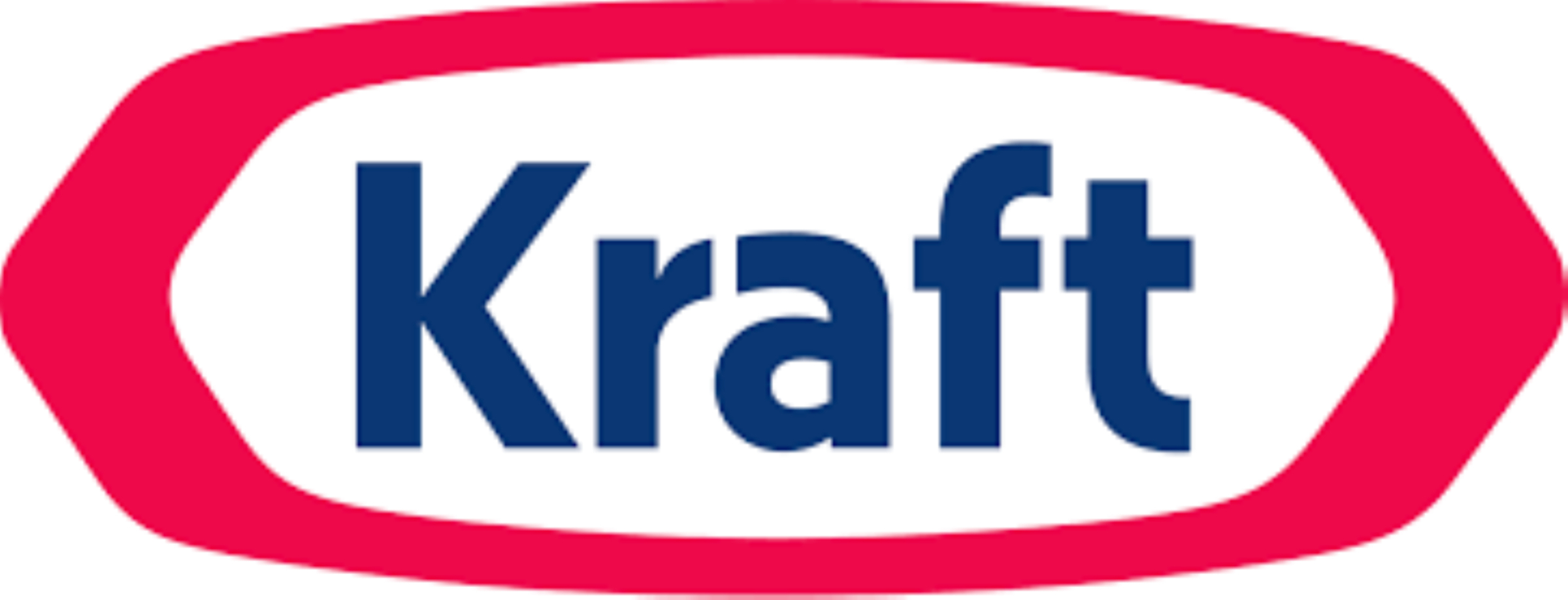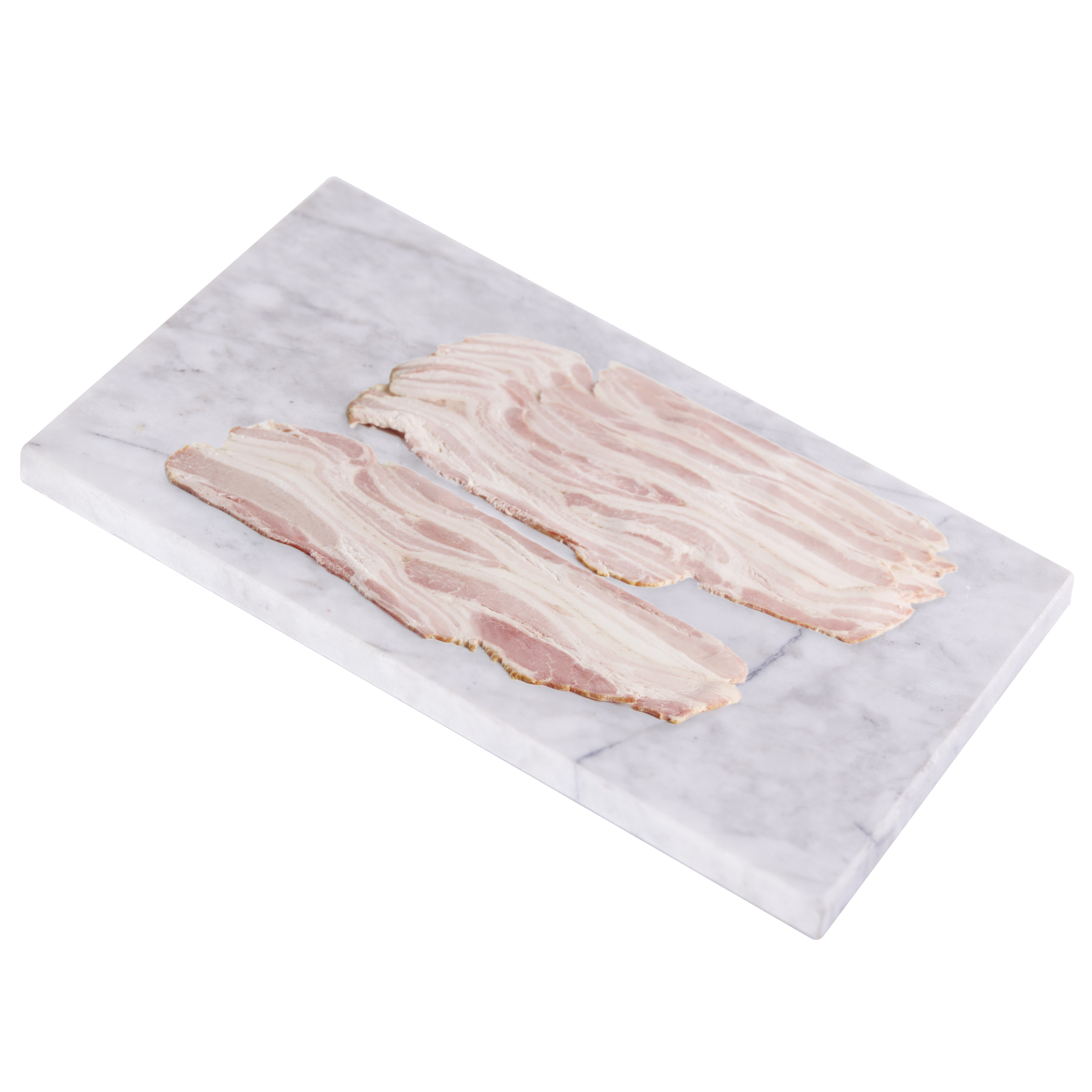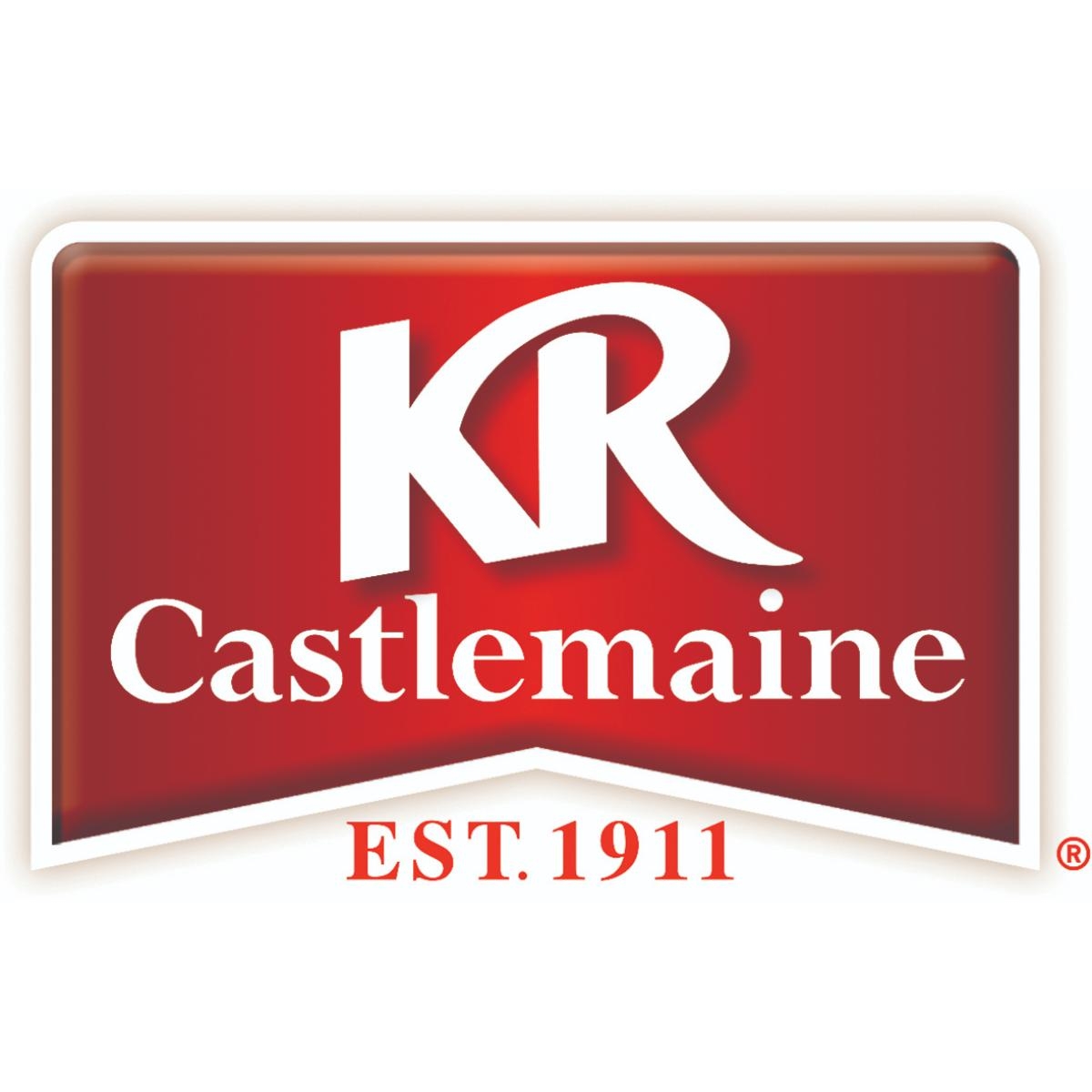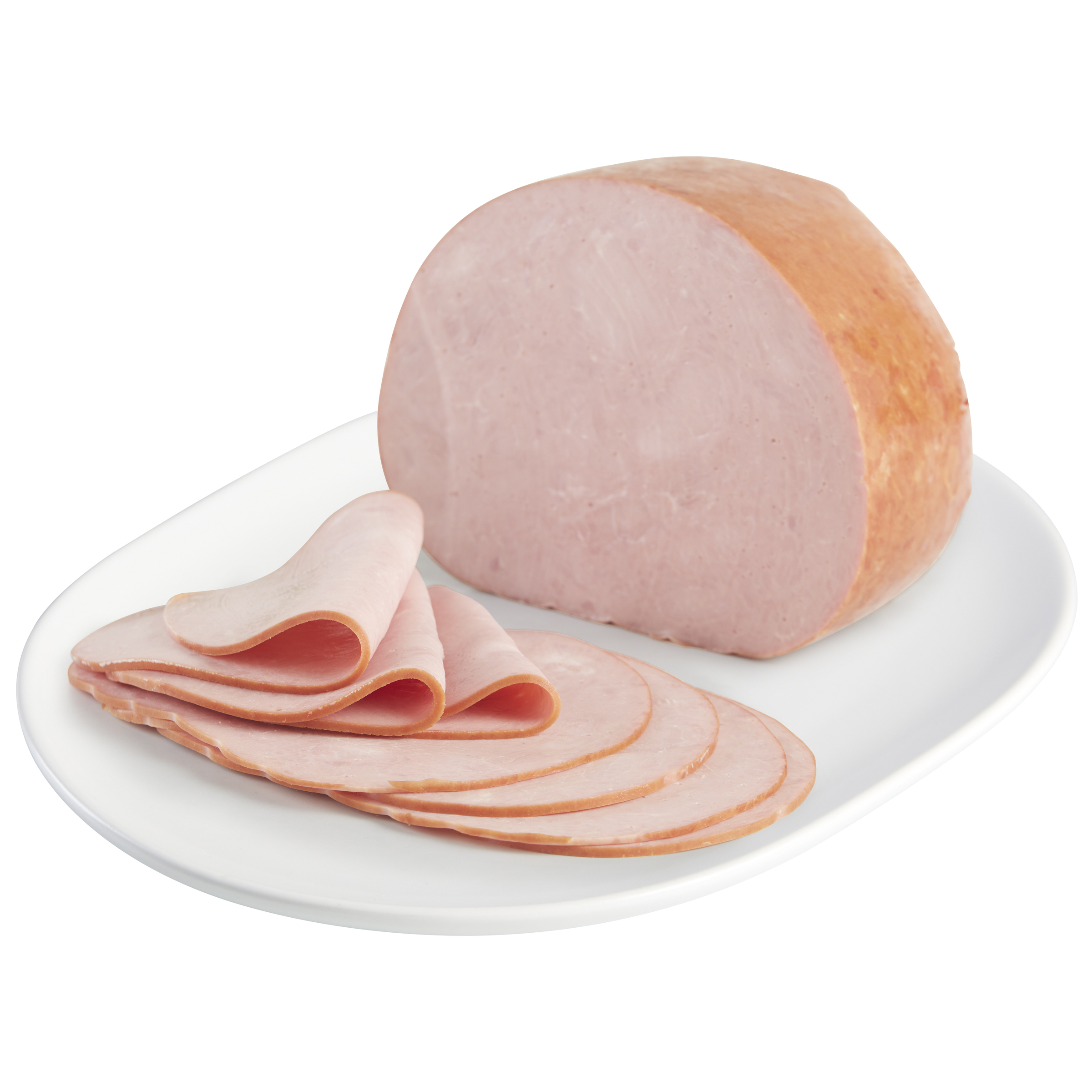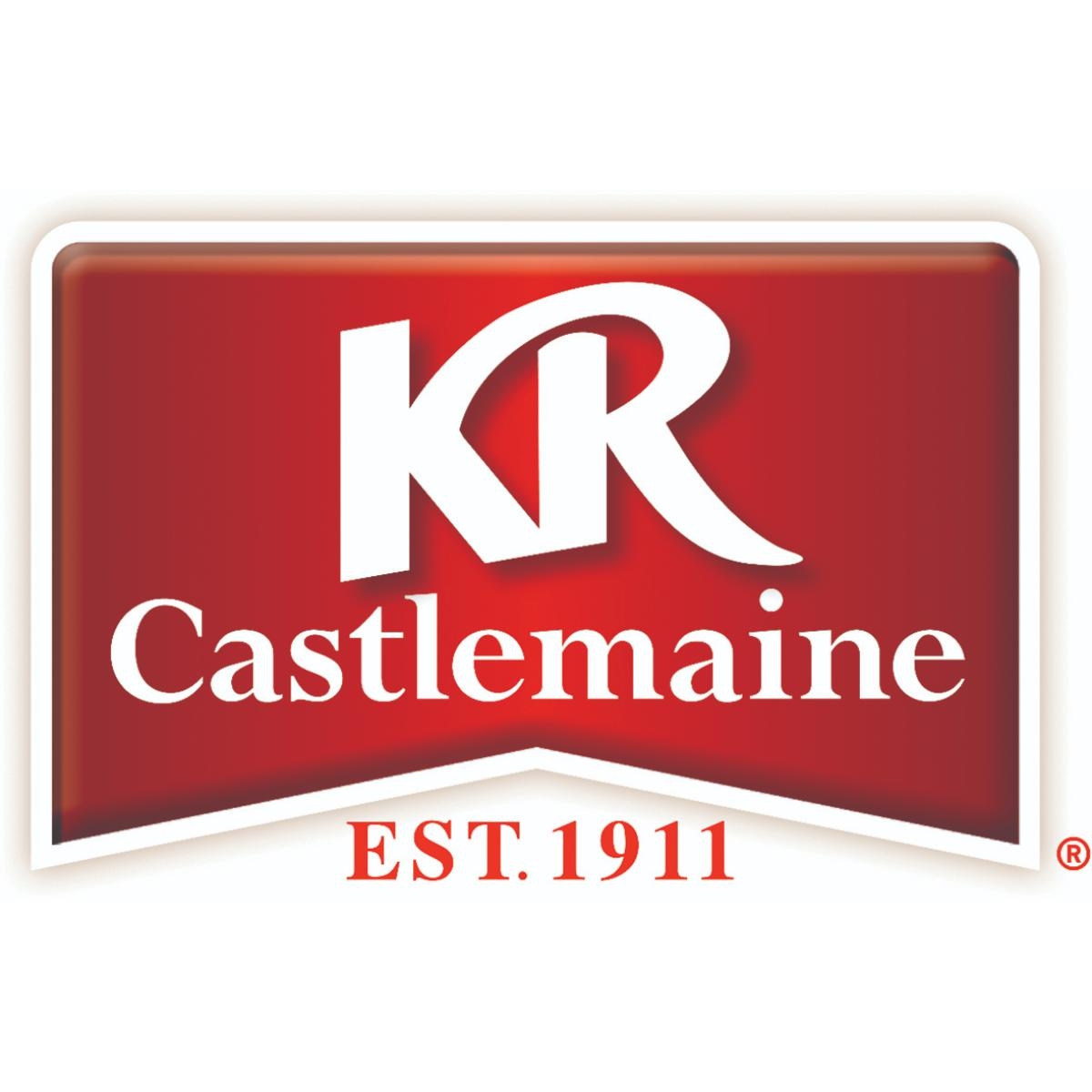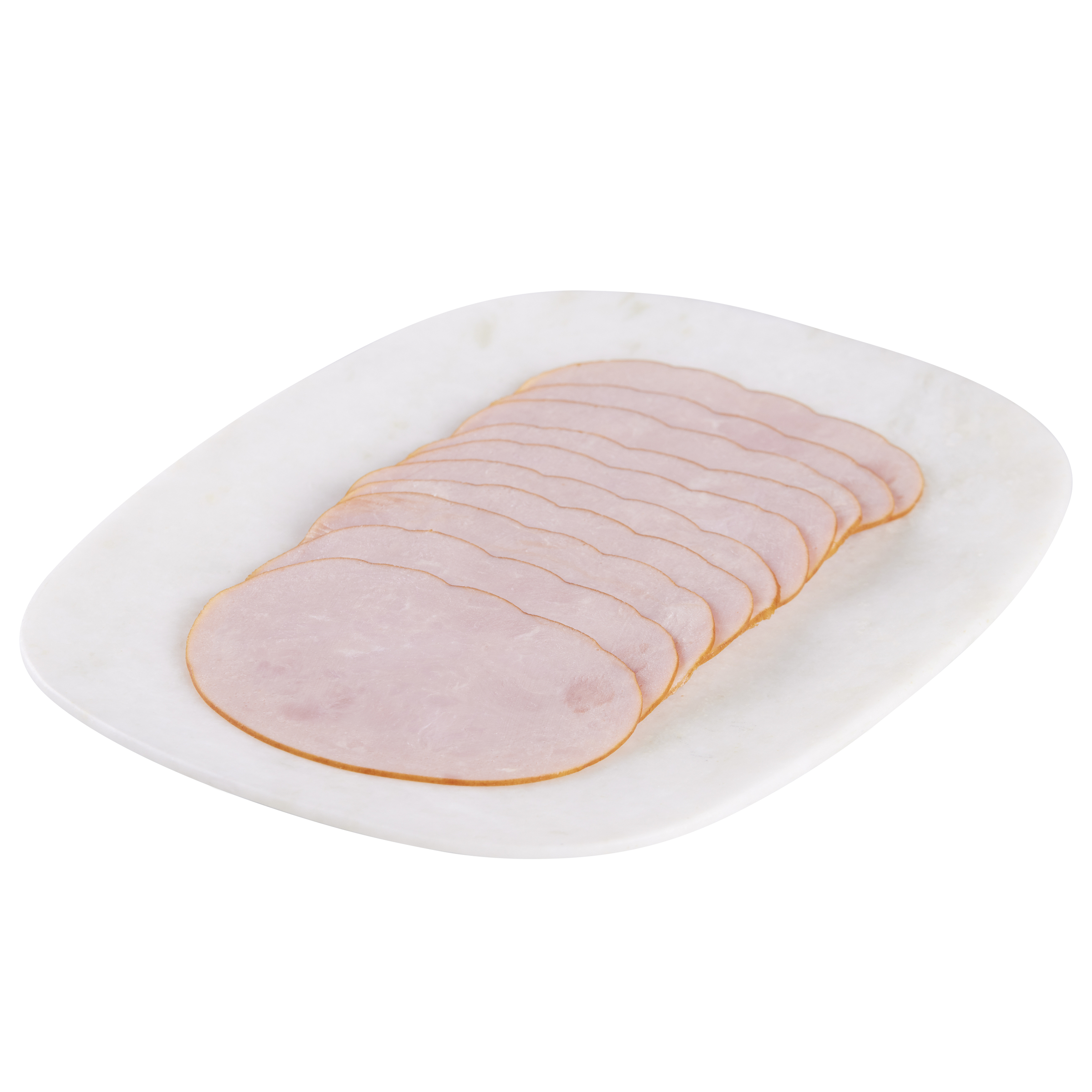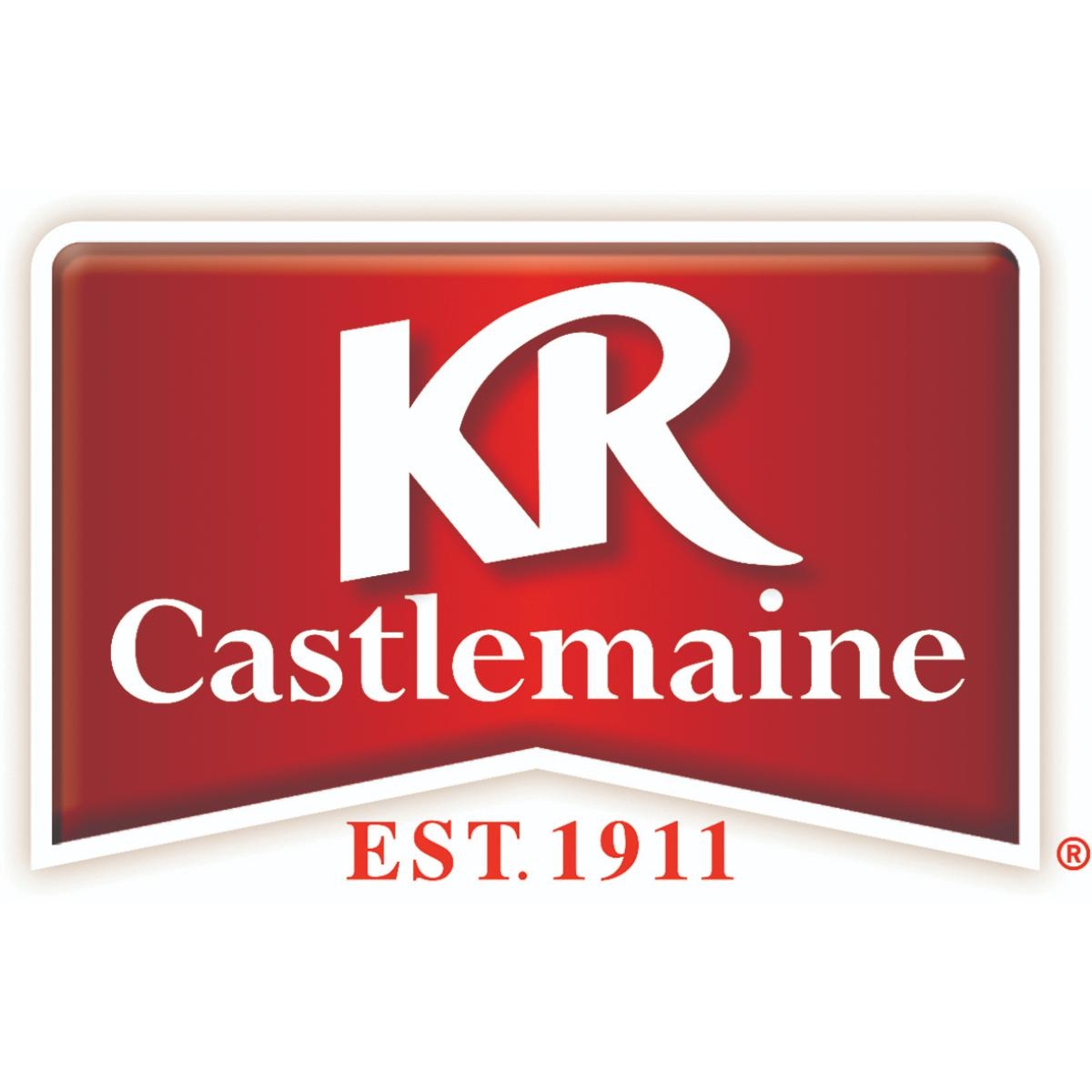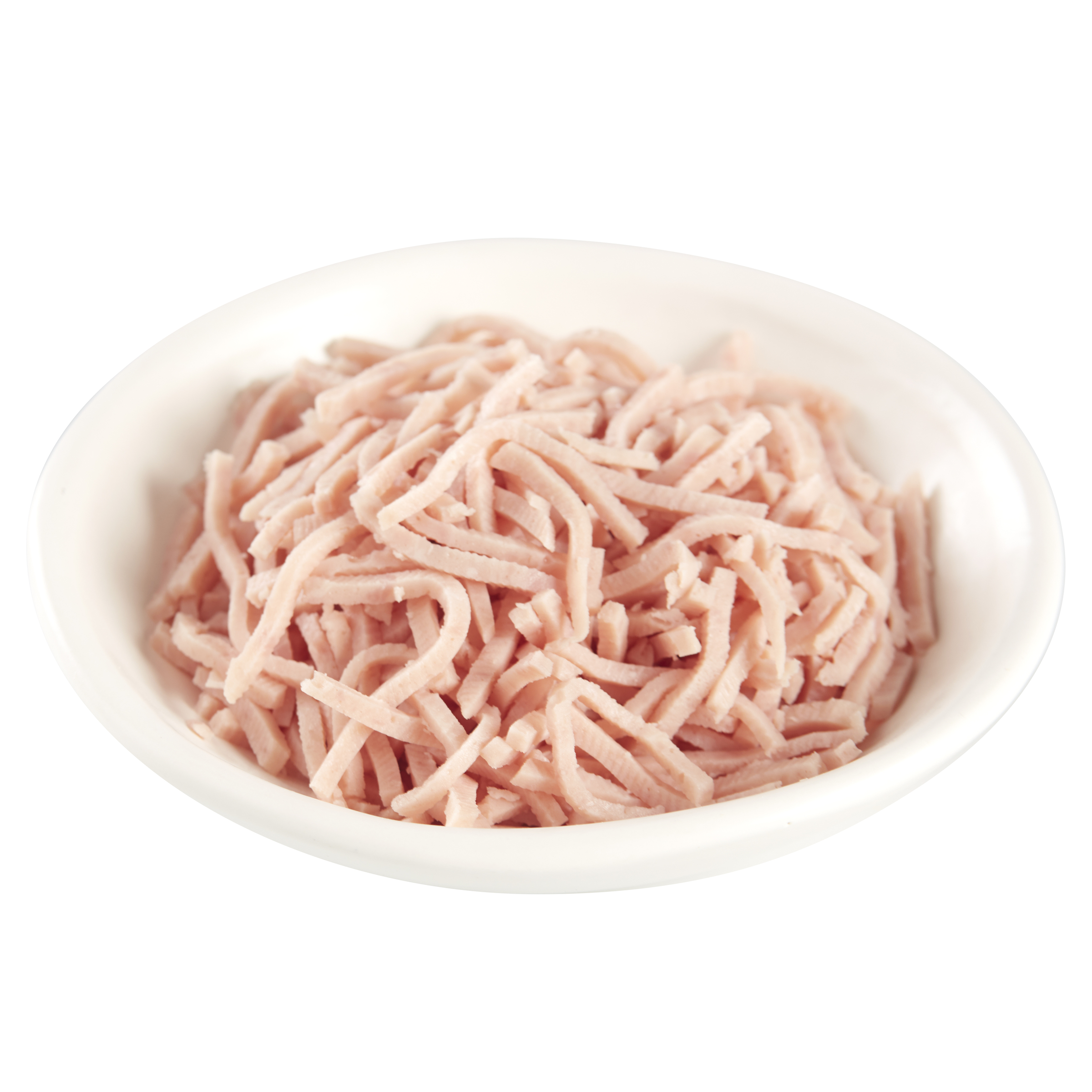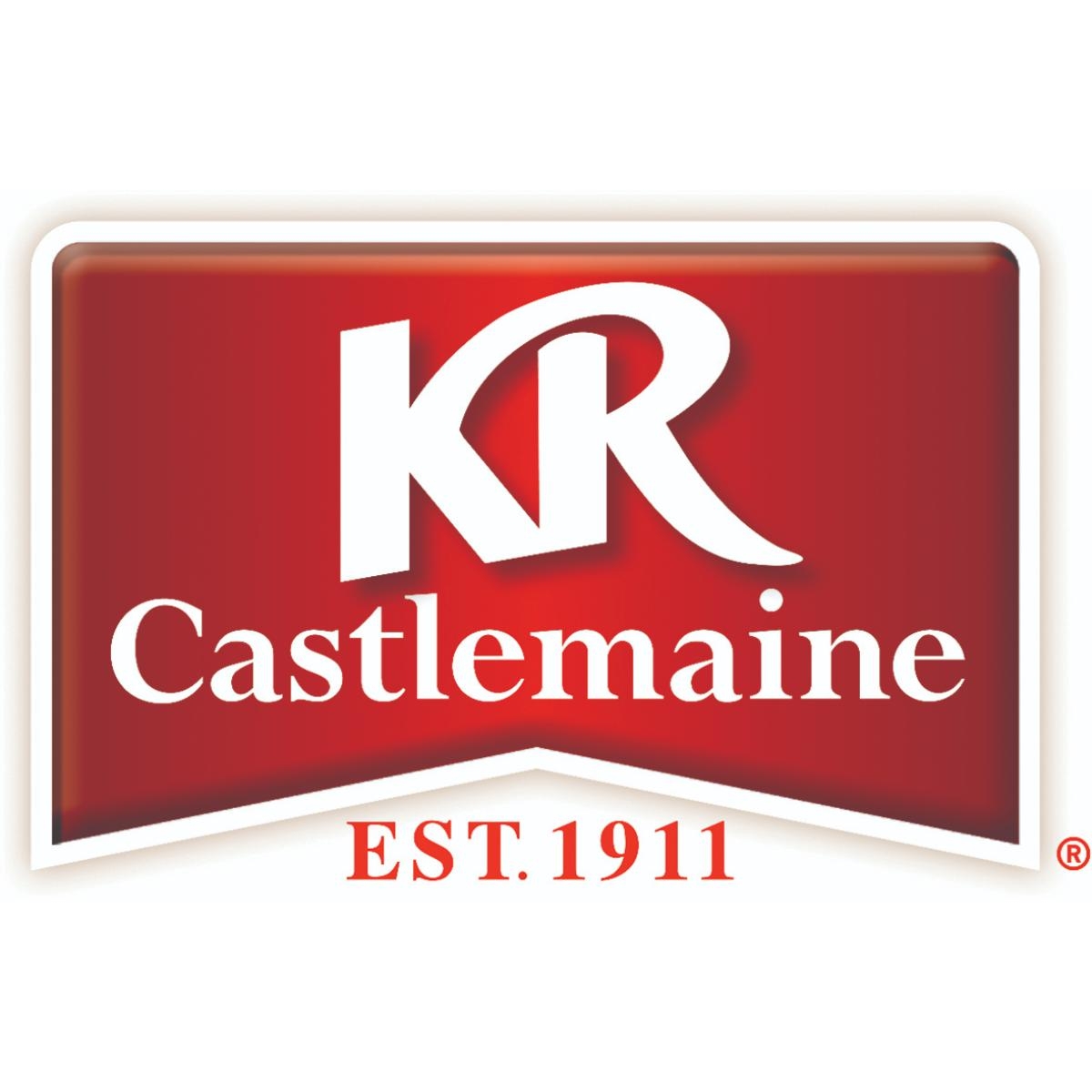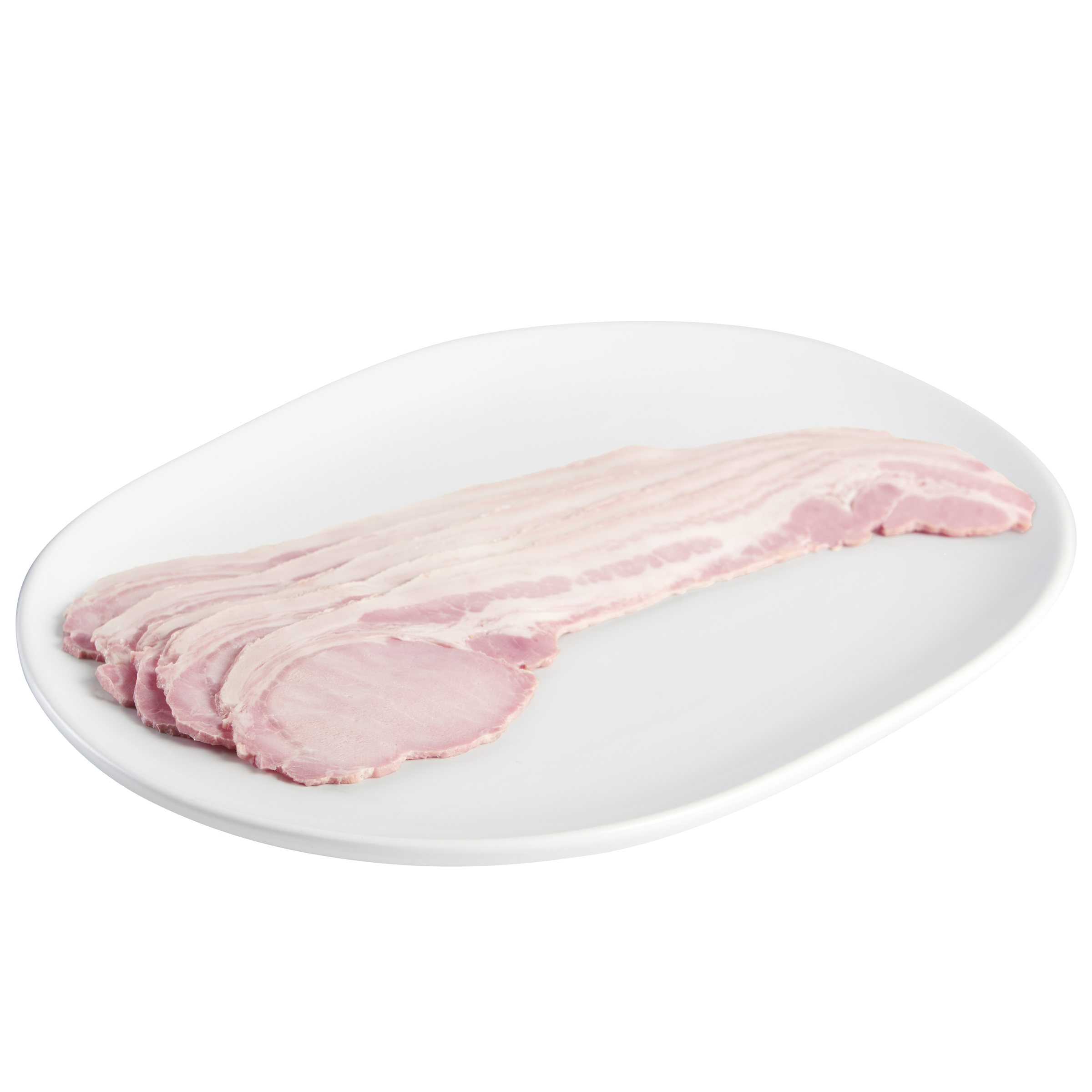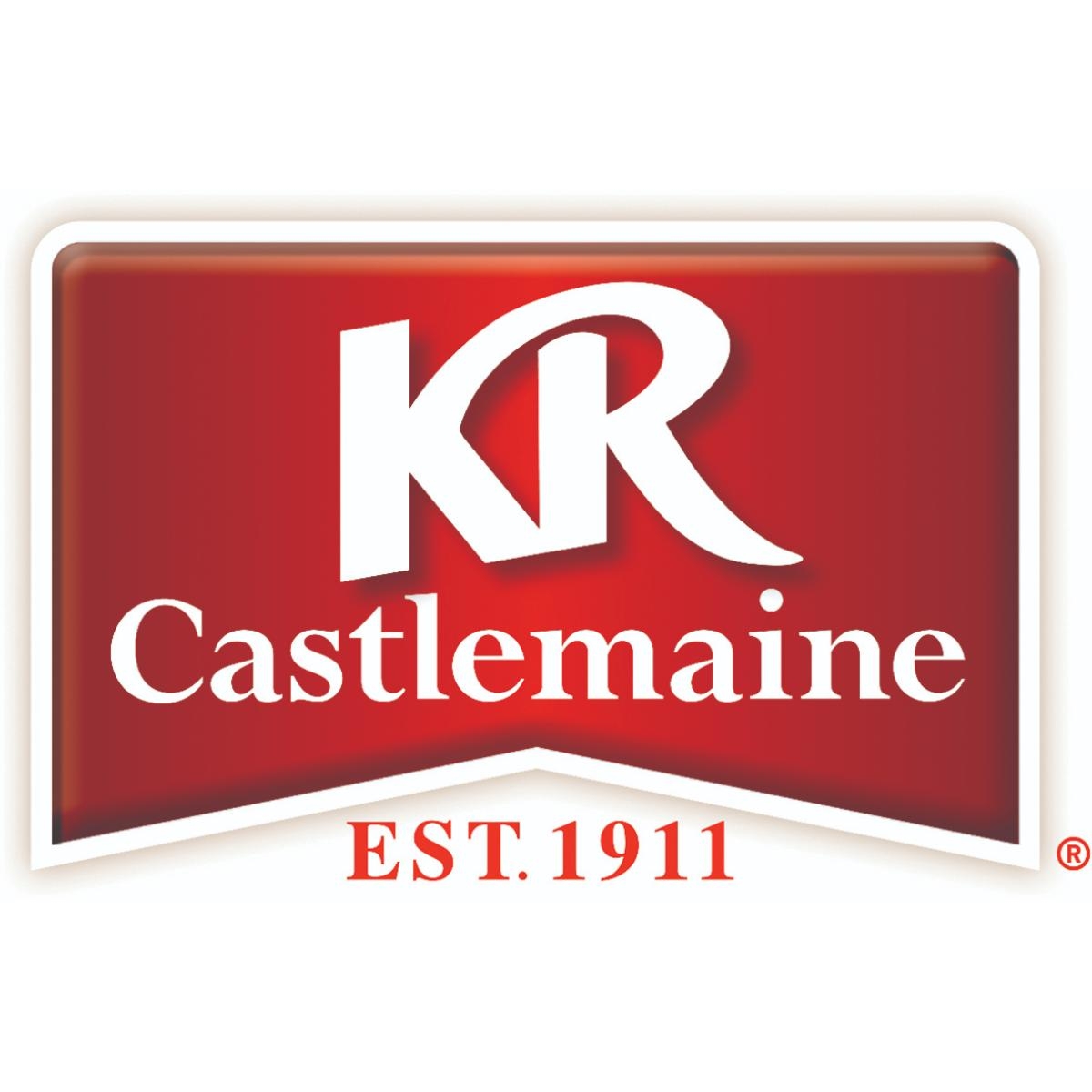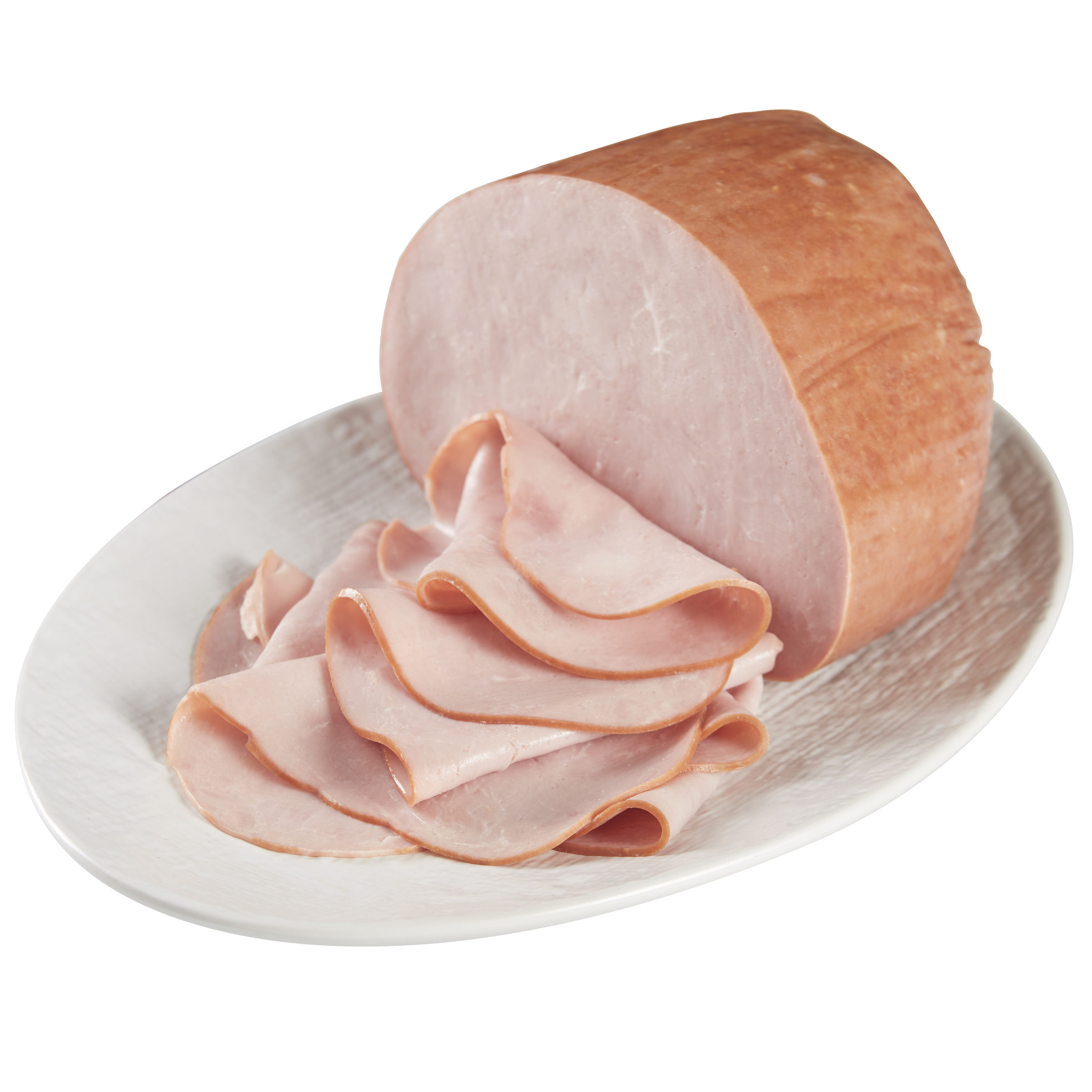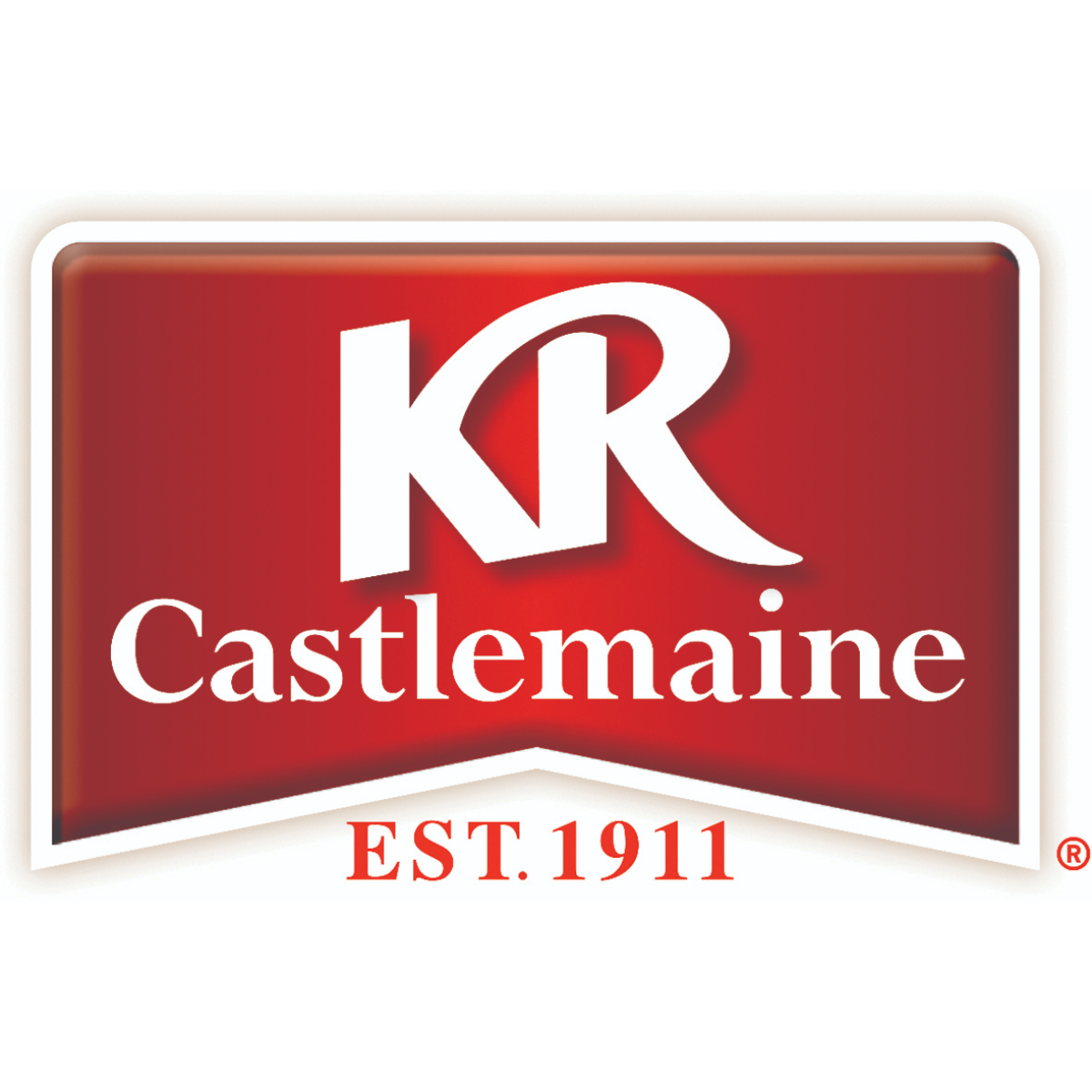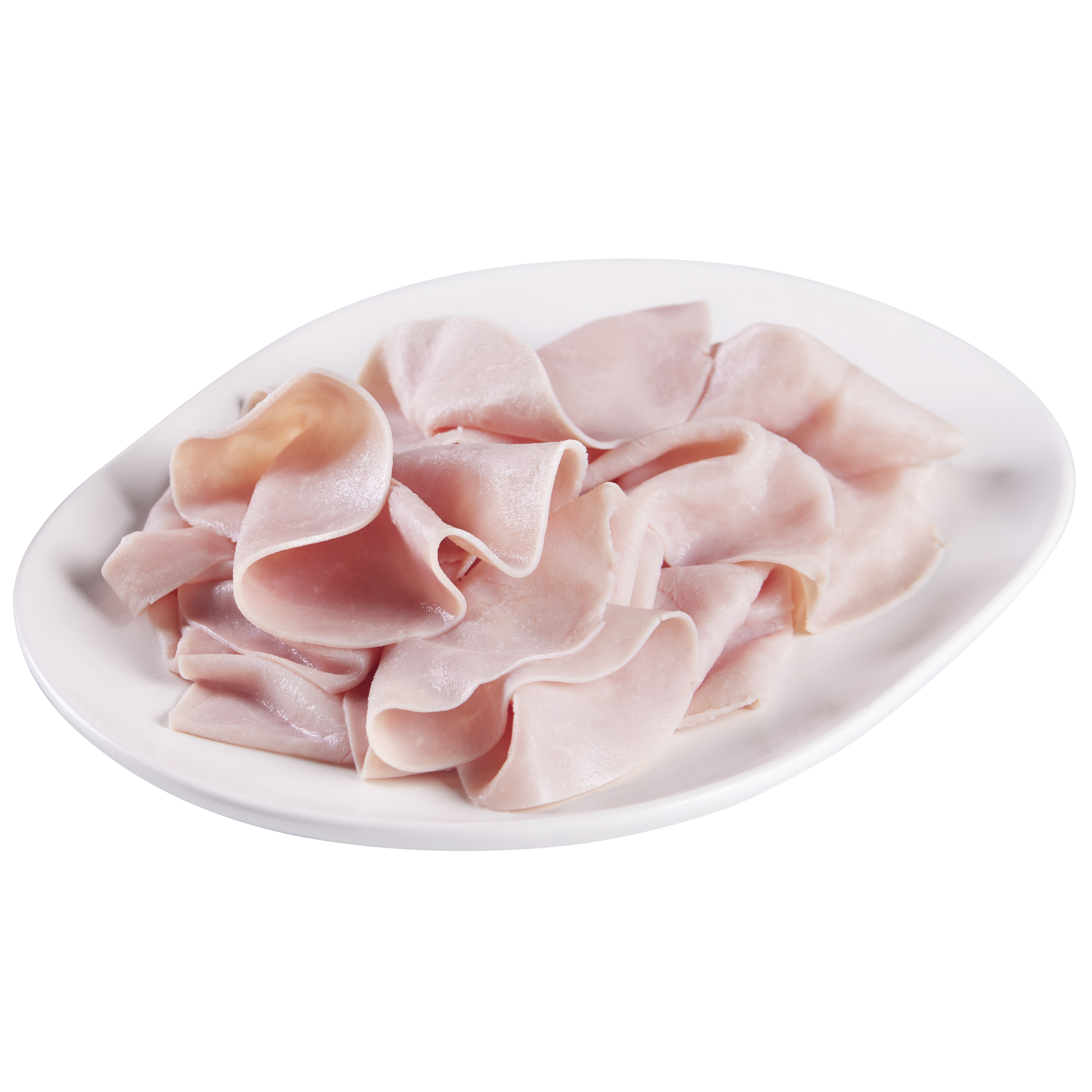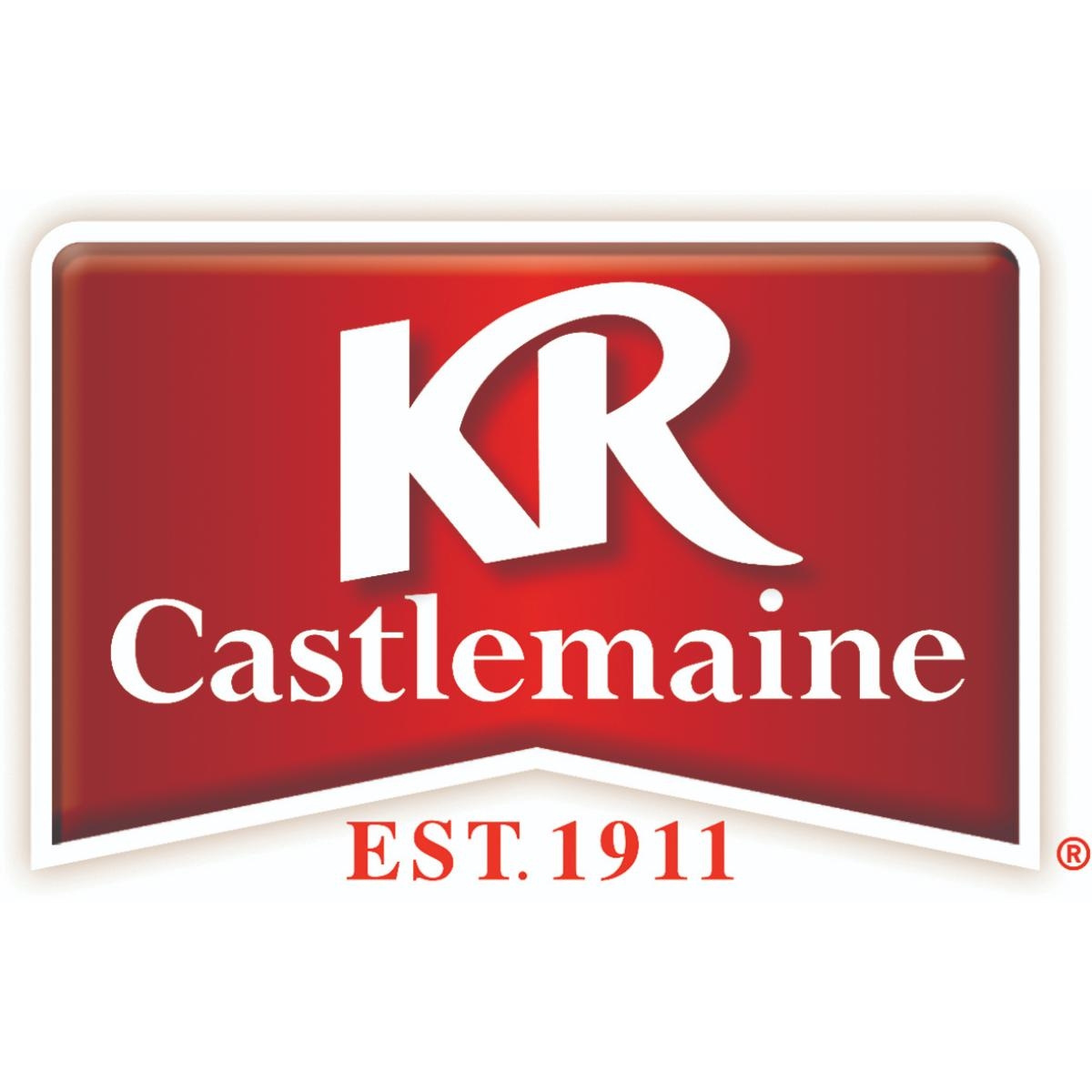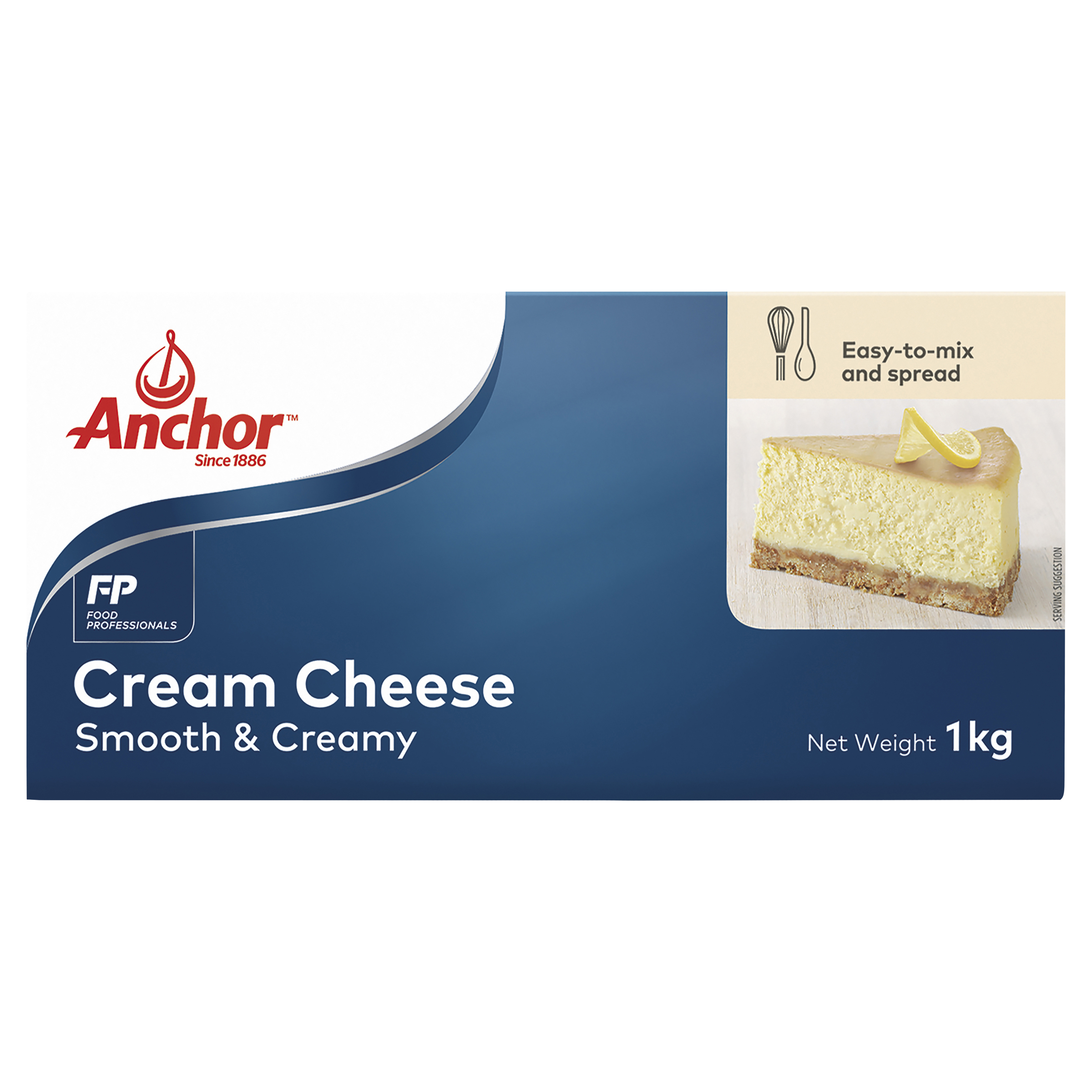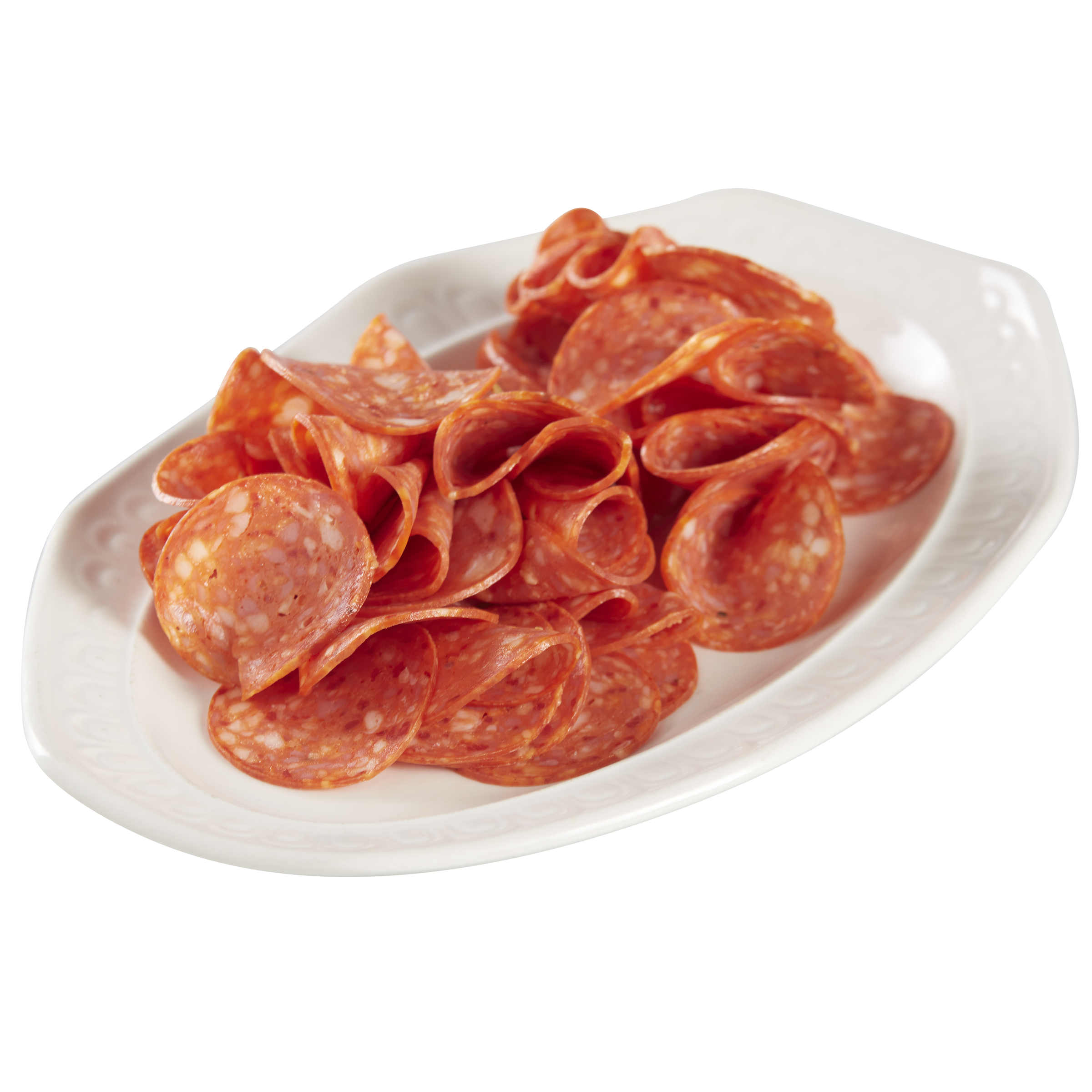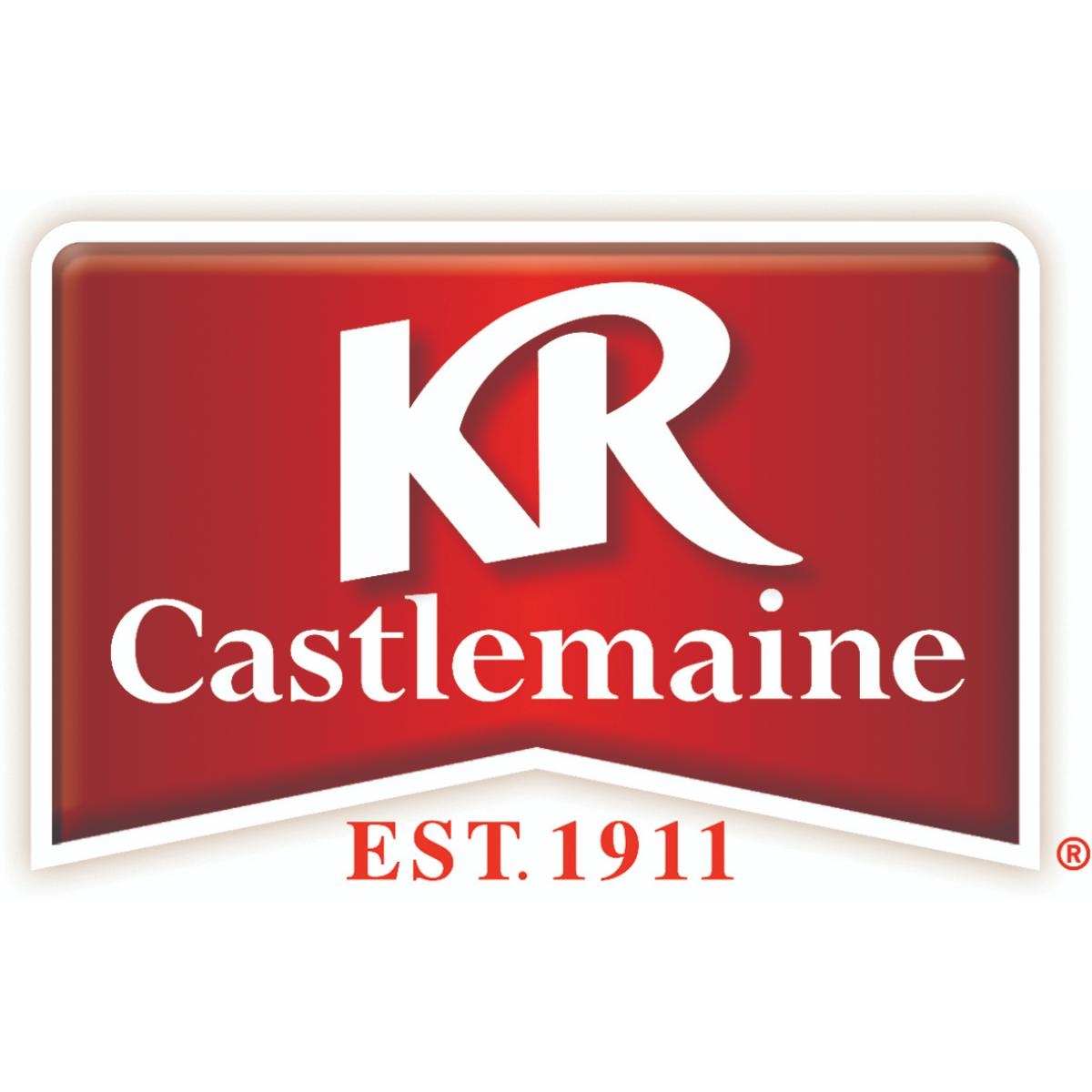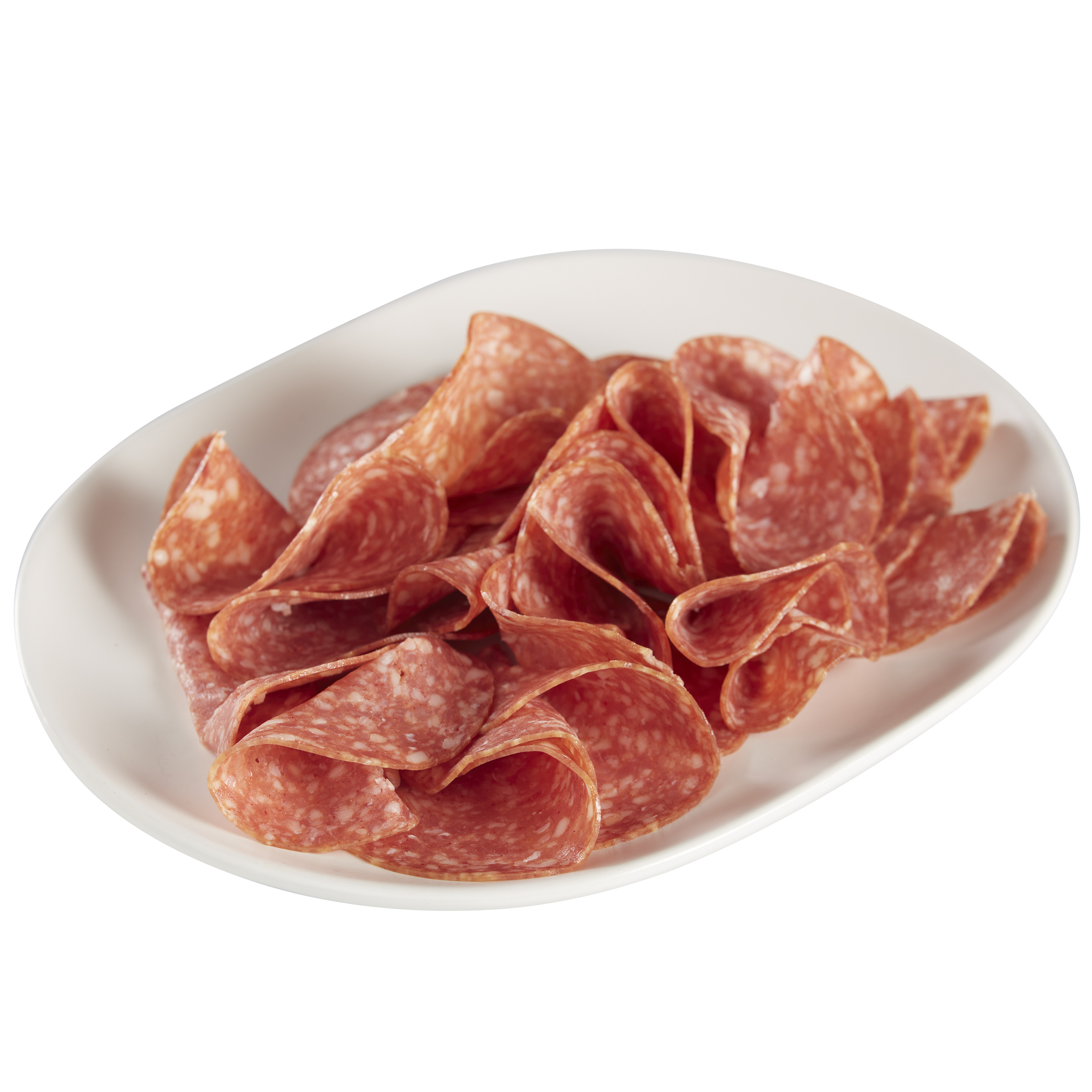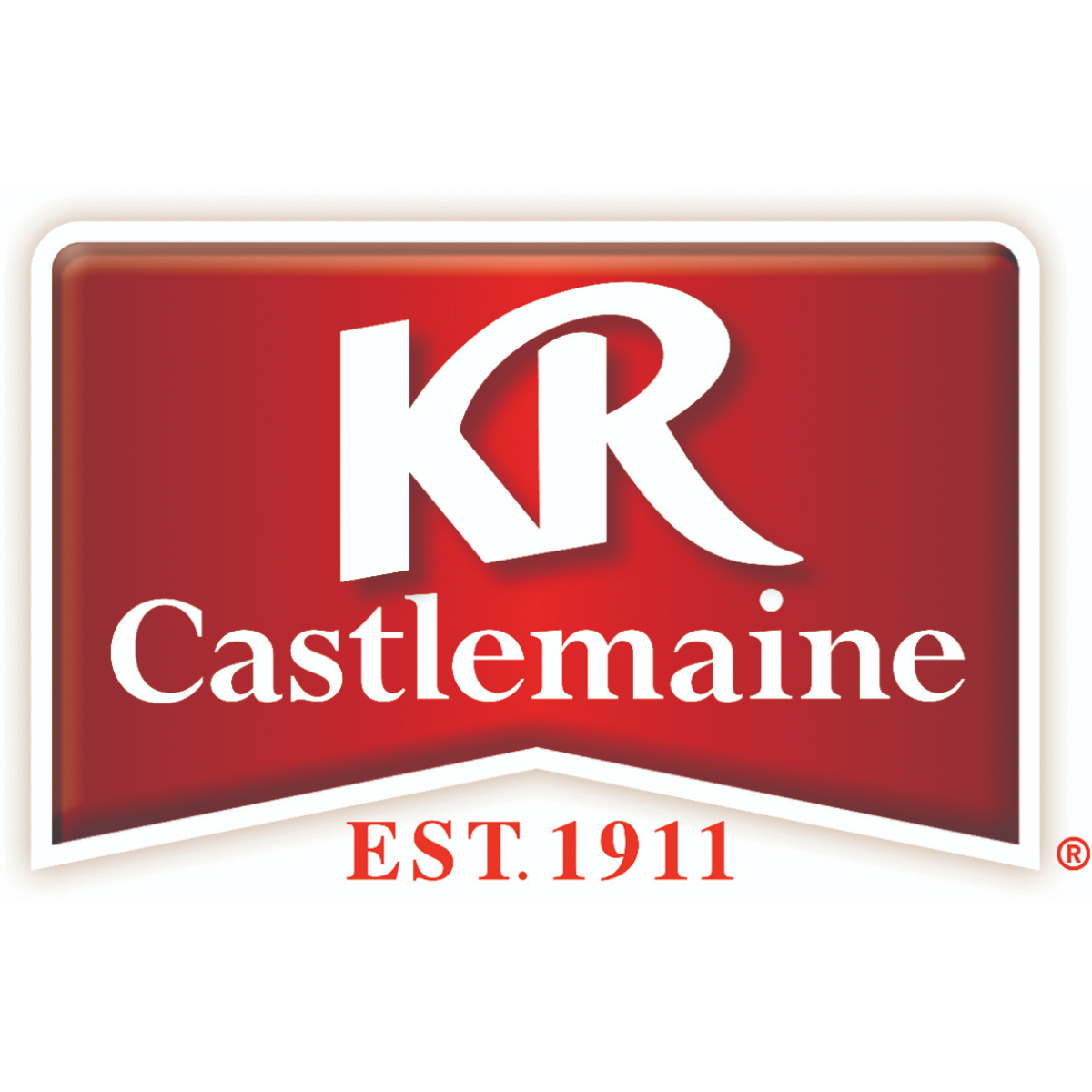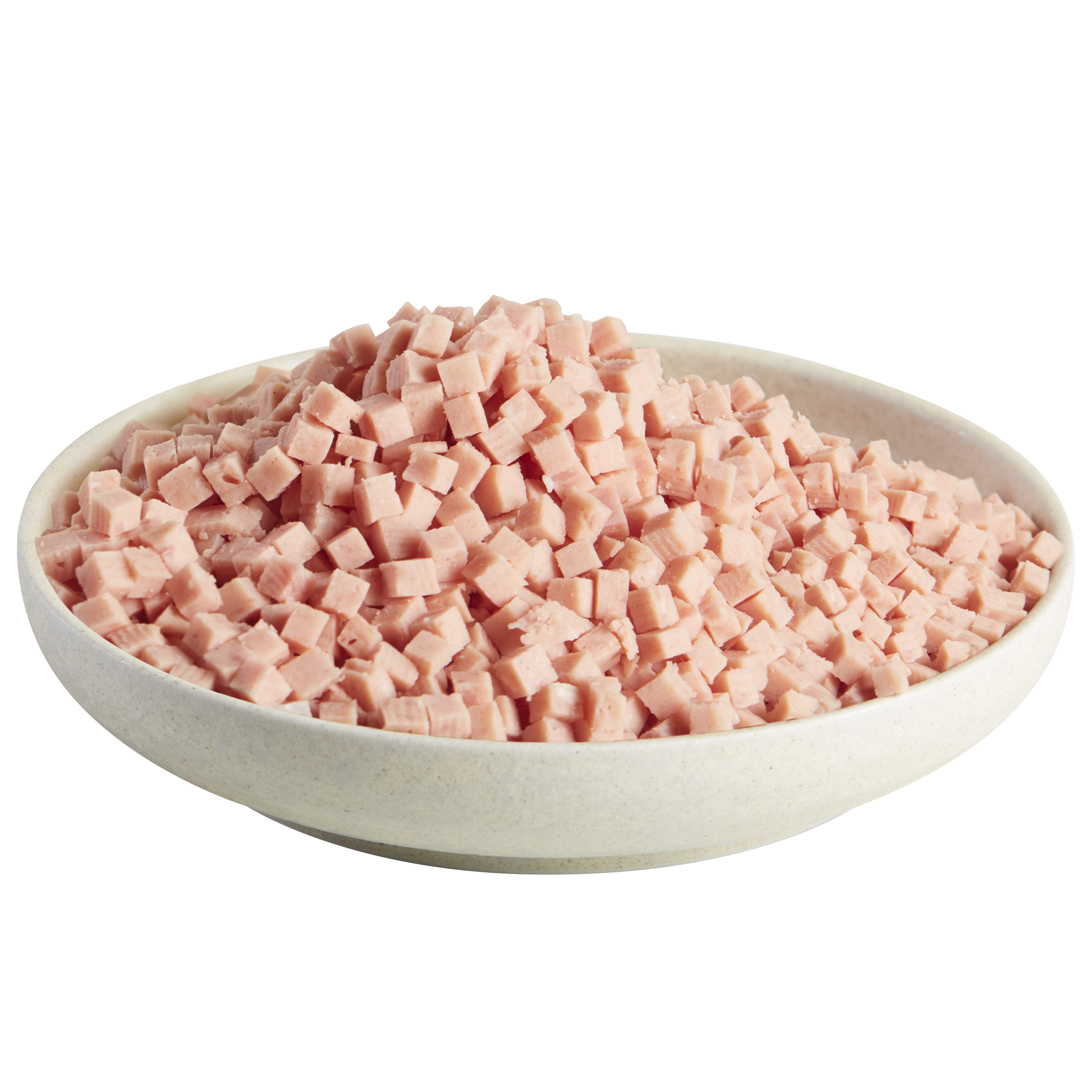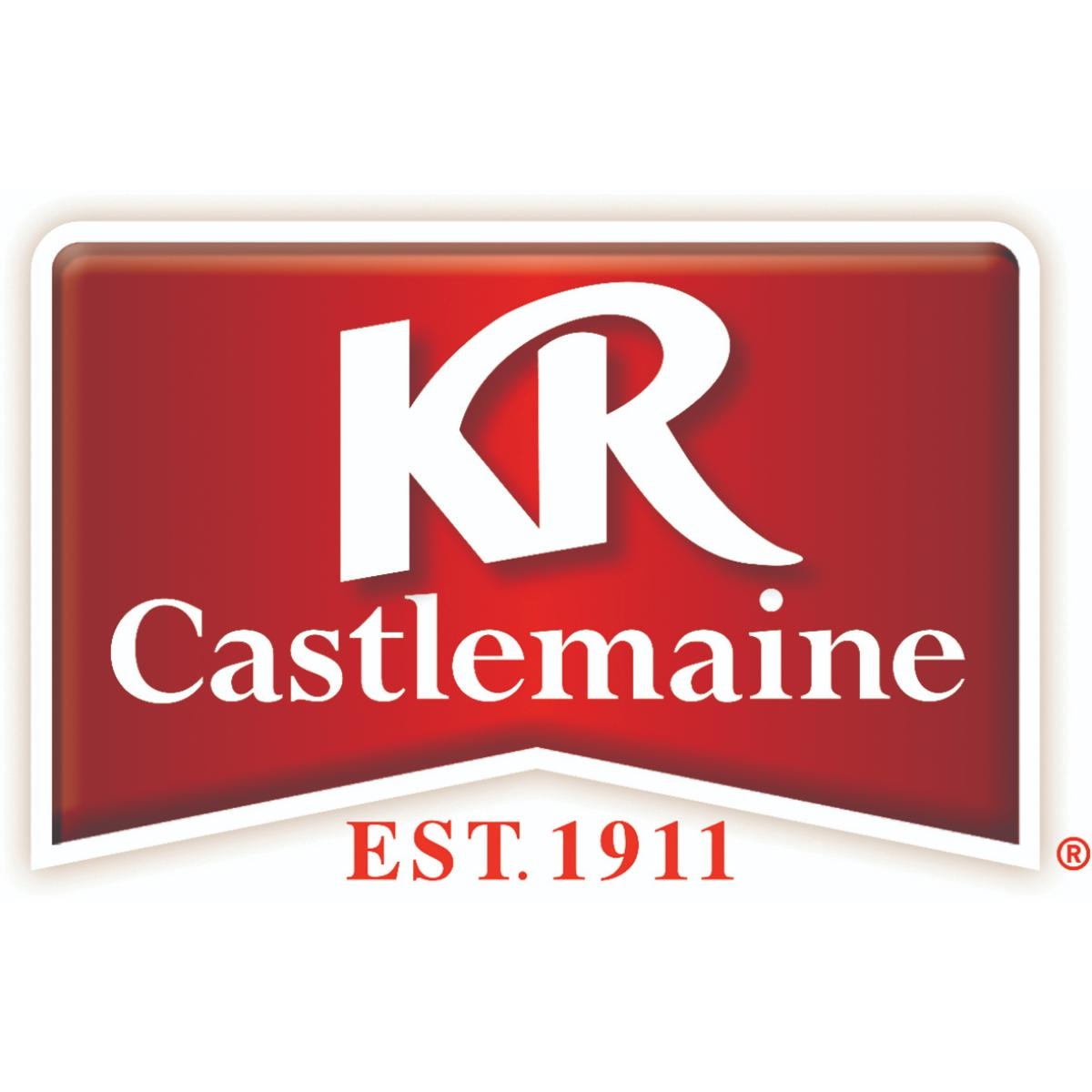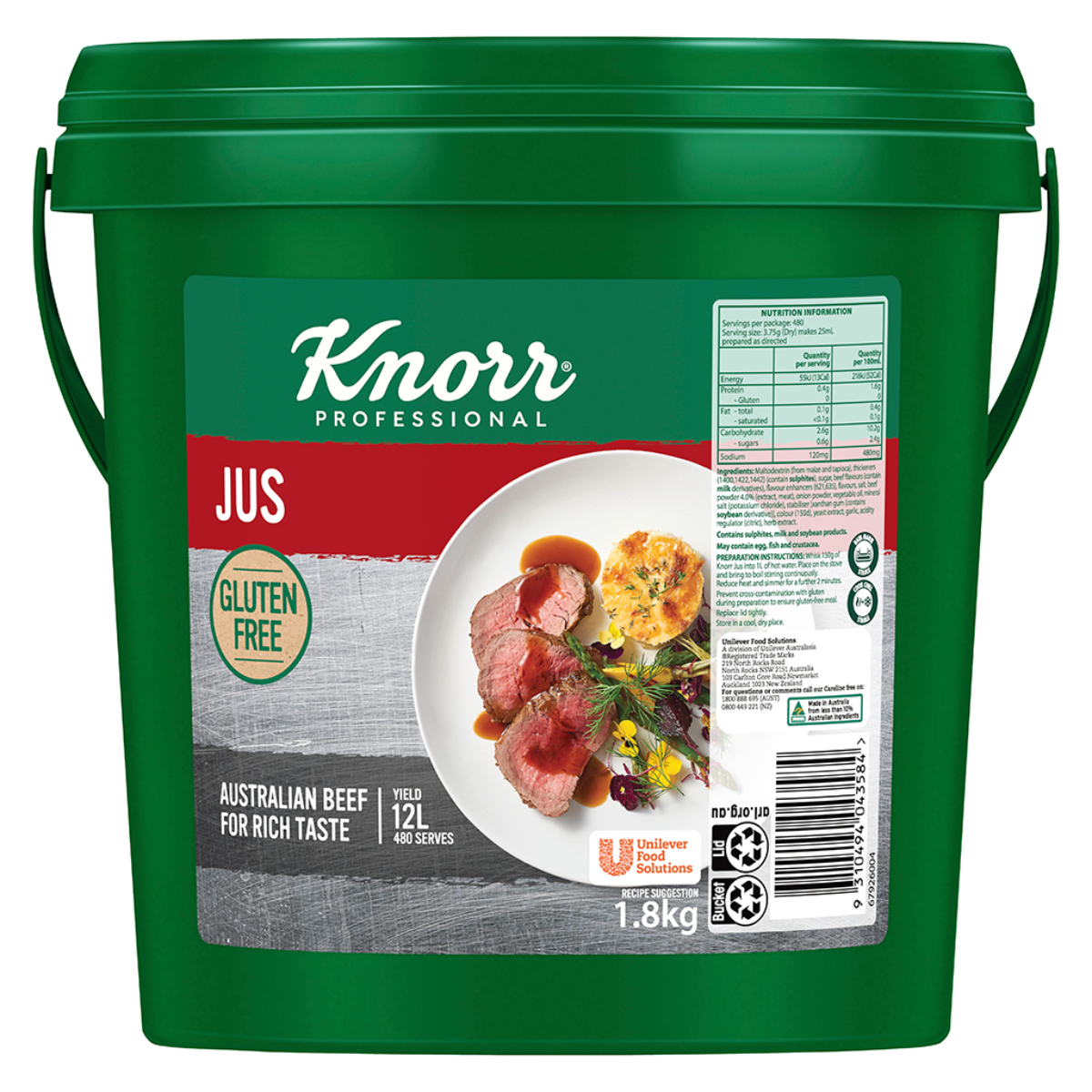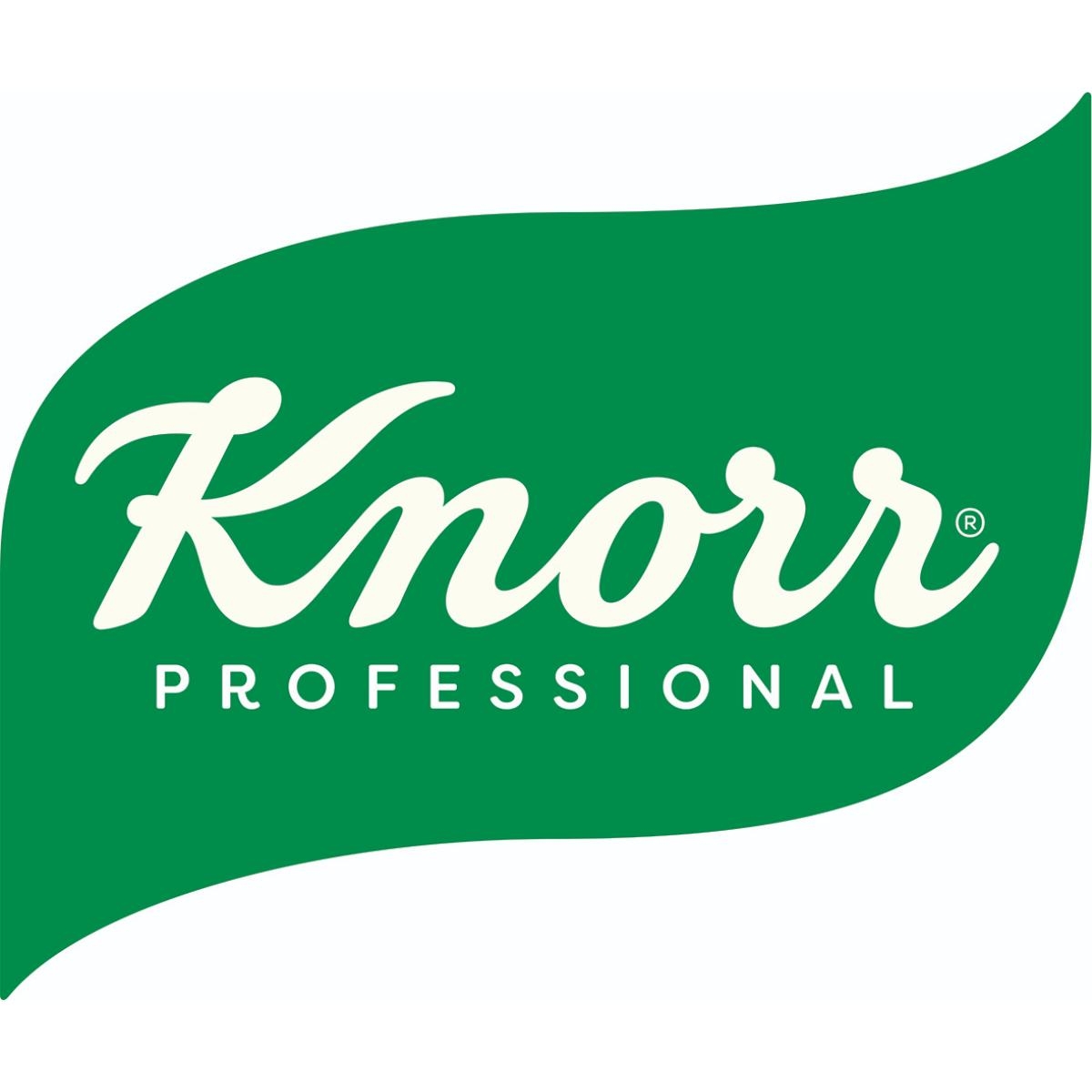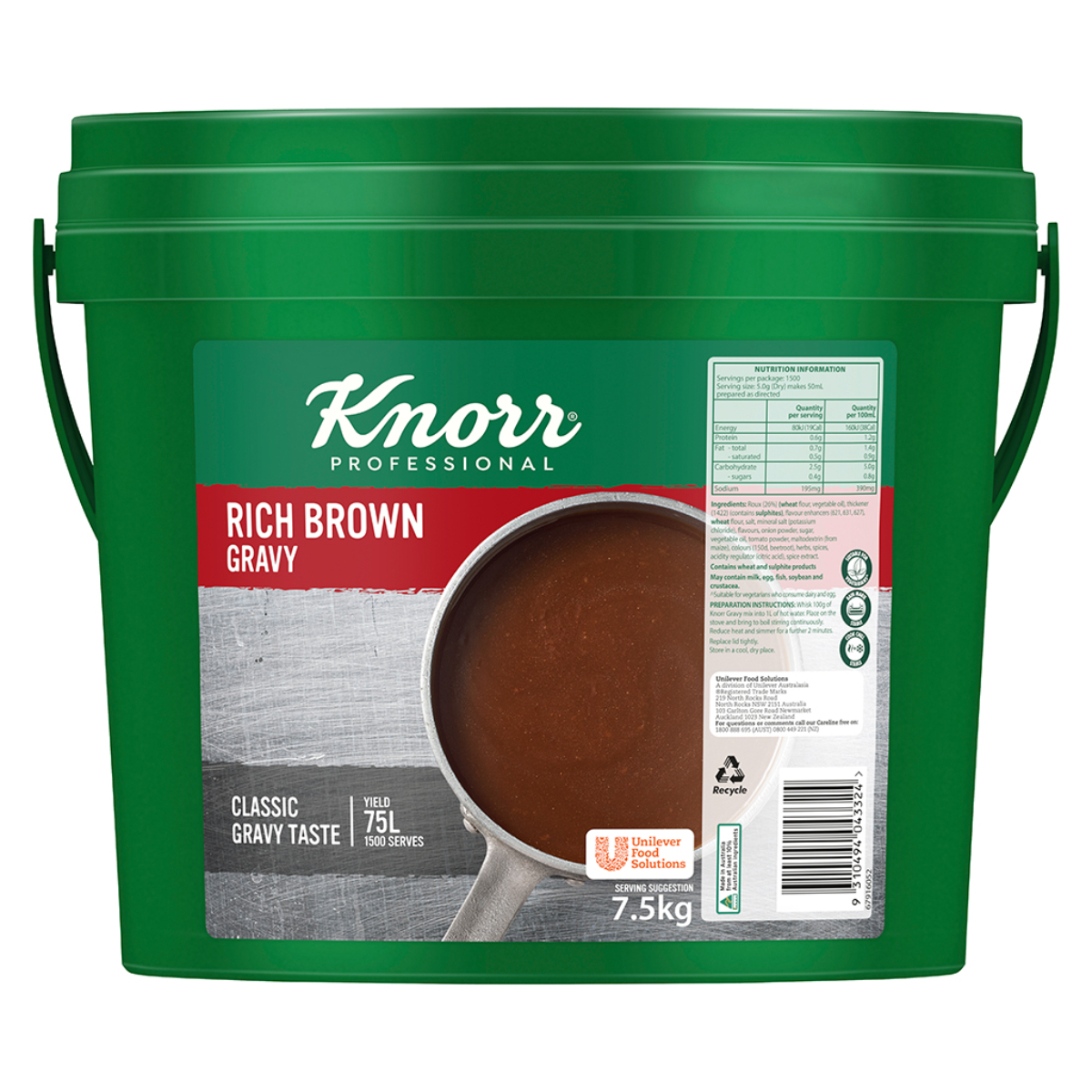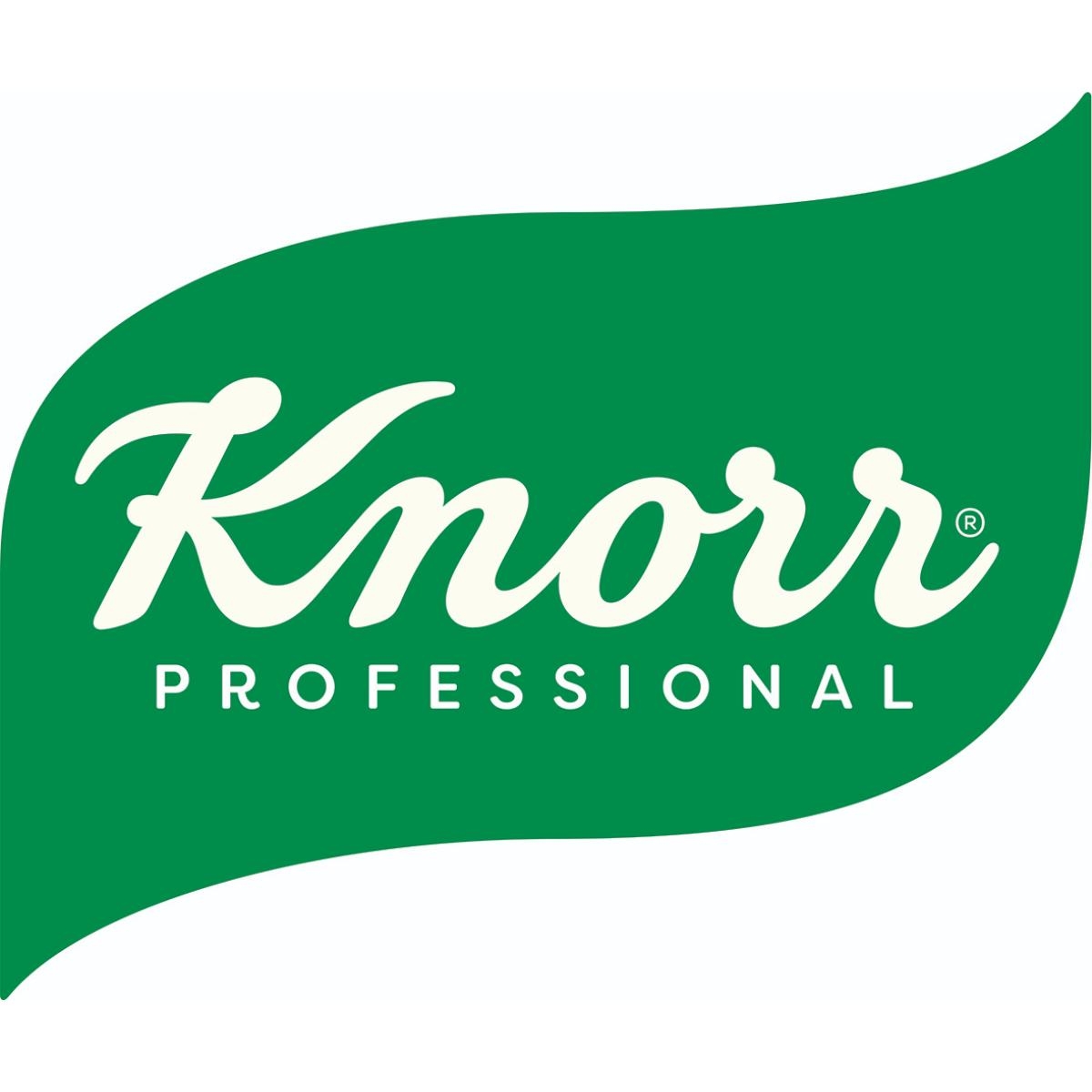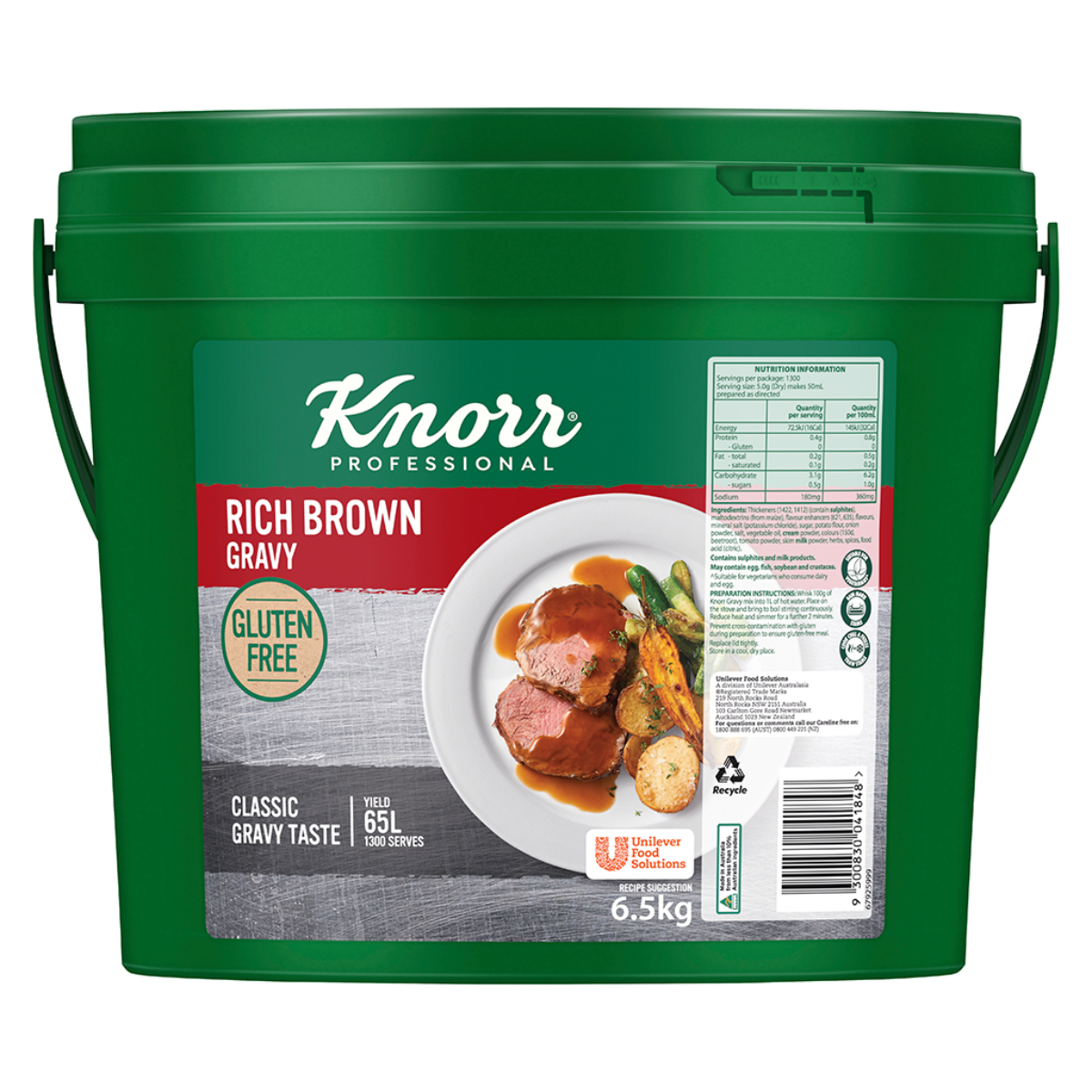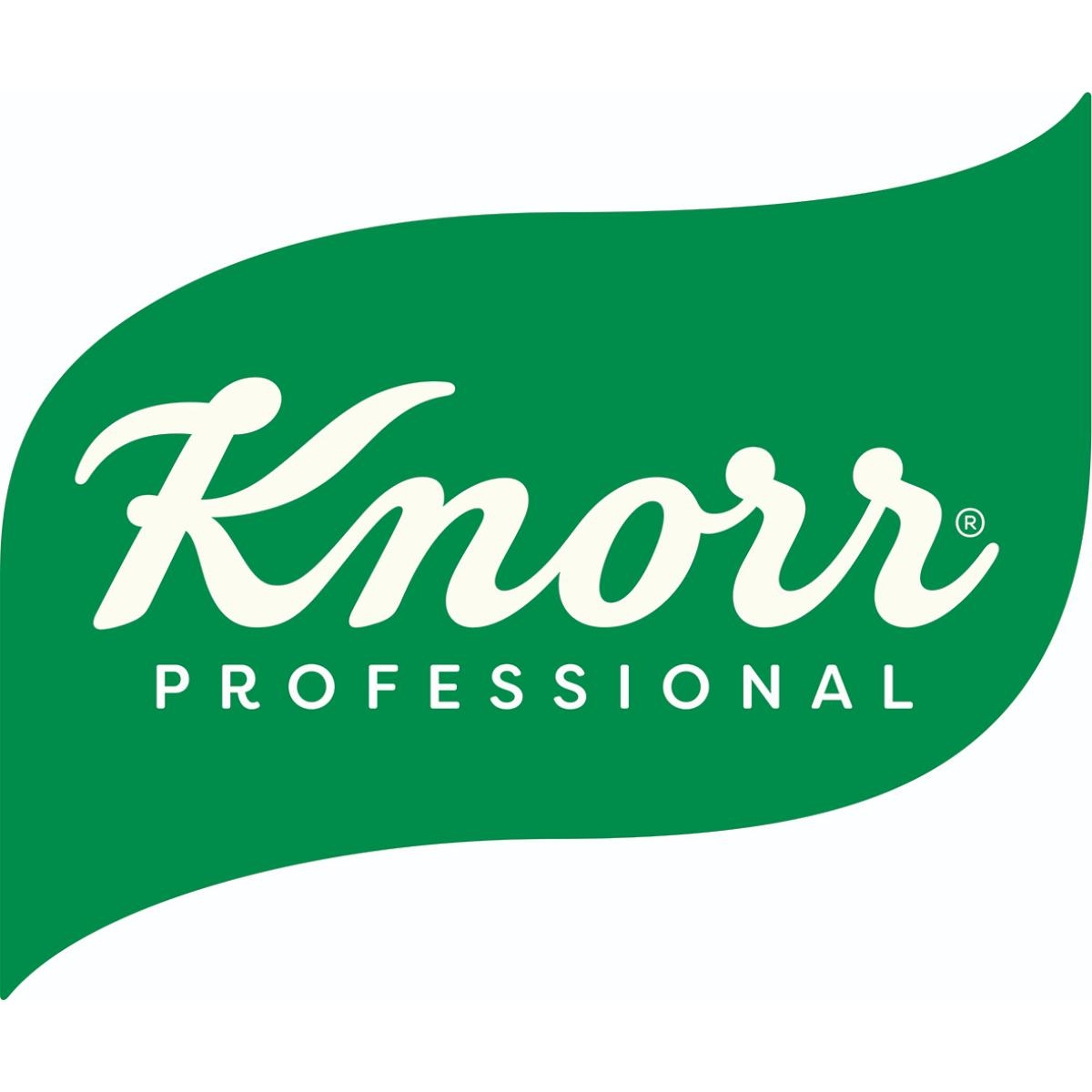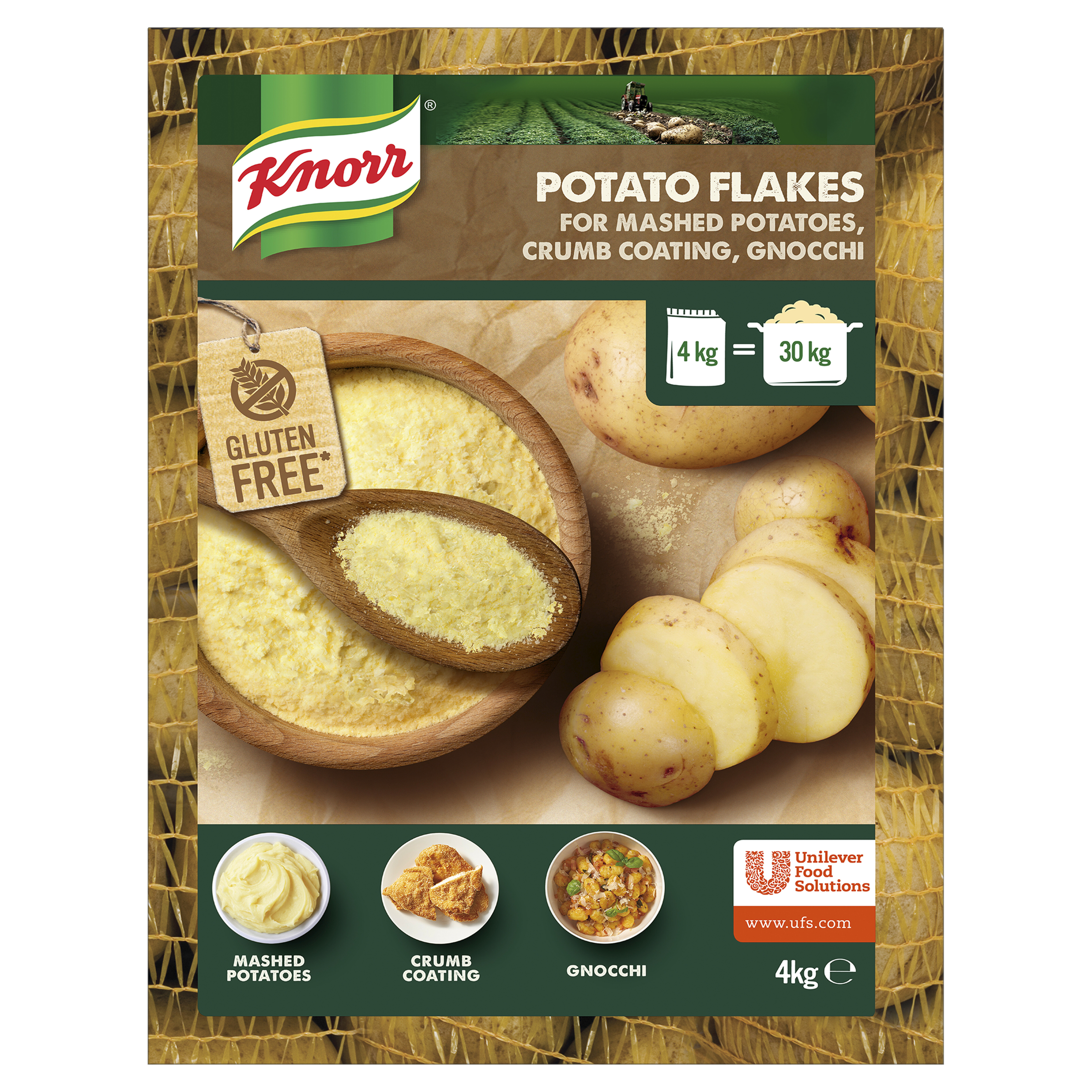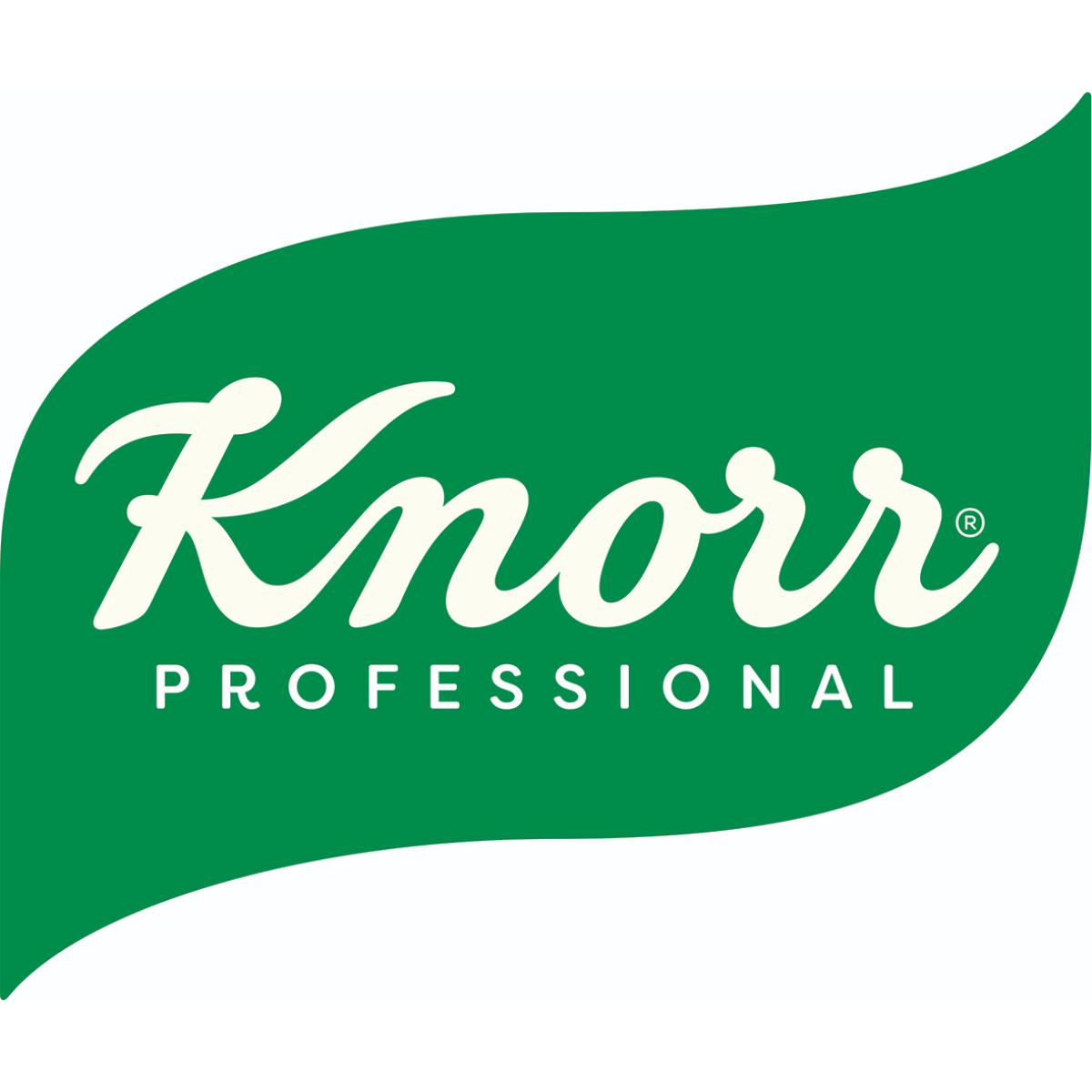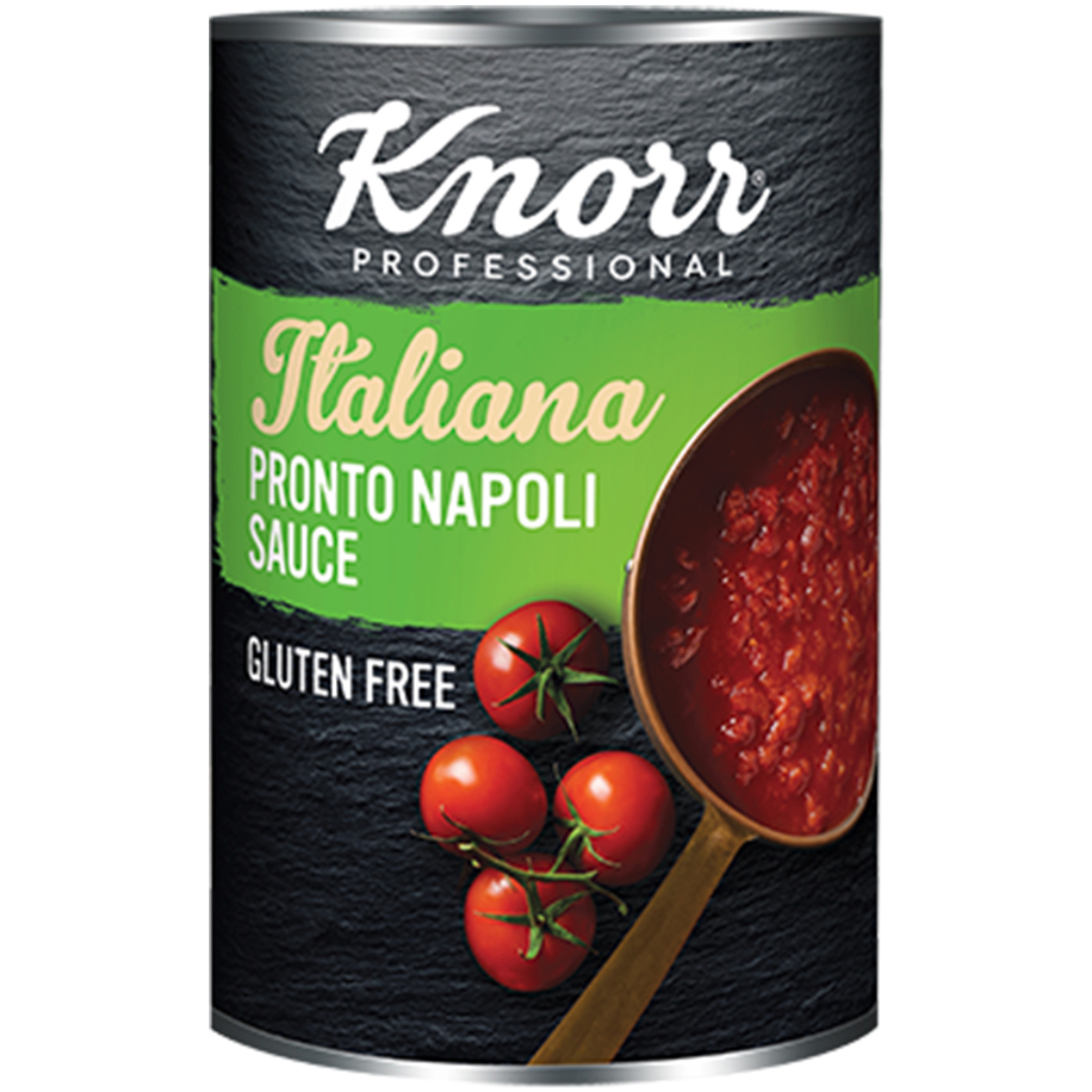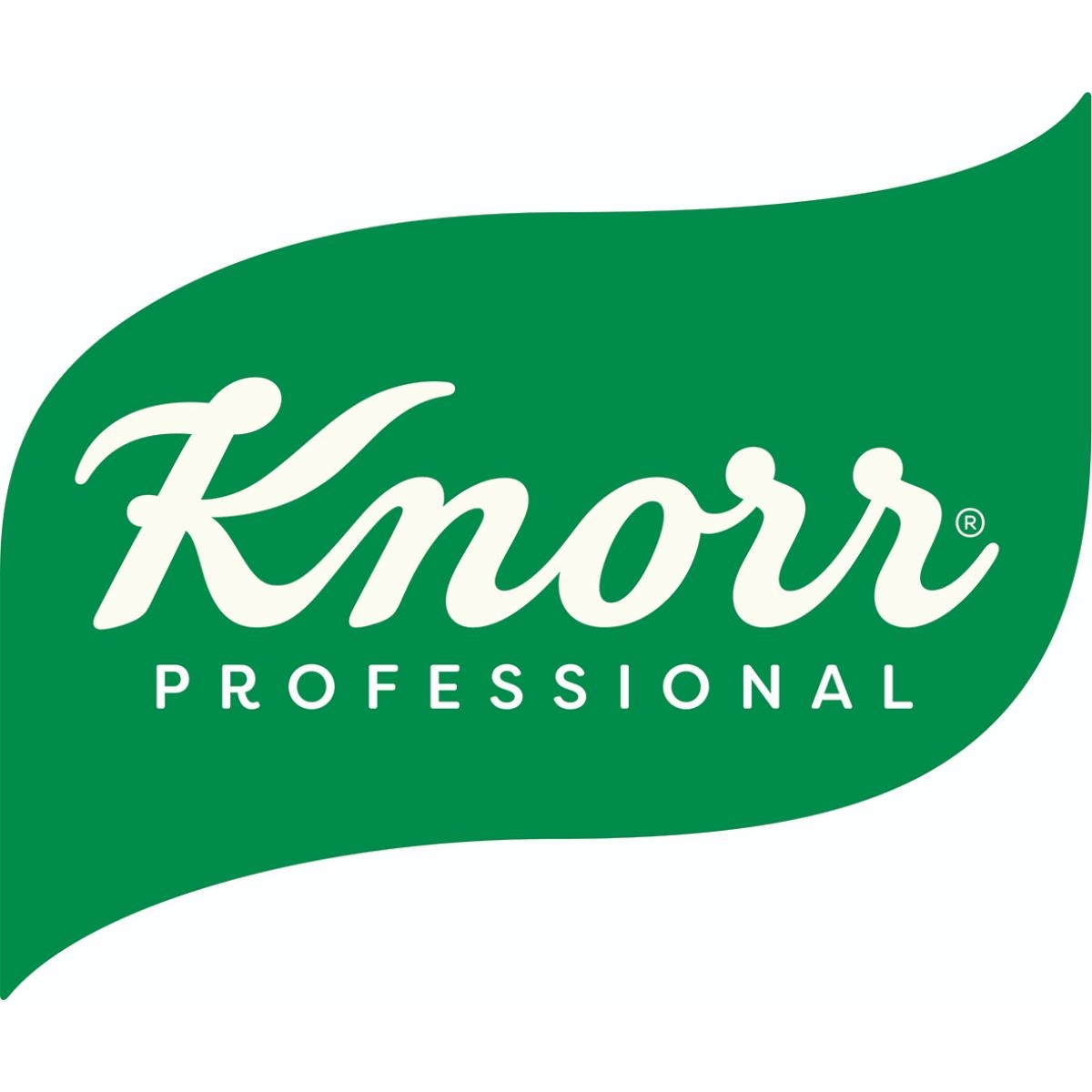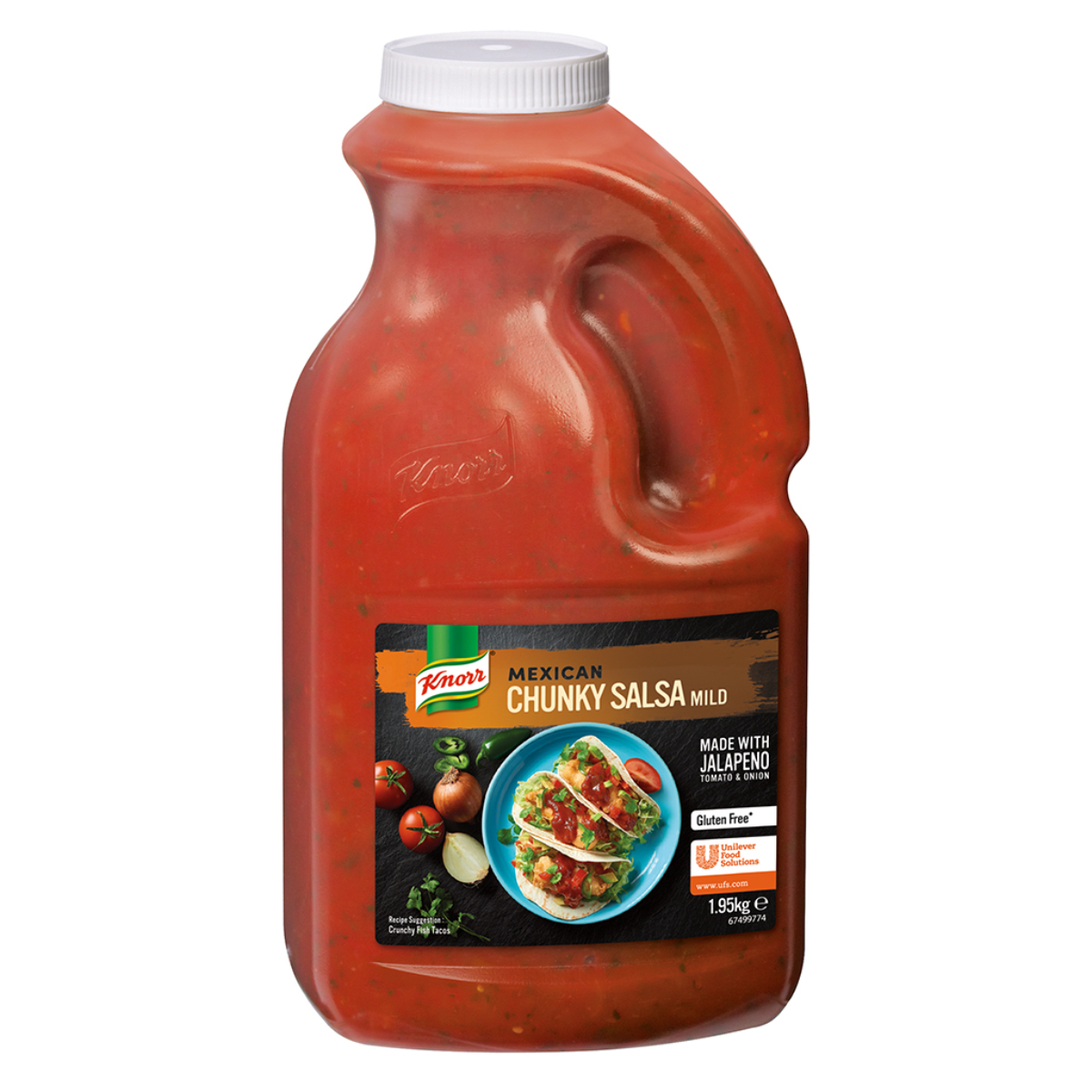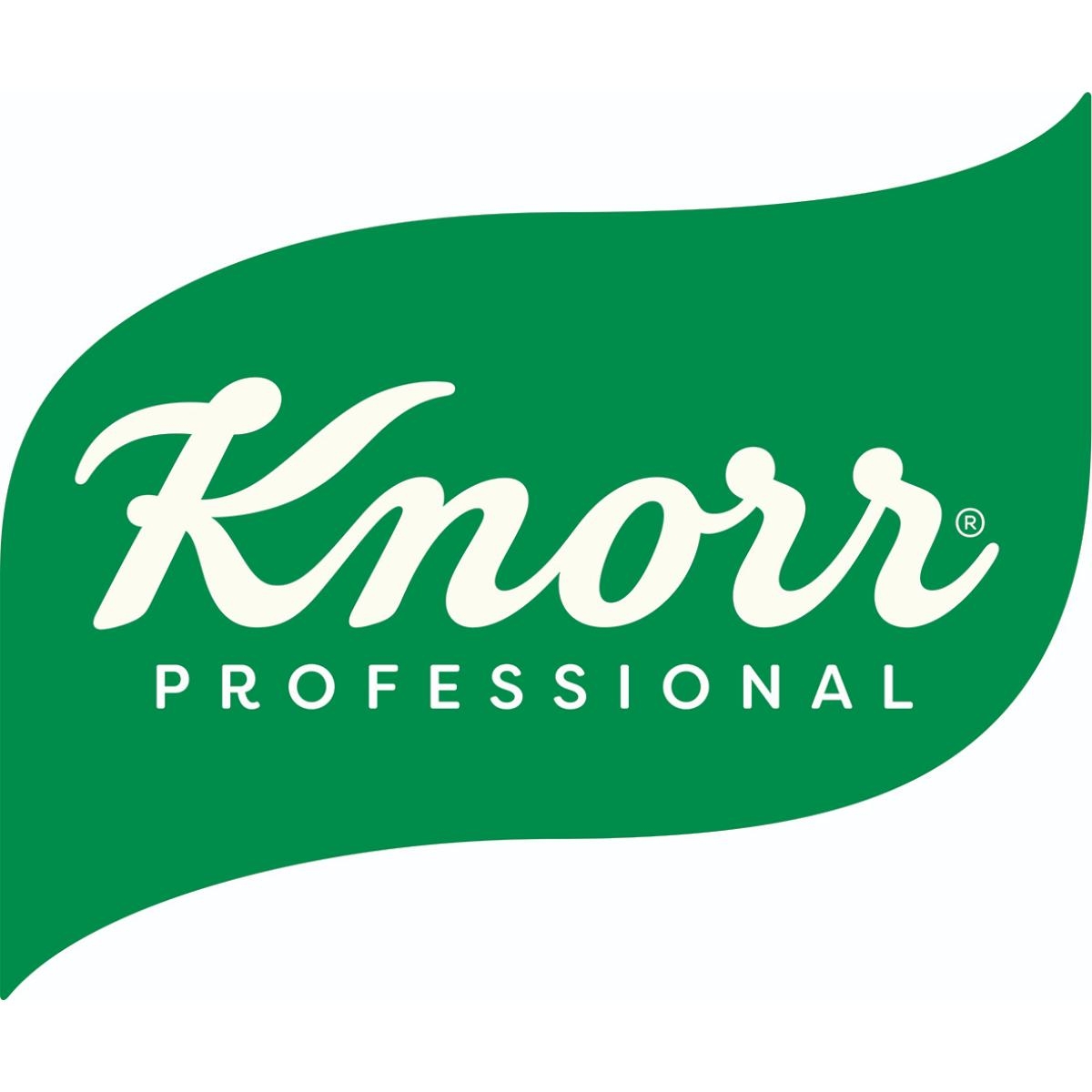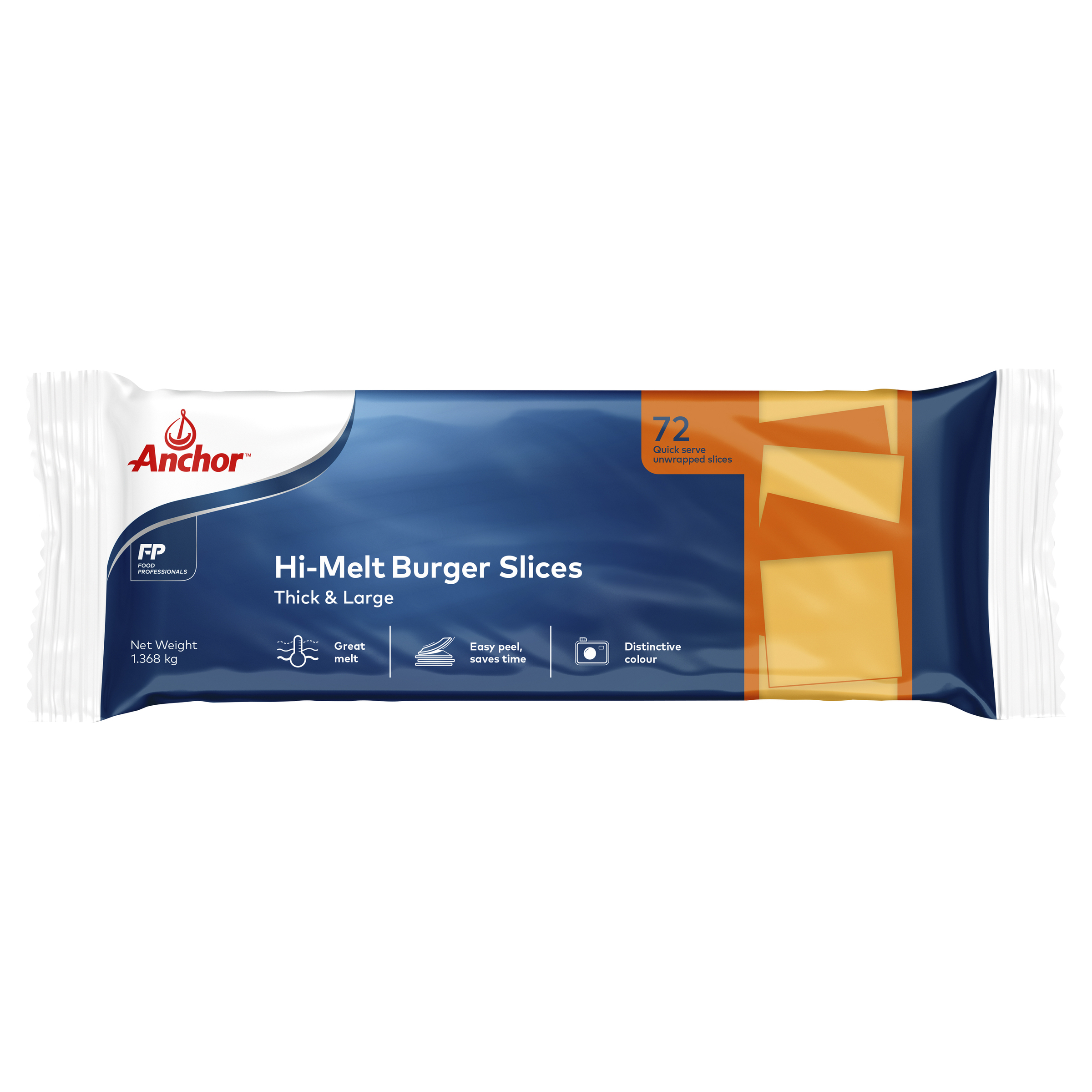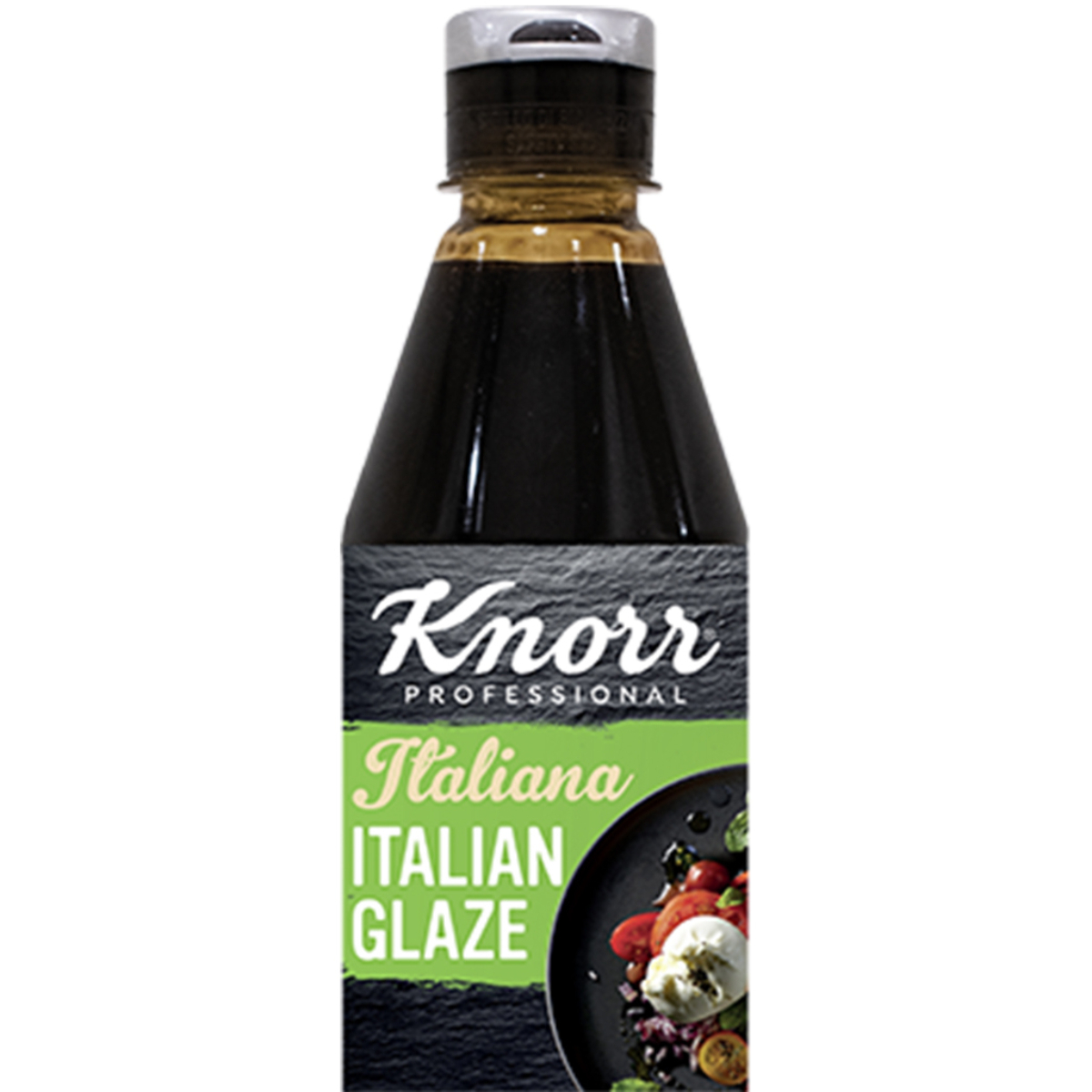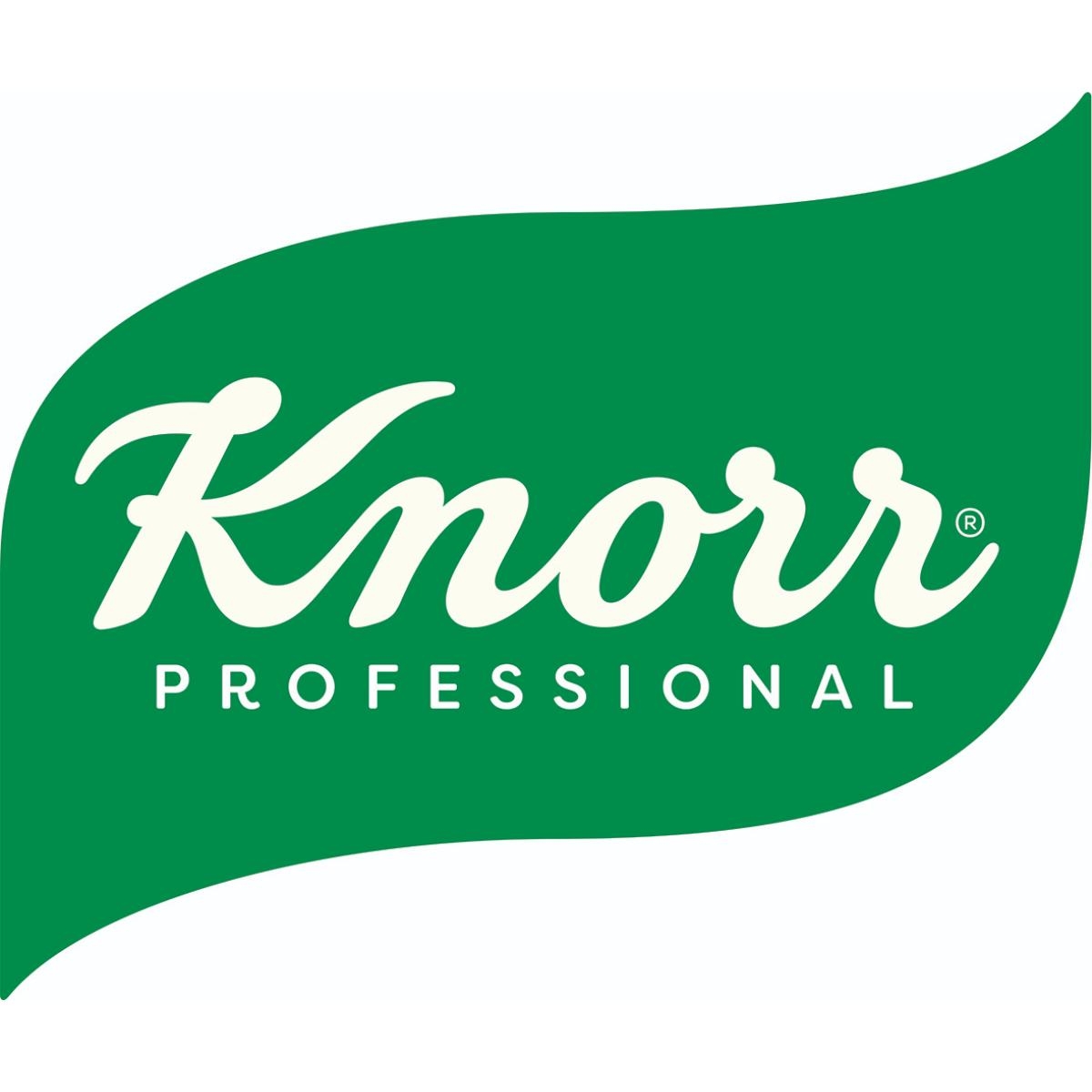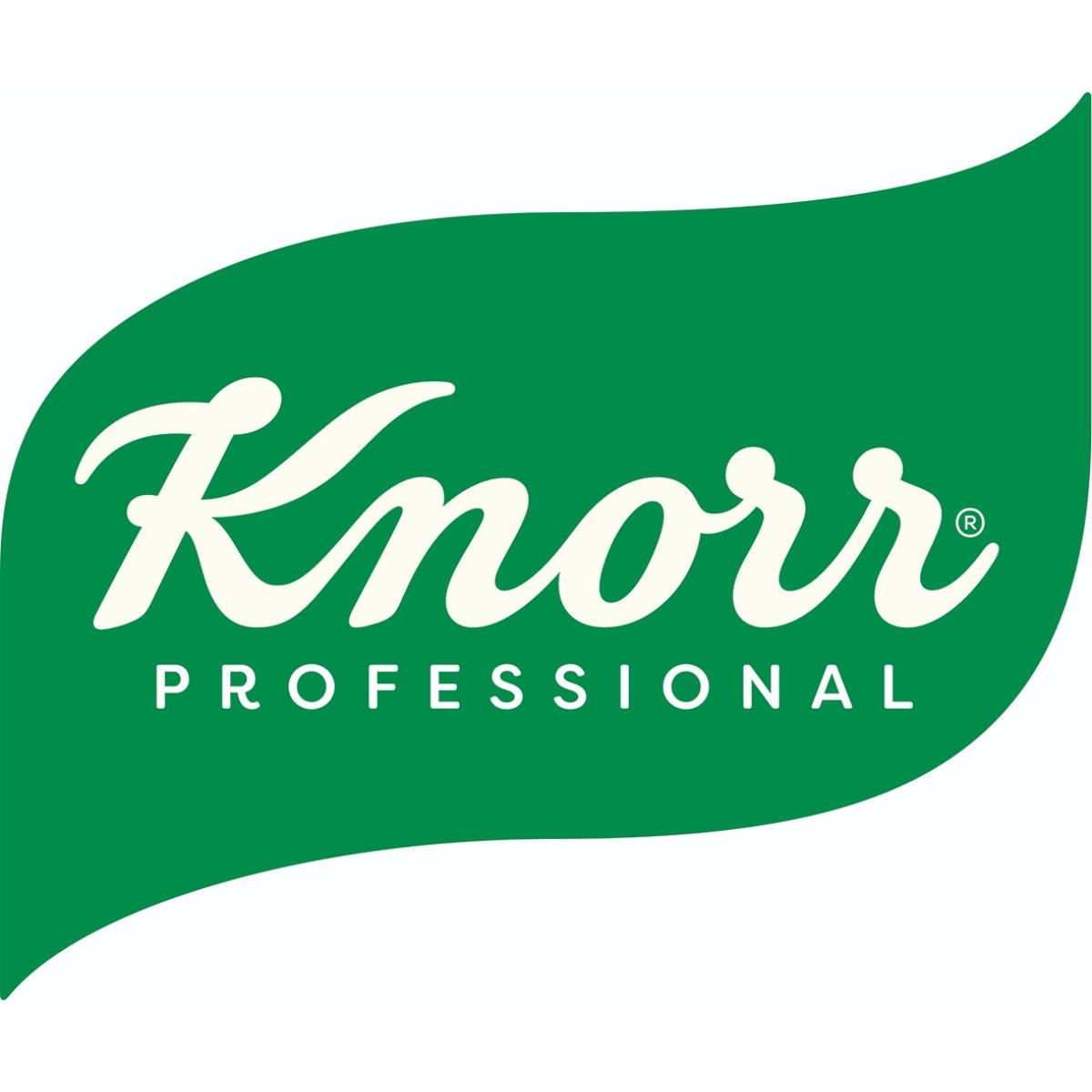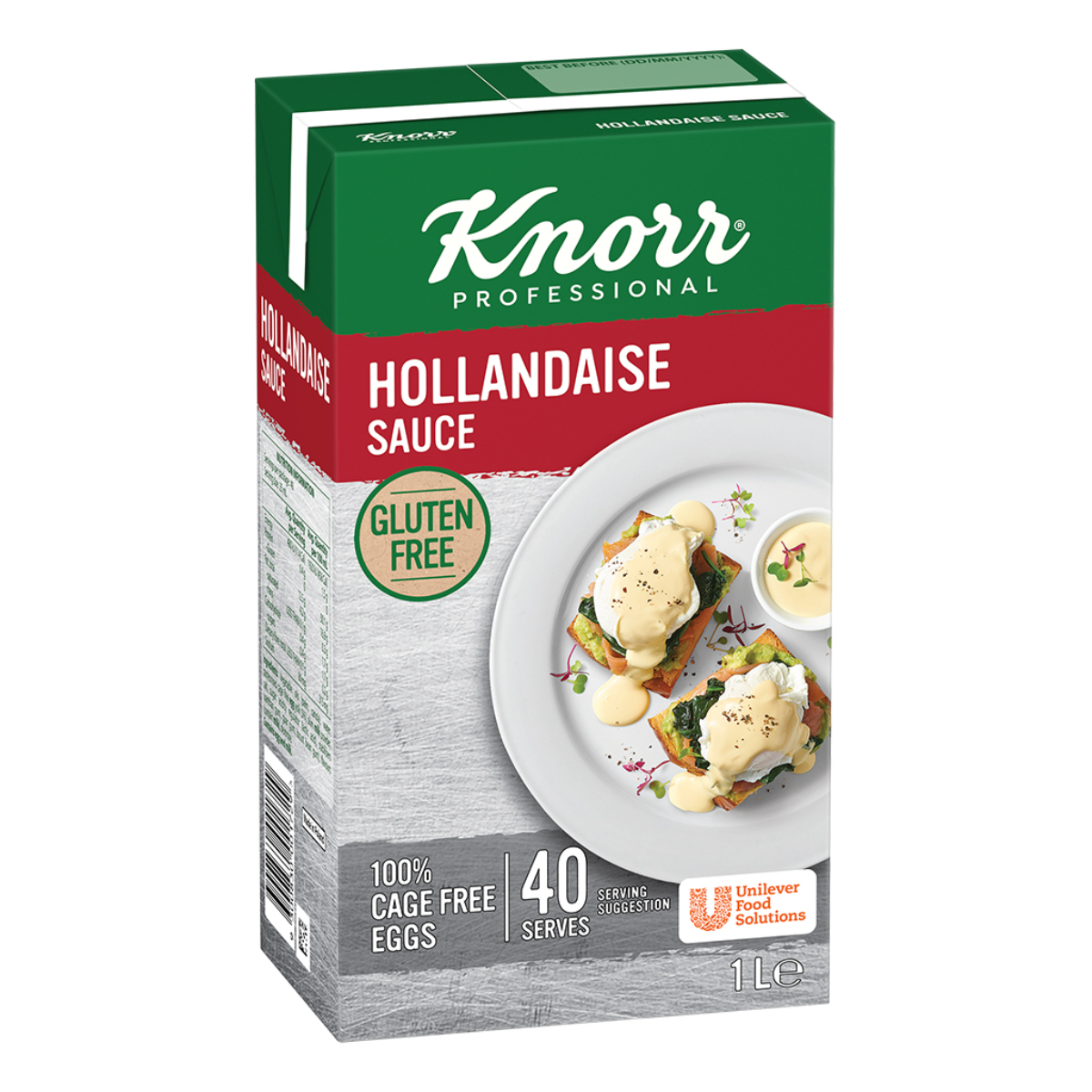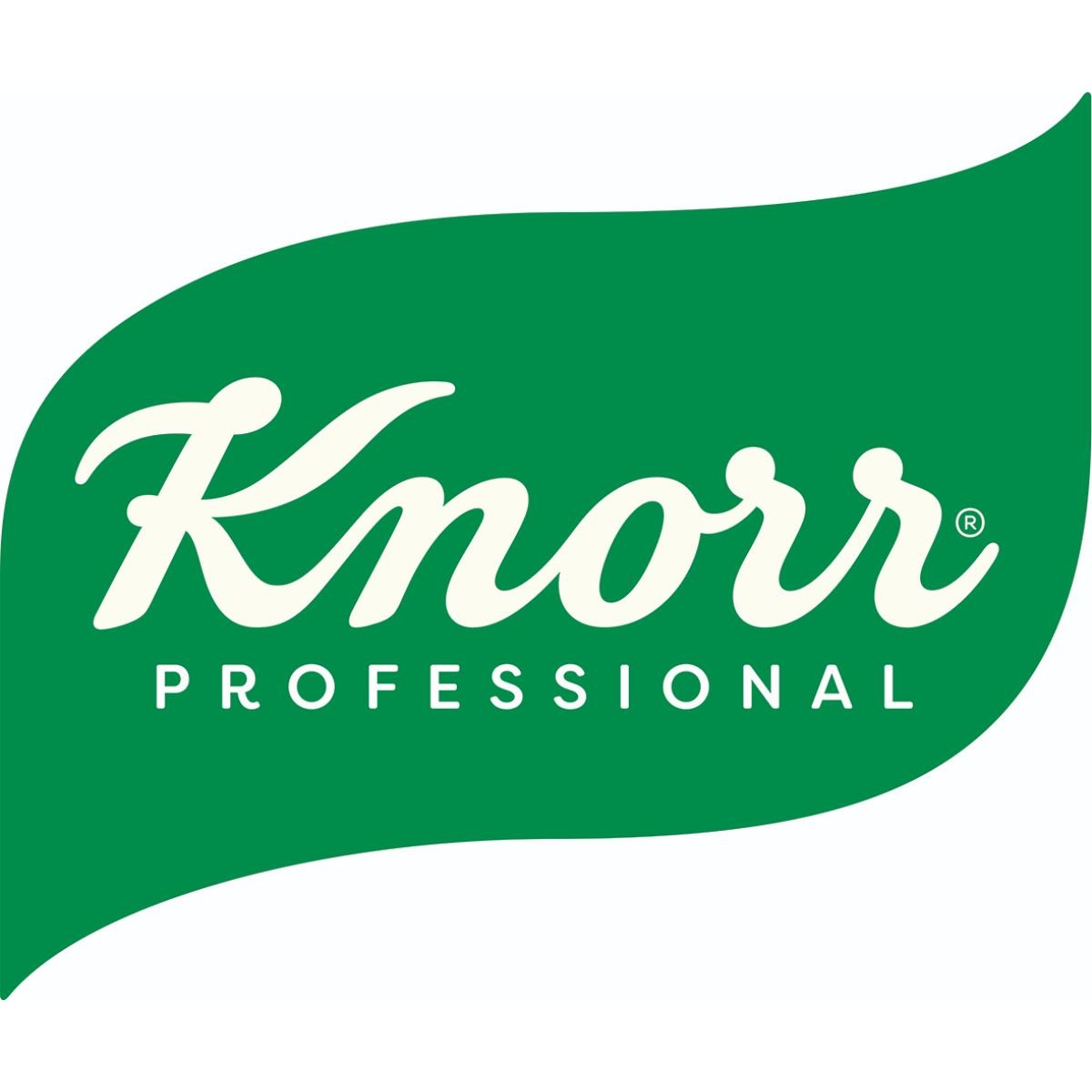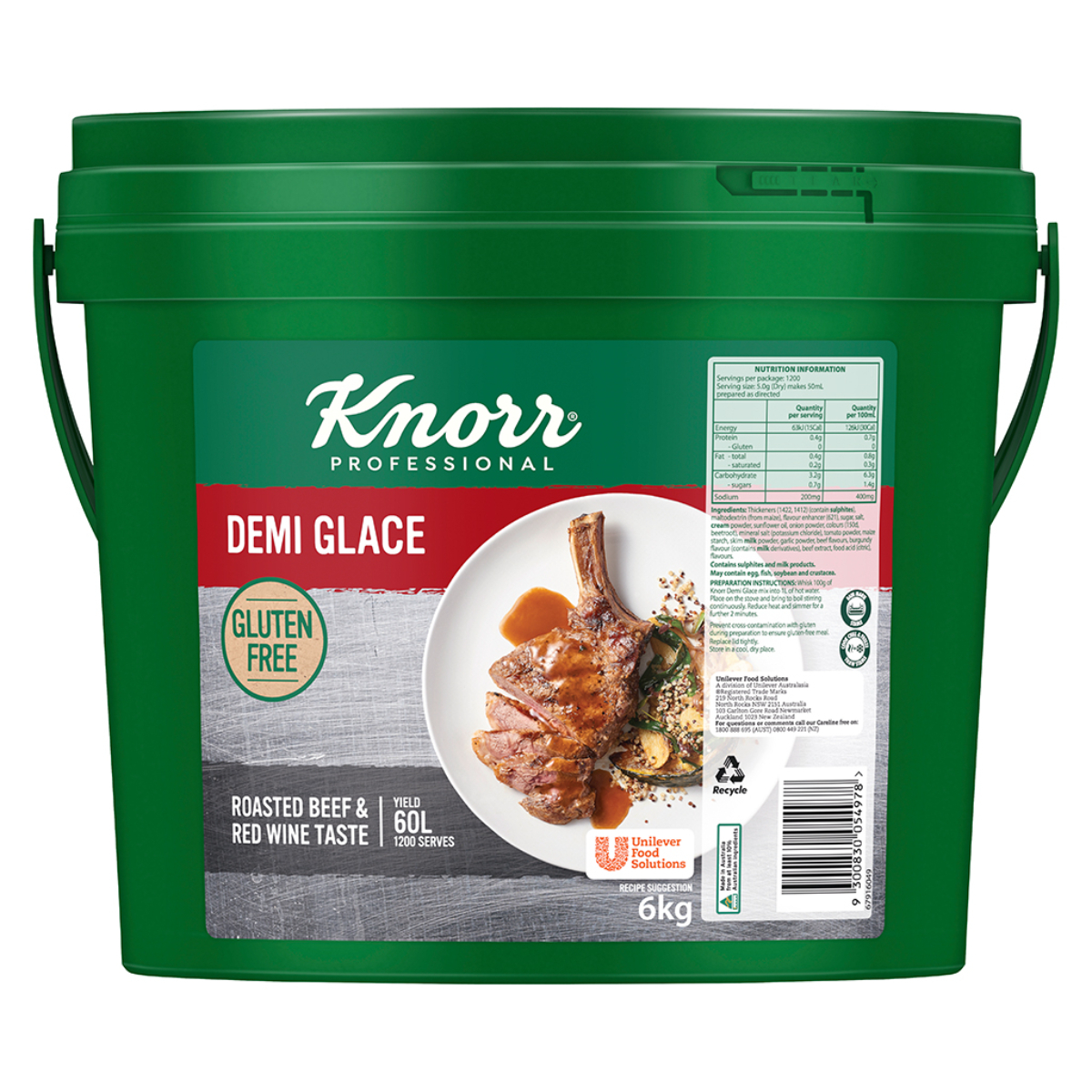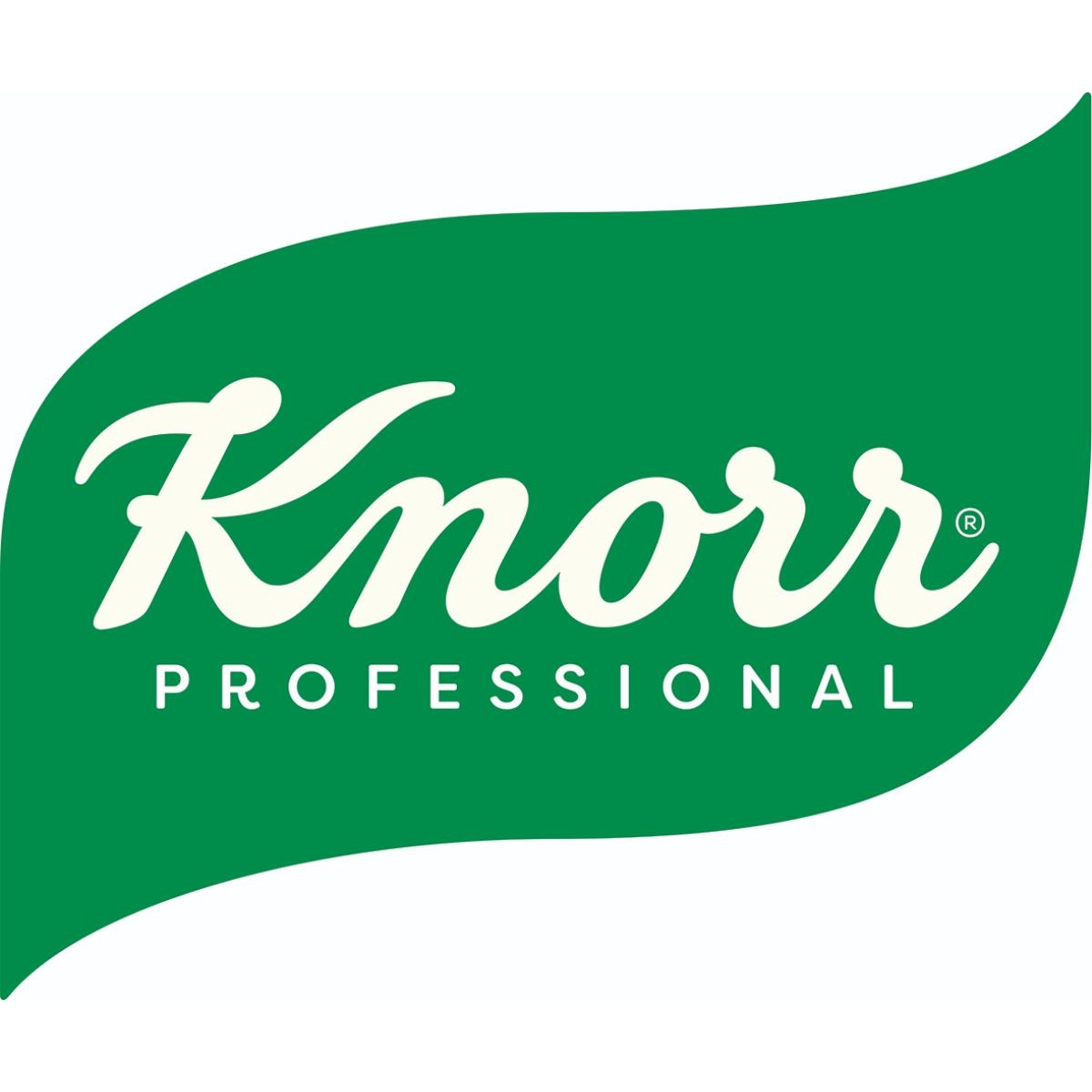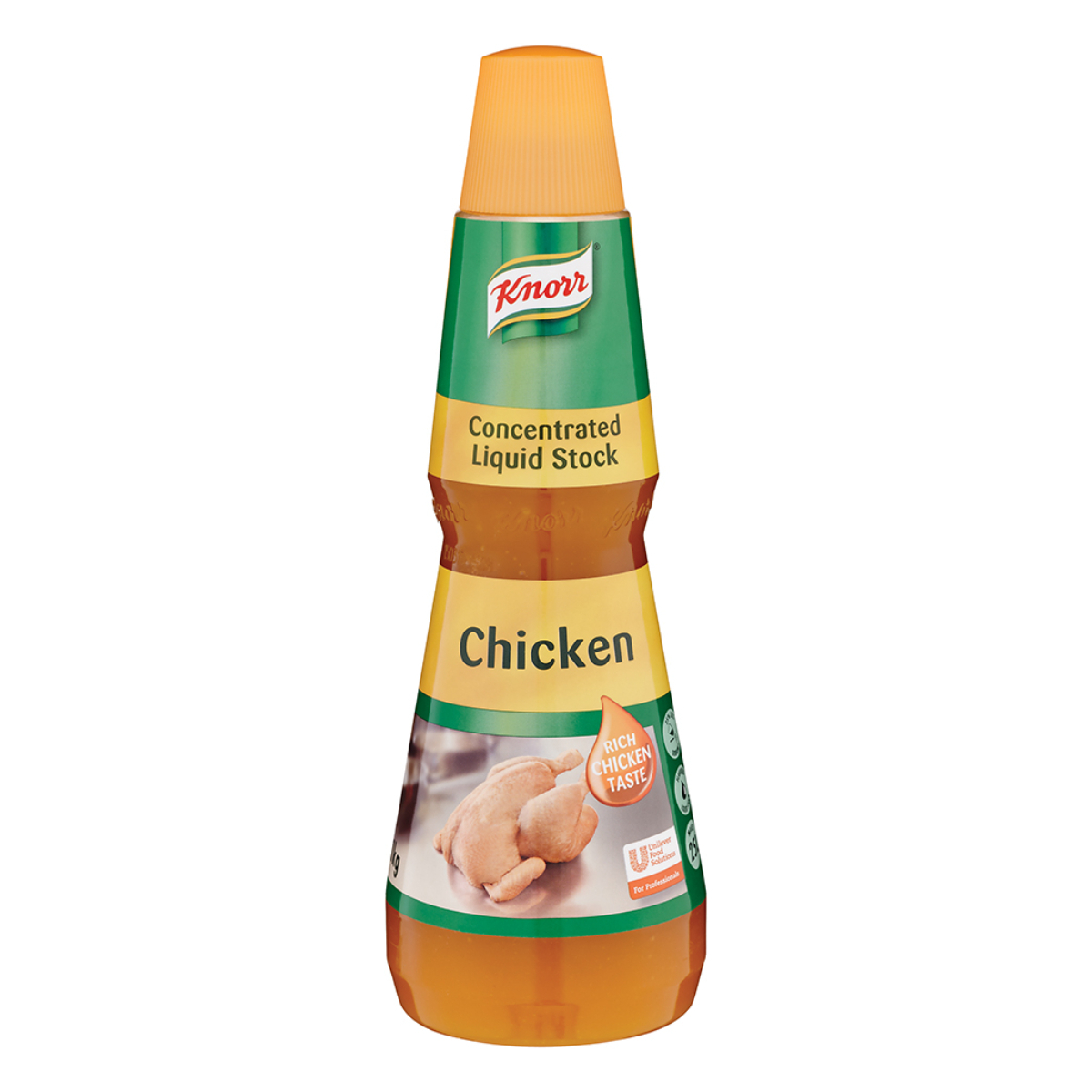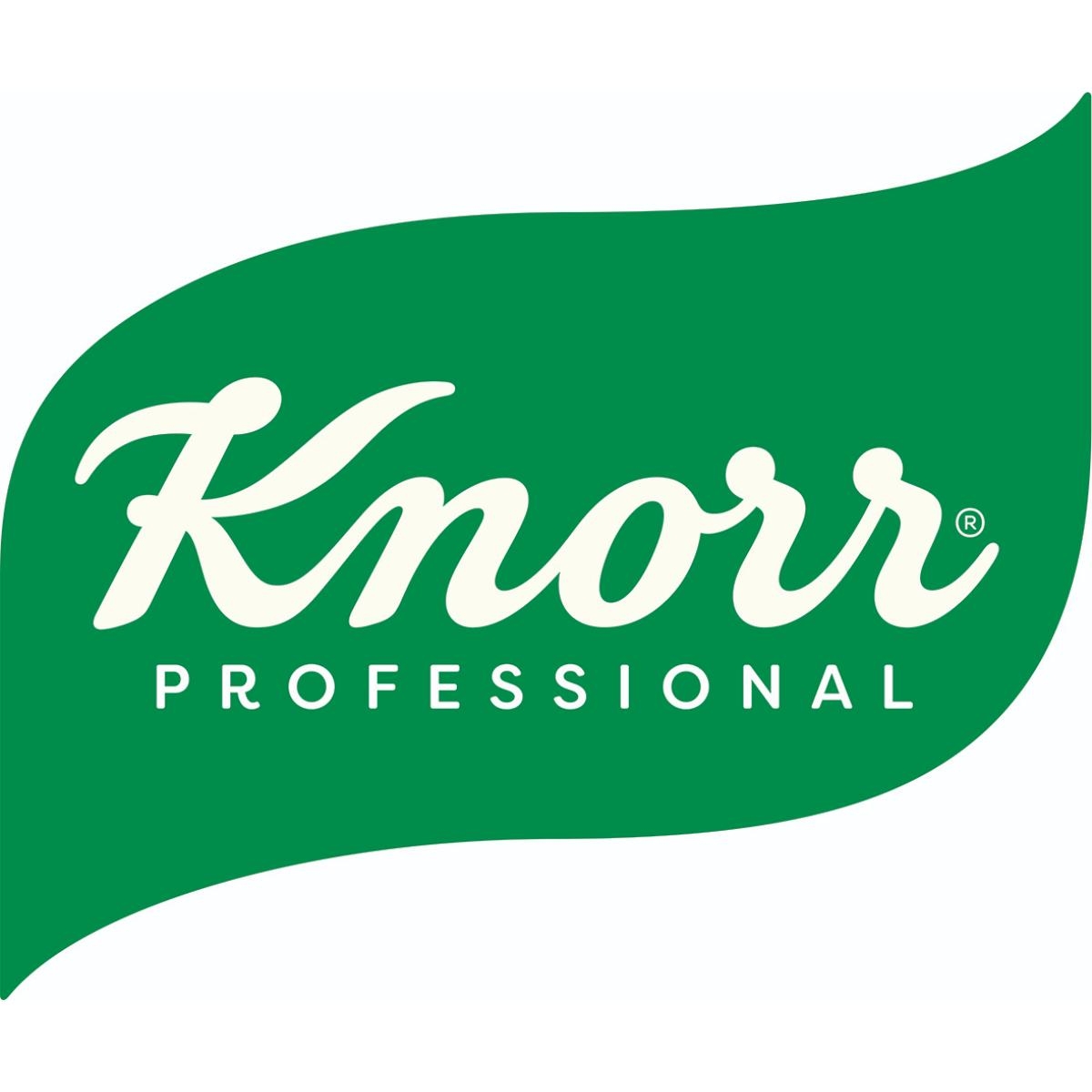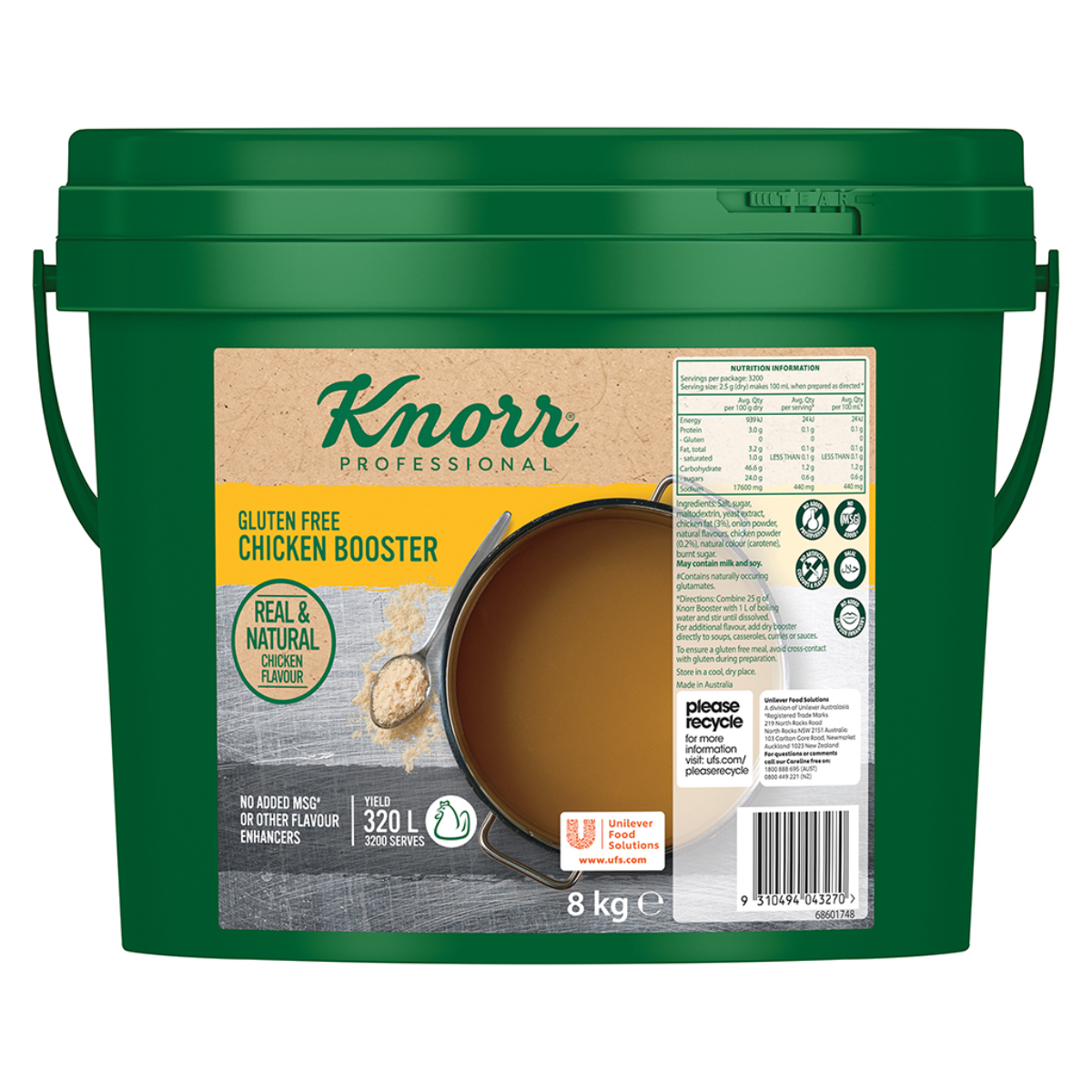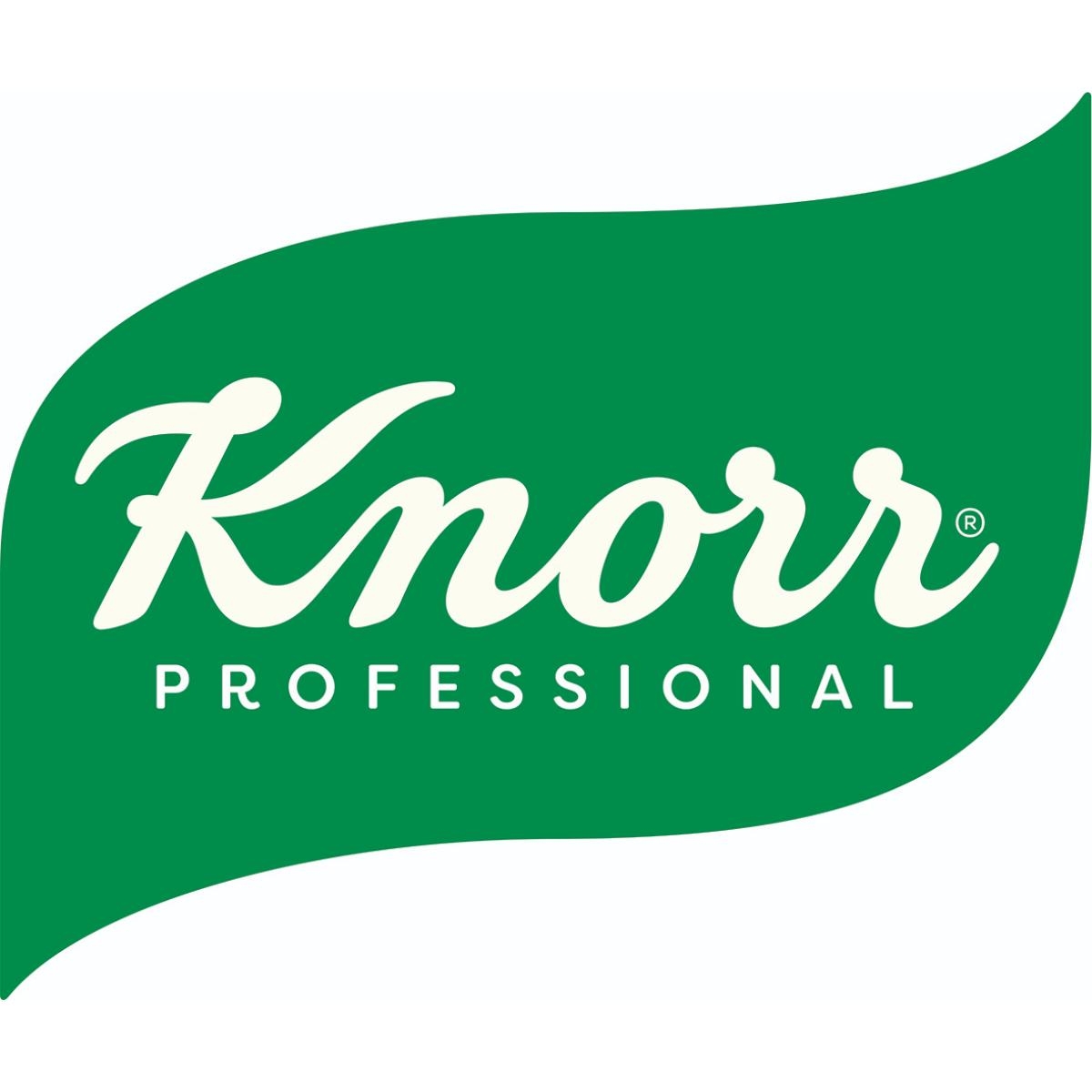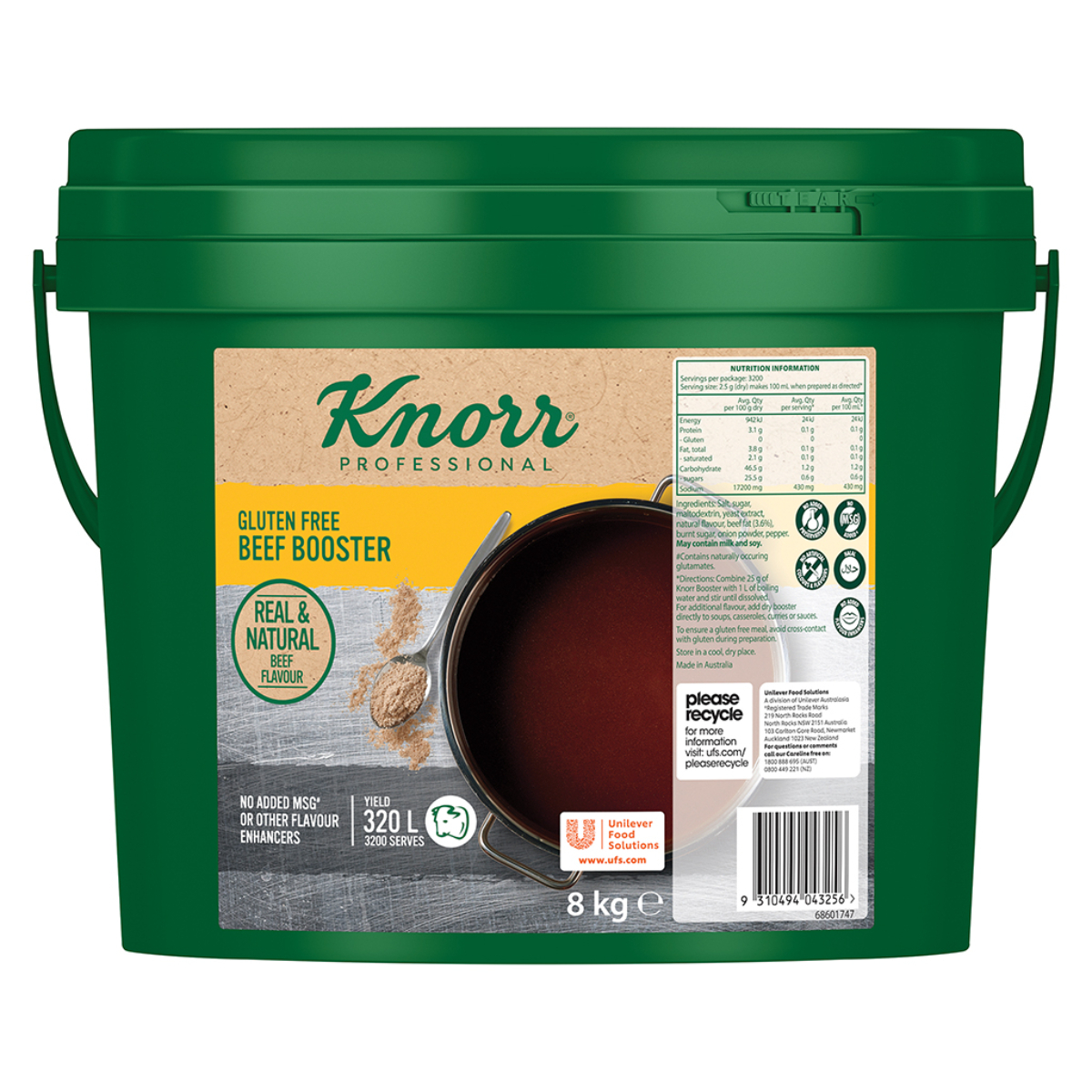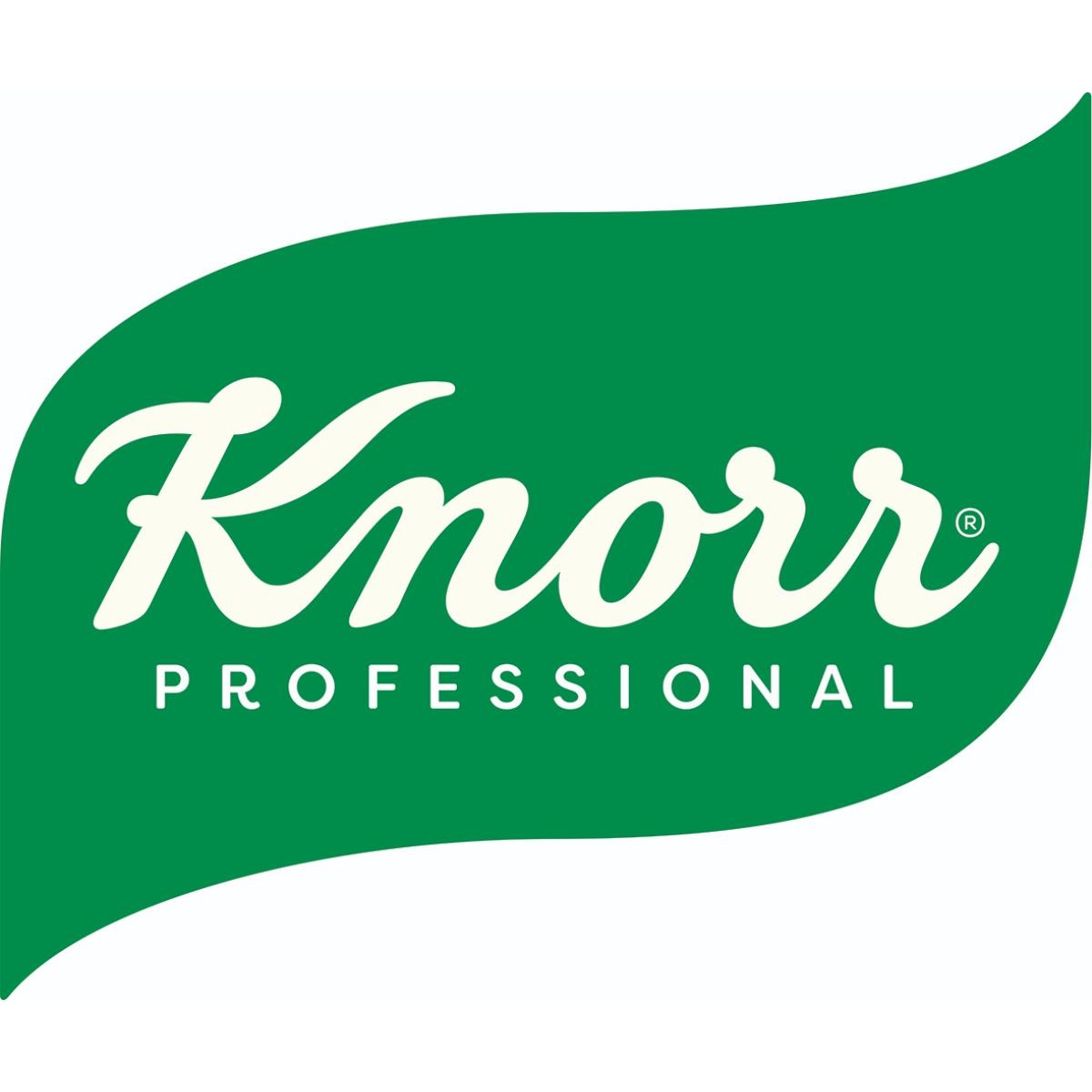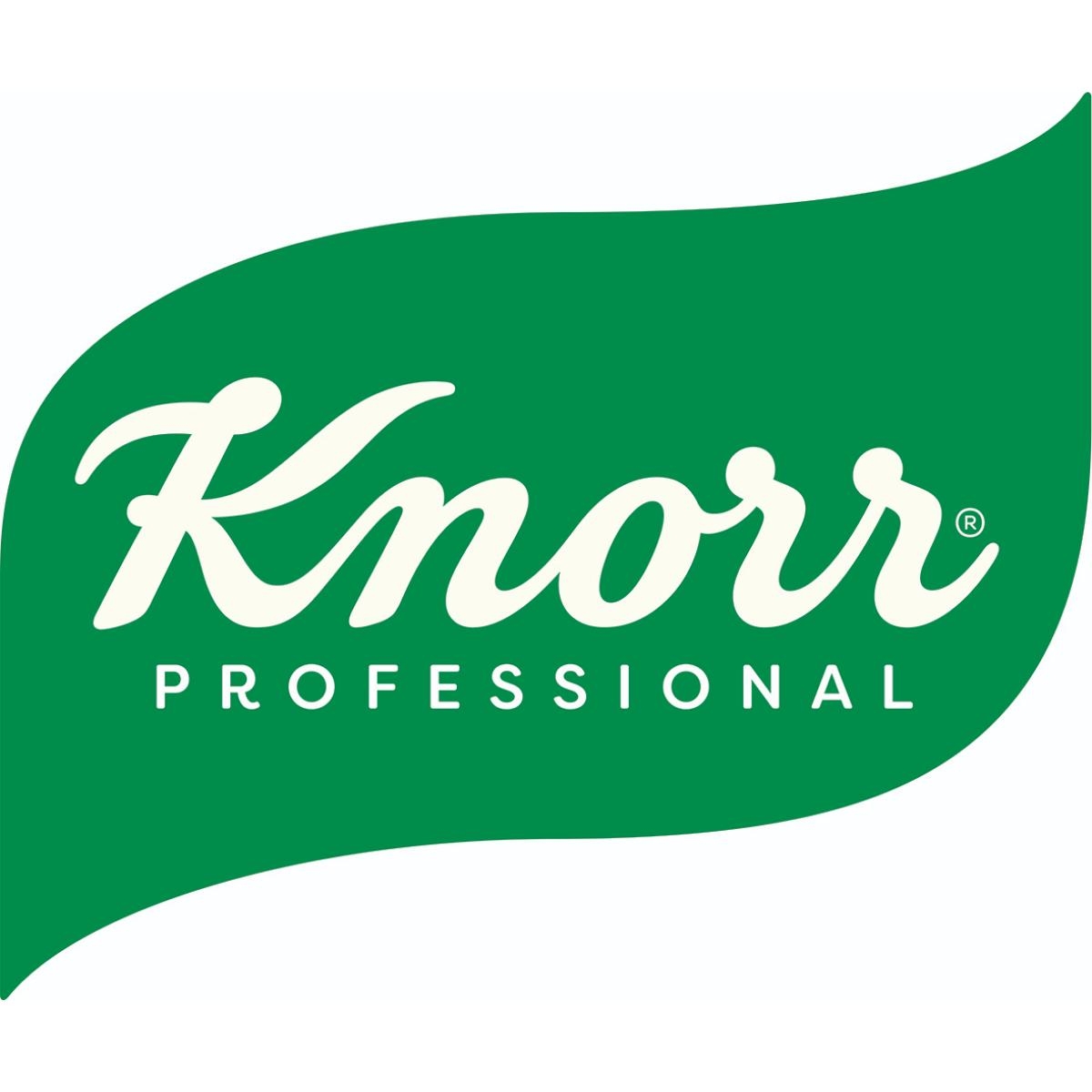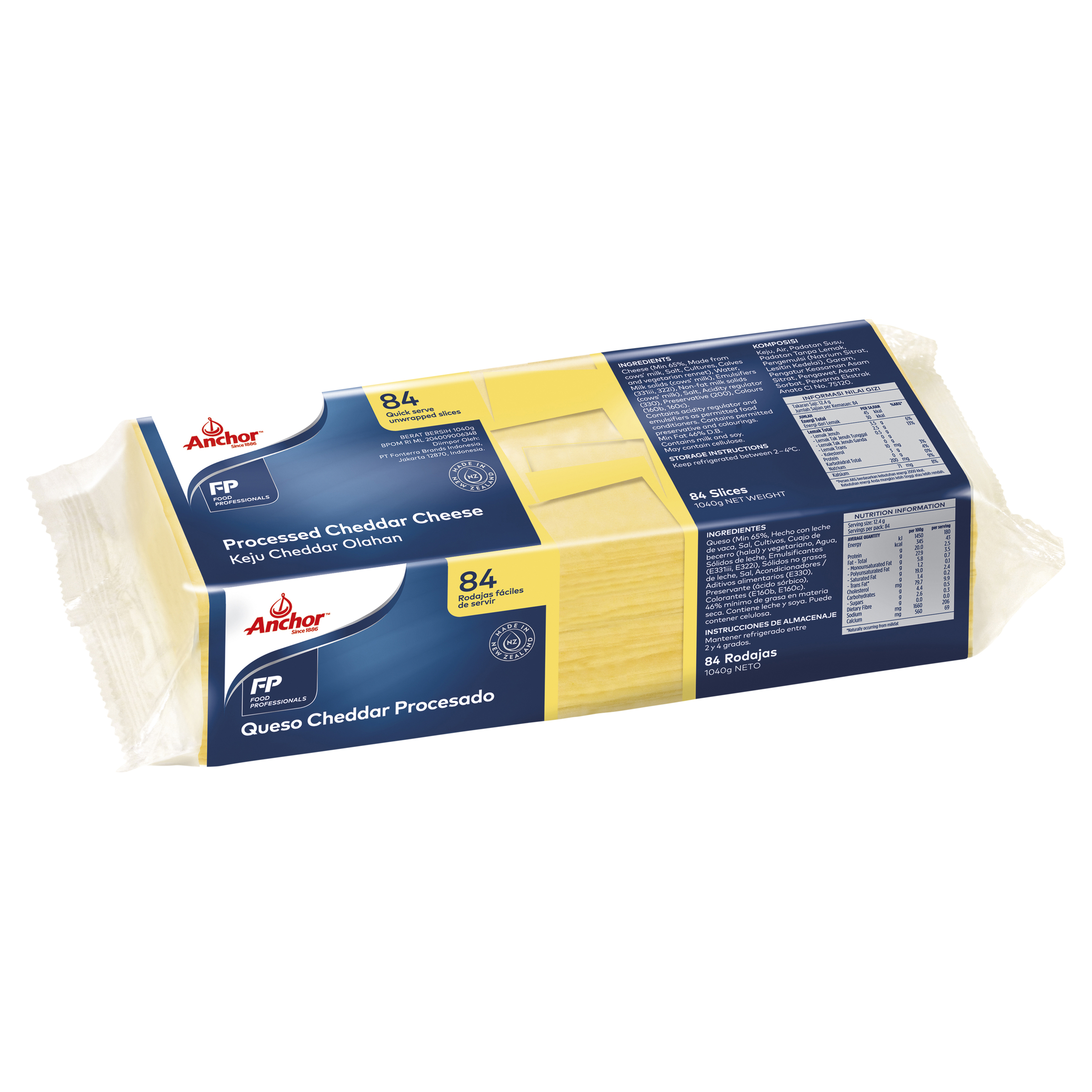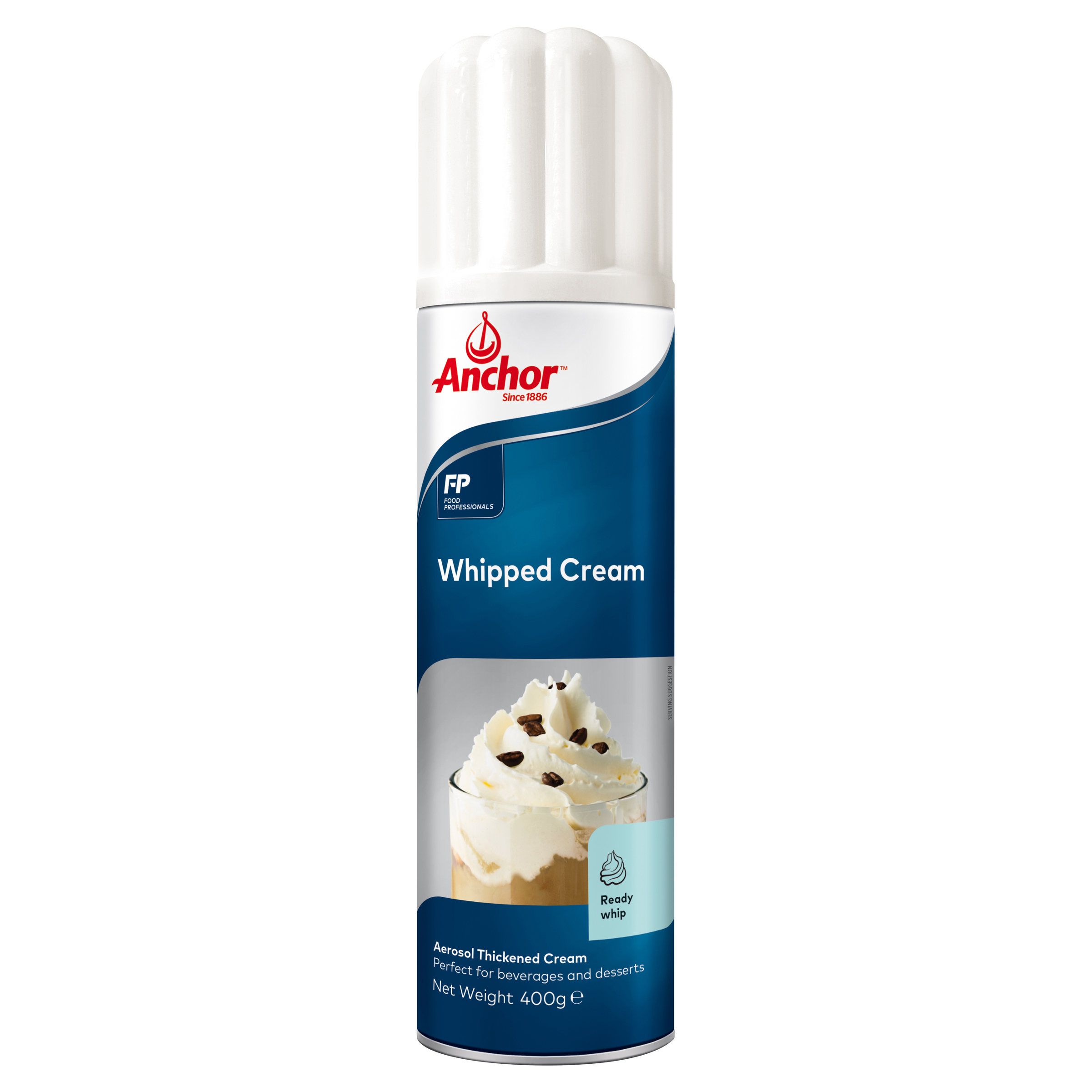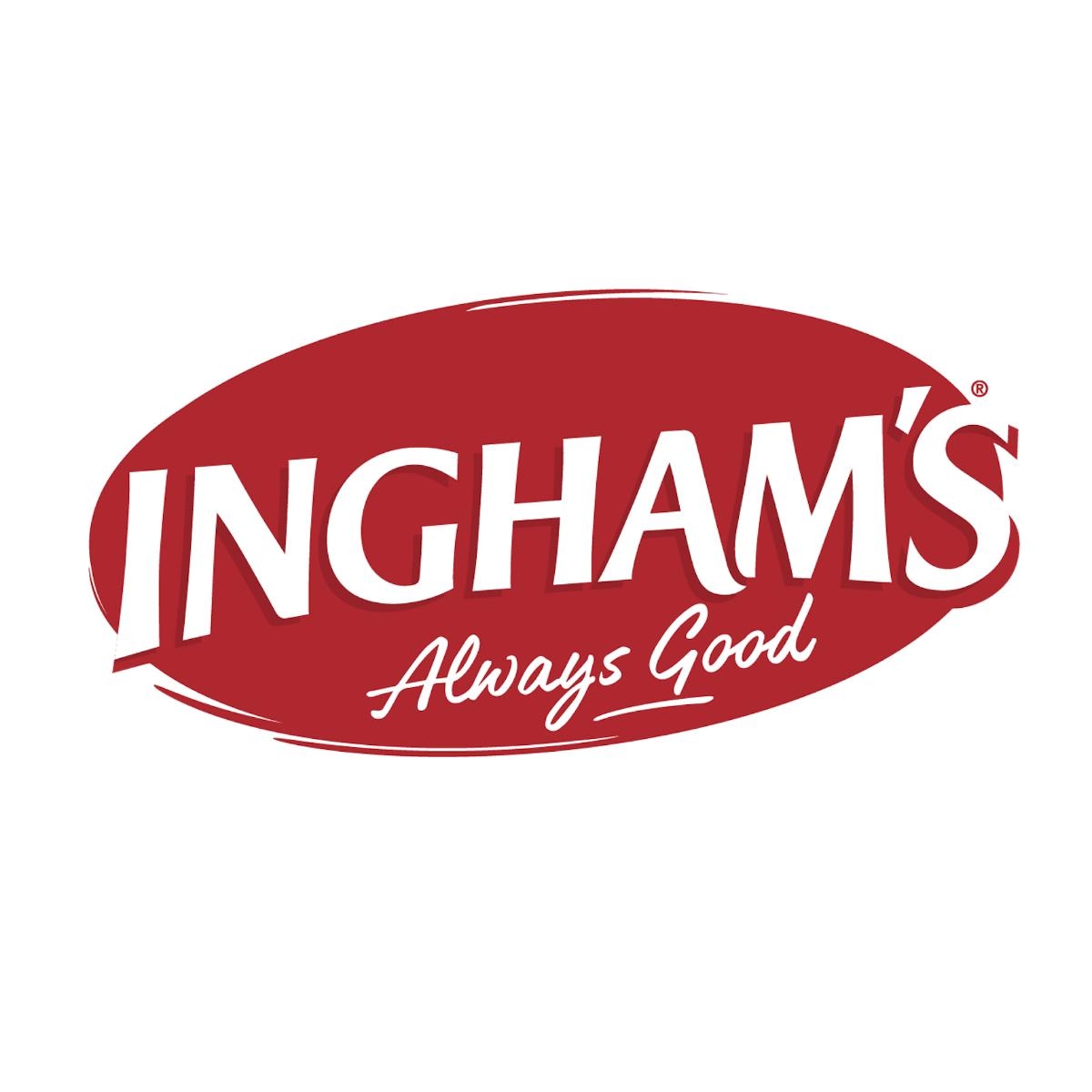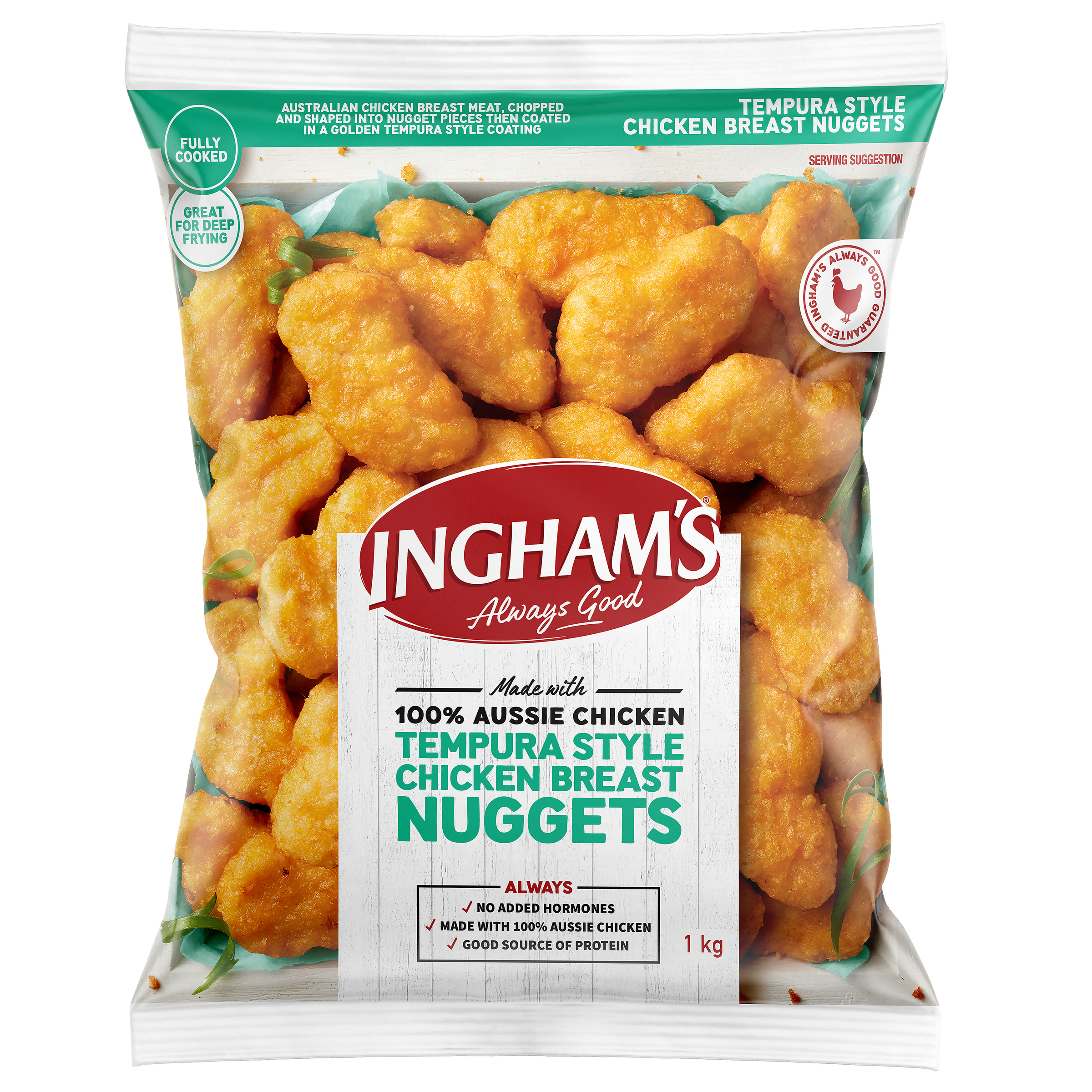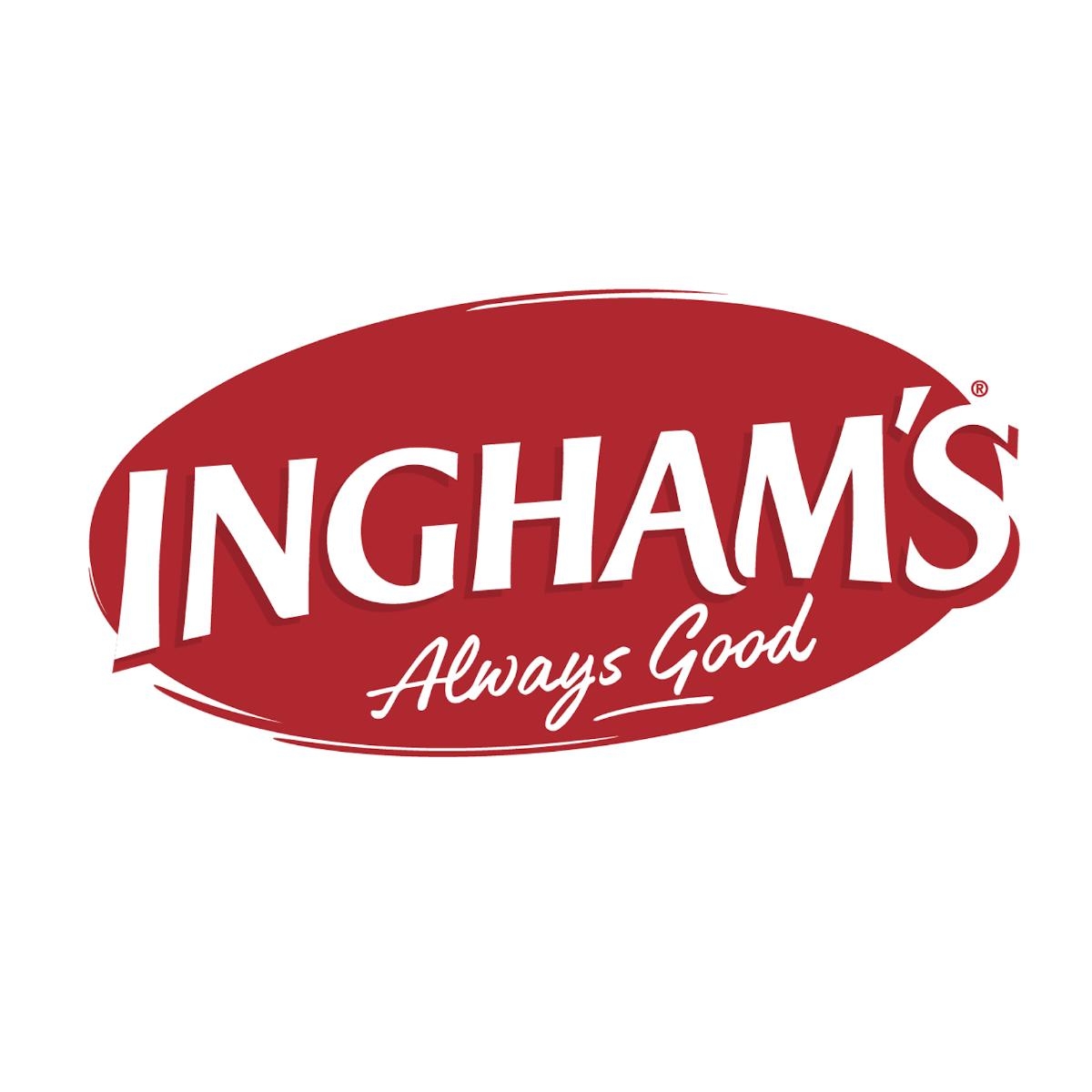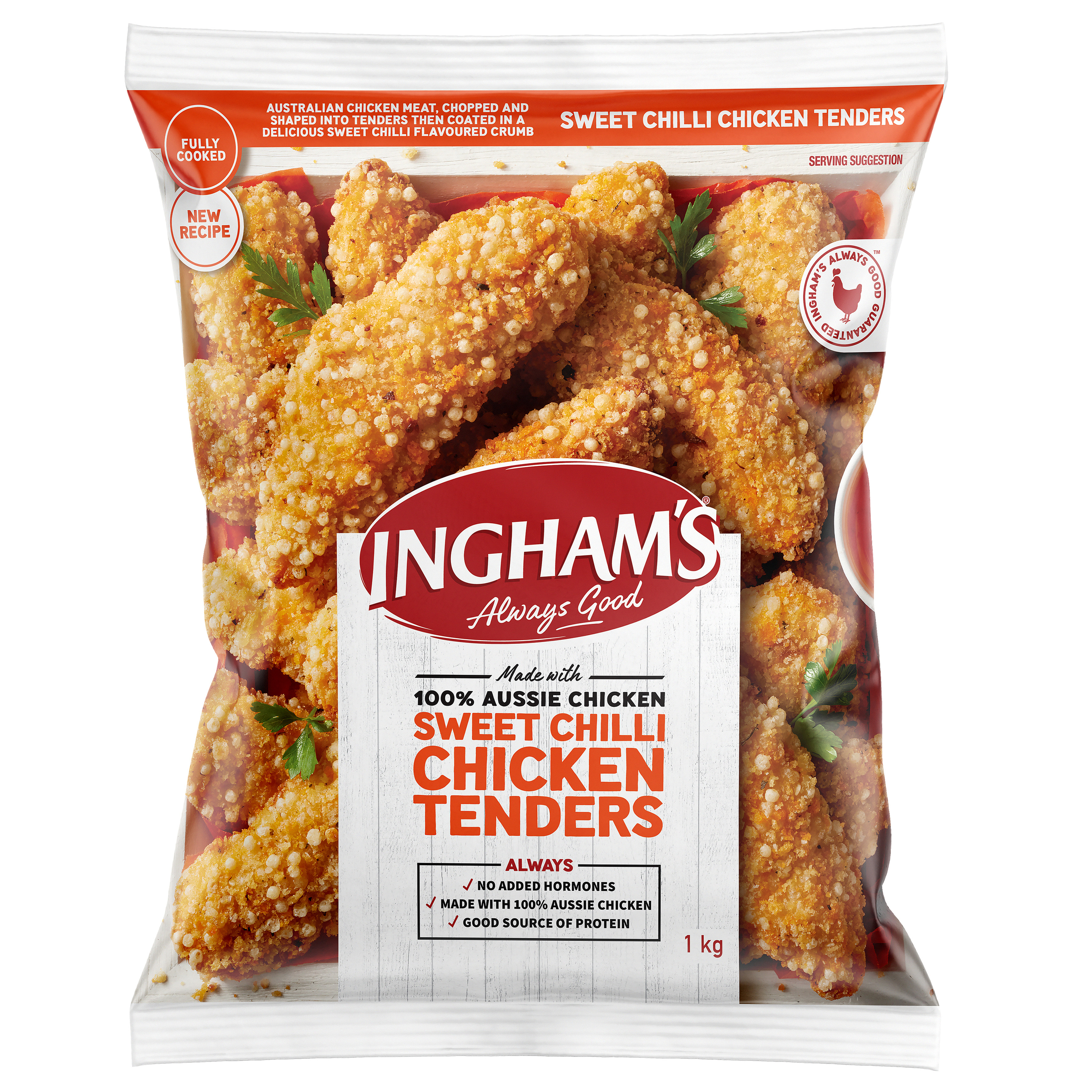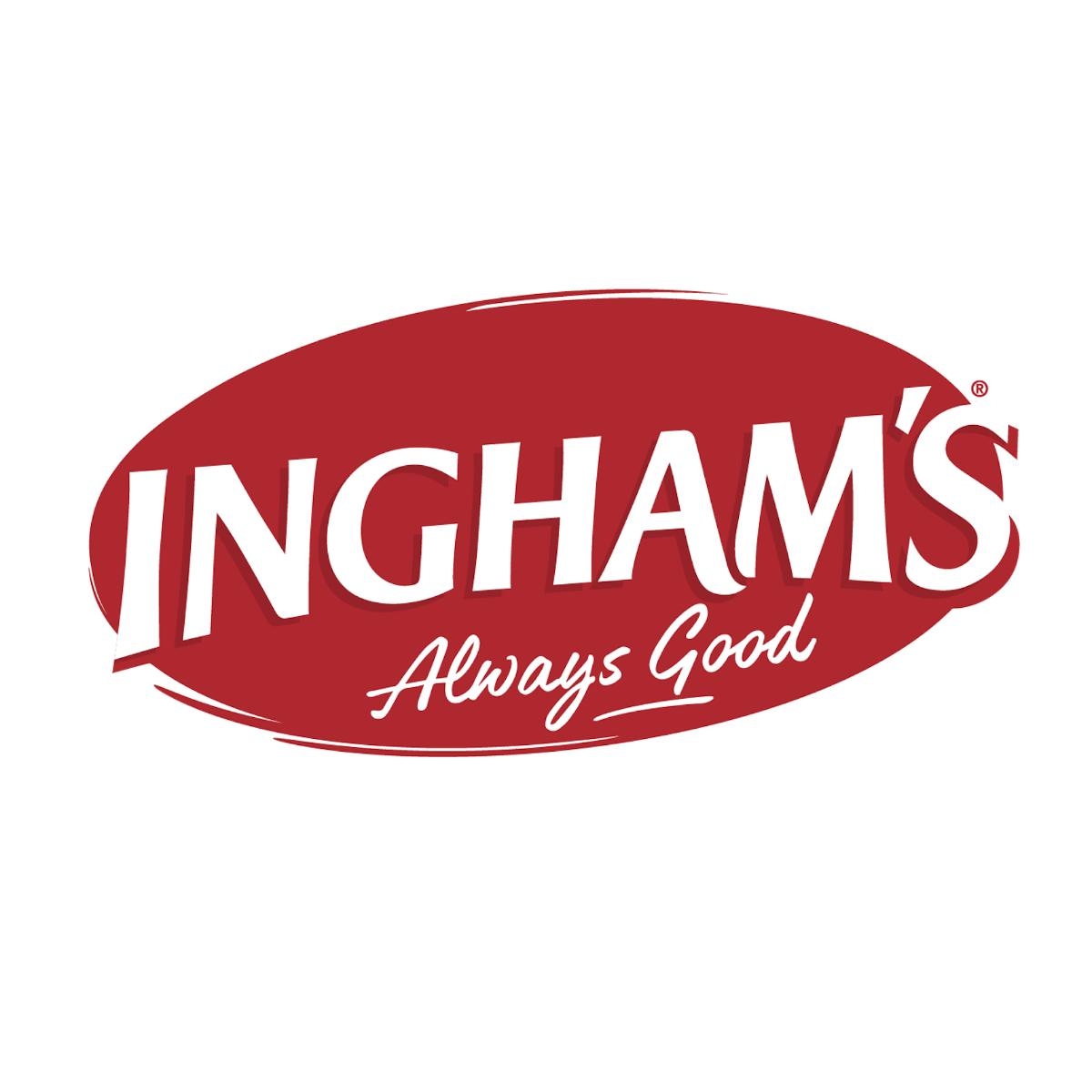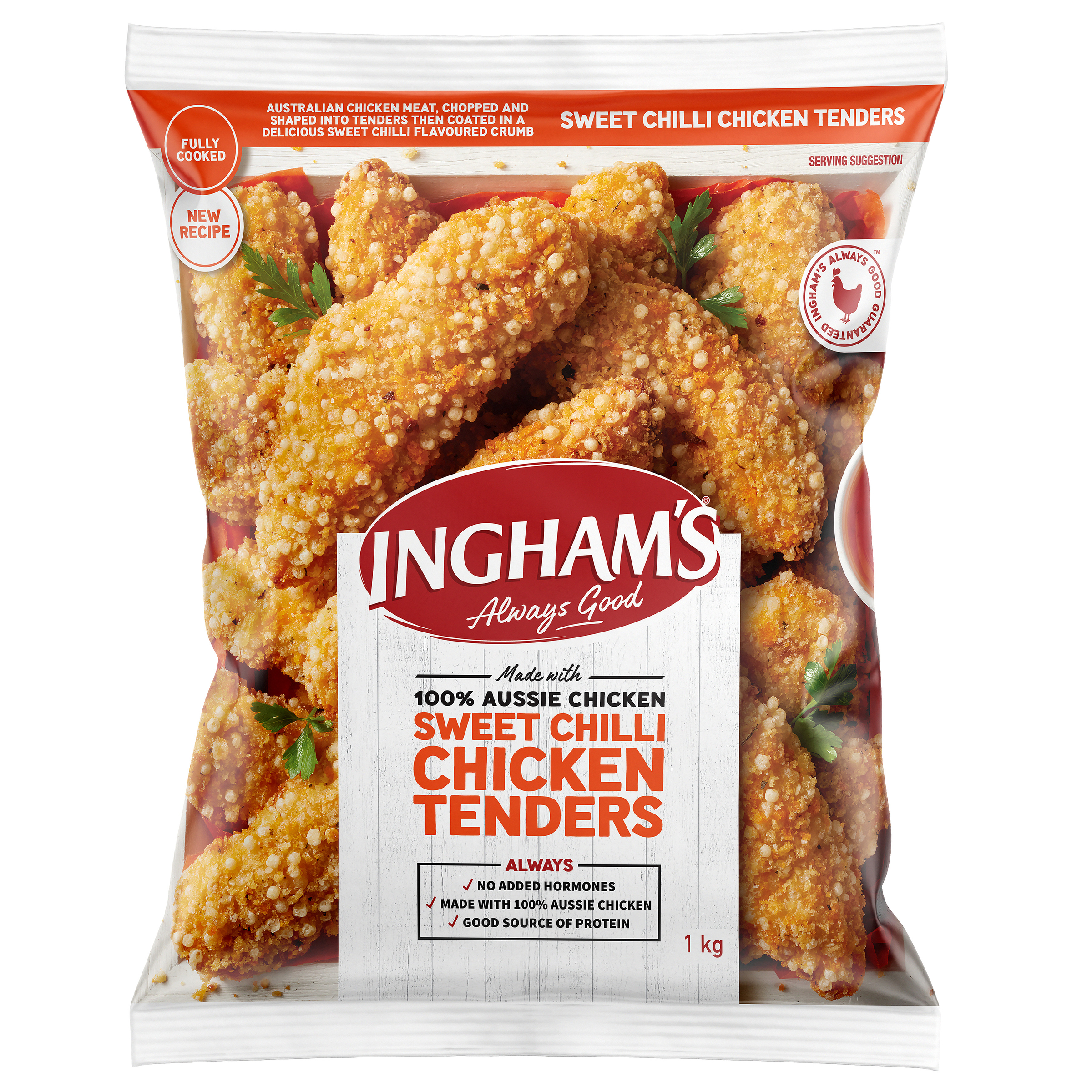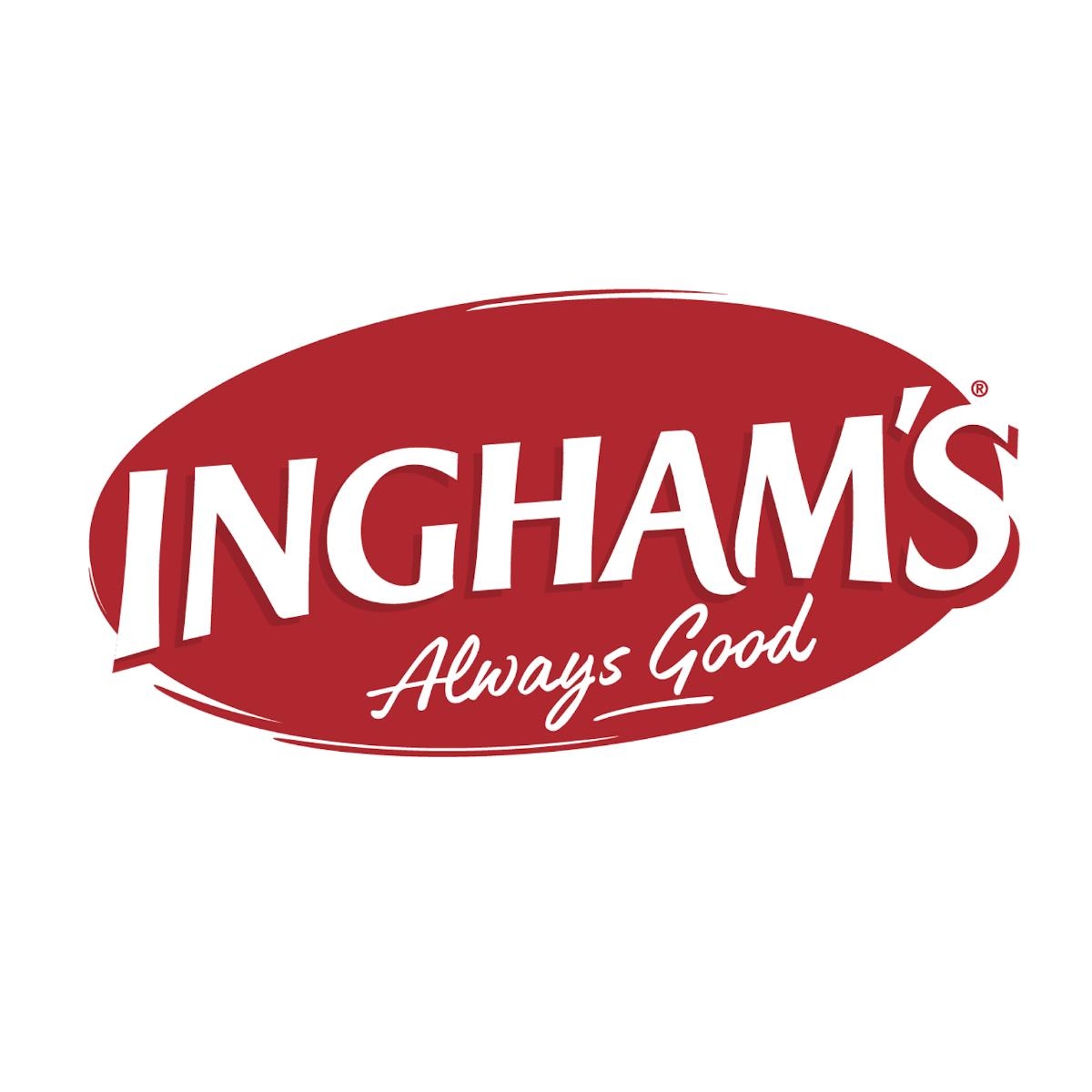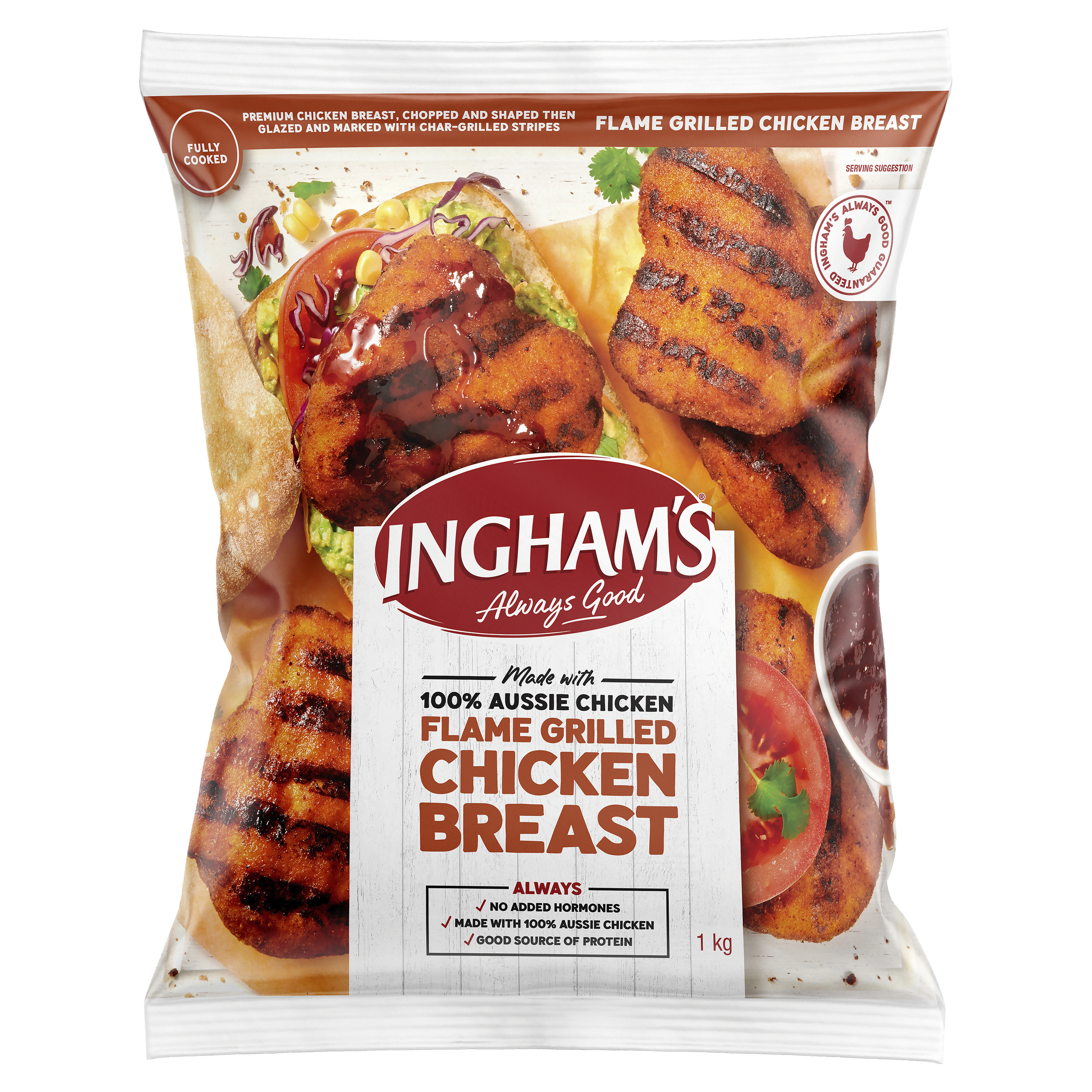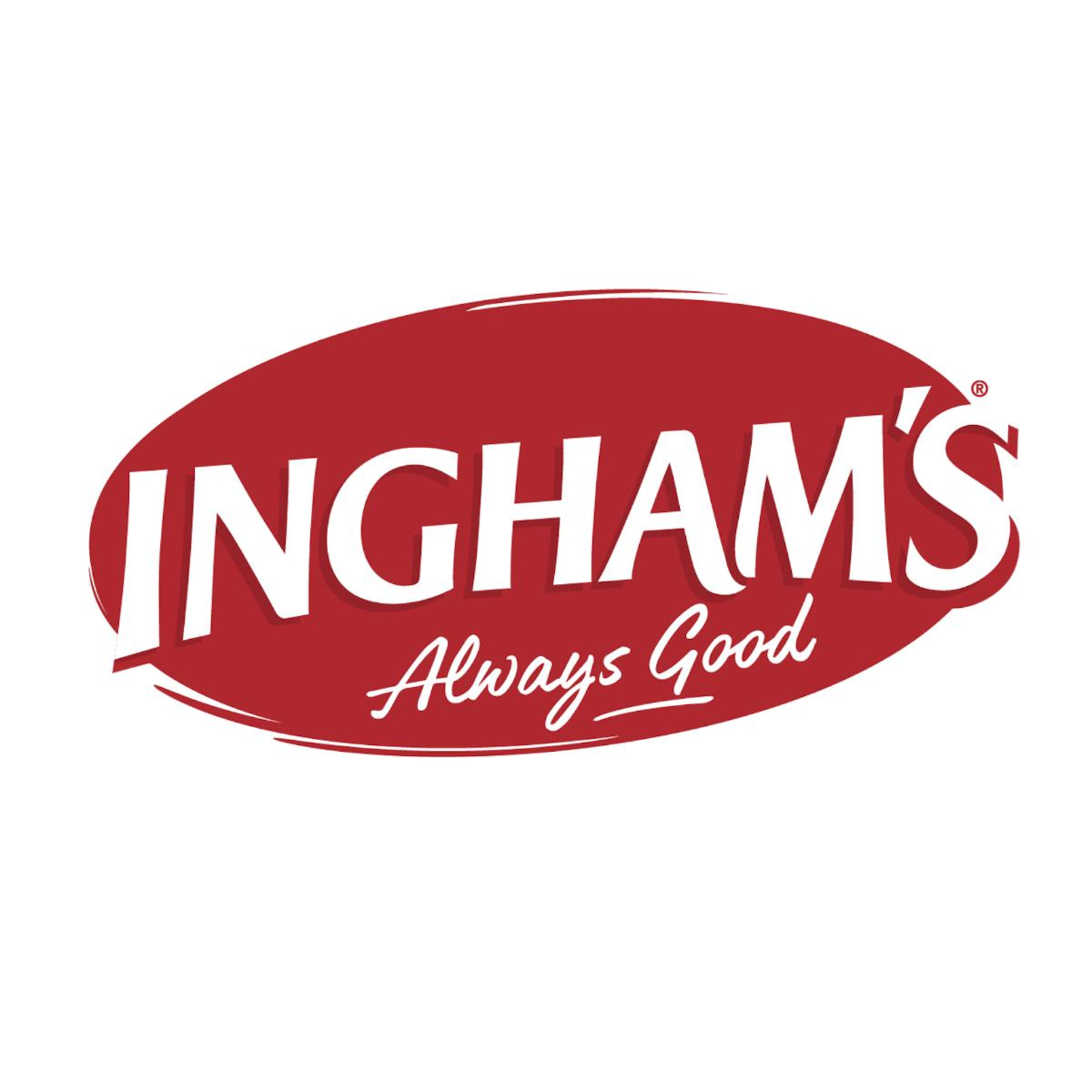Mat Lindsay on managing your own reactions, and having a good booking system
“I come at it from the angle of Chaos theory. Restaurants are hectic and anything can go wrong. I’ve found that I can’t really plan too far ahead. Instead, what I’ve become good at is just slowing down when something does go wrong and taking time to work it out with my head, rather than reacting or getting emotional. I’m taking a step back and realising that it’s not that bad and everything can be fixed.
Everyone has a tendency to react straight away. Some things do need that attention immediately, but other things don’t, and you can take your time with it and make a better plan for next time. It’s about slowing down to assess things.
We’ve just switched over recently to a new booking system [SevenRooms]. We’ve always battled with the way we book things; timeframes, seating, and just bums on seats. So, we’re making the most of a more efficient system.
Ester’s been around for a while and I’ve been cooking in restaurants for 25 years, but I’ve still been a bit old-school. Embracing all the technology has been a huge help with running things smoothly.
Before, if people were trying to book at a specific time – everyone wants 7.30pm on a Friday night – and it was full, that was all the customer would know, so they’d maybe book somewhere else. Now the system offers alternative seating times or our other venue.
Before [we had that functionality], our staff wouldn’t start until the afternoon and people would be calling all day to make bookings and getting frustrated with not hearing back, they’d leave multiple messages, or they’d find somewhere else. Now the system not only gives options, but it will rearrange the floor plan, so we don’t have to do it. It makes everything so much easier.”
Luke Mangan on consistency and listening to feedback
“Trying to stay consistent and relevant is probably the most important thing in my business. Being consistent in the level of experience you deliver is part of the brand, and that consistency keeps people coming back.
But it can be hard to be consistent because a restaurant is about so much more than food. It’s the lighting, the music, the wine, all of it. And to stay on top of it, you need to listen to the customers. We have managers in each outlet – a head chef and a restaurant manager – and working closely with them and holding weekly meetings is one way we do this. We work with them on any feedback.
As we say in the business ‘figures don’t lie’, if your figures are going up then that’s good, if they’re going down then there might be a problem that you need to address. You need to listen to your people [to see what needs adjusting]. I’m lucky all my senior team have been with me for a long time.
All the systems are important too, but the booking system is very important and is a way of communicating with our customers as well. It has to be seamless for a customer to get through and get a positive result. Nowadays there are so many choices of great restaurants and bars, so it’s important that when someone clicks onto Luke Mangan or Glass Brasserie it should be an easy process to book a table, make an inquiry or contact us about anything.”
Guy Turland on embracing technology and taking care of staff
“Two things I think we’ve worked really hard on and done well are, first, managing the shortage of staff [during and post COVID] by looking after them and really prioritising their physical mental health, and second, we also implemented the QR ordering system, to help lighten the load knowing that we were short staffed.
The way we’ve looked at it with the QR codes, is that it allows the customer to create their own journey while it allows our staff to put personality into their service. Now they can have a conversation with customers, rather than be engrossed in taking orders. It allows the staff to create a vibe, and to help people feel comfortable in the space.
But it’s not the only form of ordering… At the end of the day we’re welcoming people into our space and we want them to feel as comfortable as possible. We’re here to serve customers however they need to be served.
Staff wellbeing is something that is really important to us. We’ve had the same crew for a long time and that comes down to making sure that they’re getting paid well, but we also give them more staff discounts and we have an optional weekly group [fitness] session with all of our staff. It’s to work on fitness physically, but it’s also good for mental health and to build camaraderie. We’re all sweating together and hurting together and then we’re all sore together the next morning. Little things like that do go a long way. That’s a lesson that I’ve learned, you have to be willing to care and show that you listen.
I always say we’ve got 41 staff and that’s 41 different little worlds, with 41 partners, 41 daily problems, 41 colds. You have to be willing to work with those different personalities, and make sure they’re happy. Hospitality is hard and staffing is probably the hardest part of that, so you have to actually take care of and listen to your team.”

